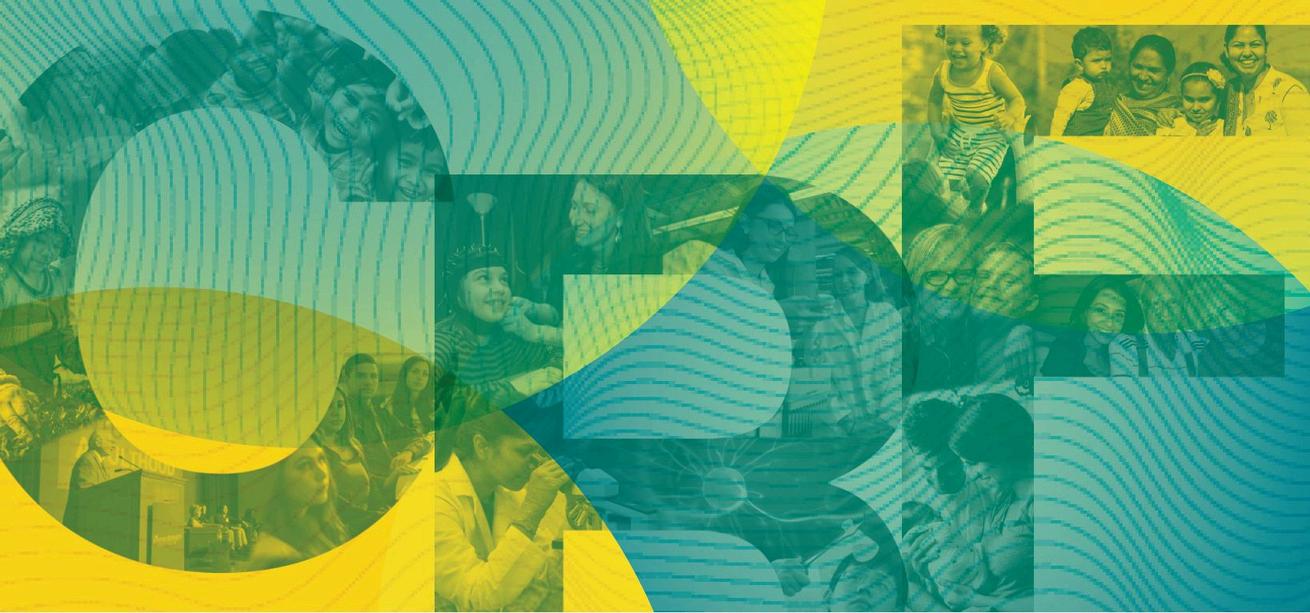

The Center for Research on Families 2025 Annual Report

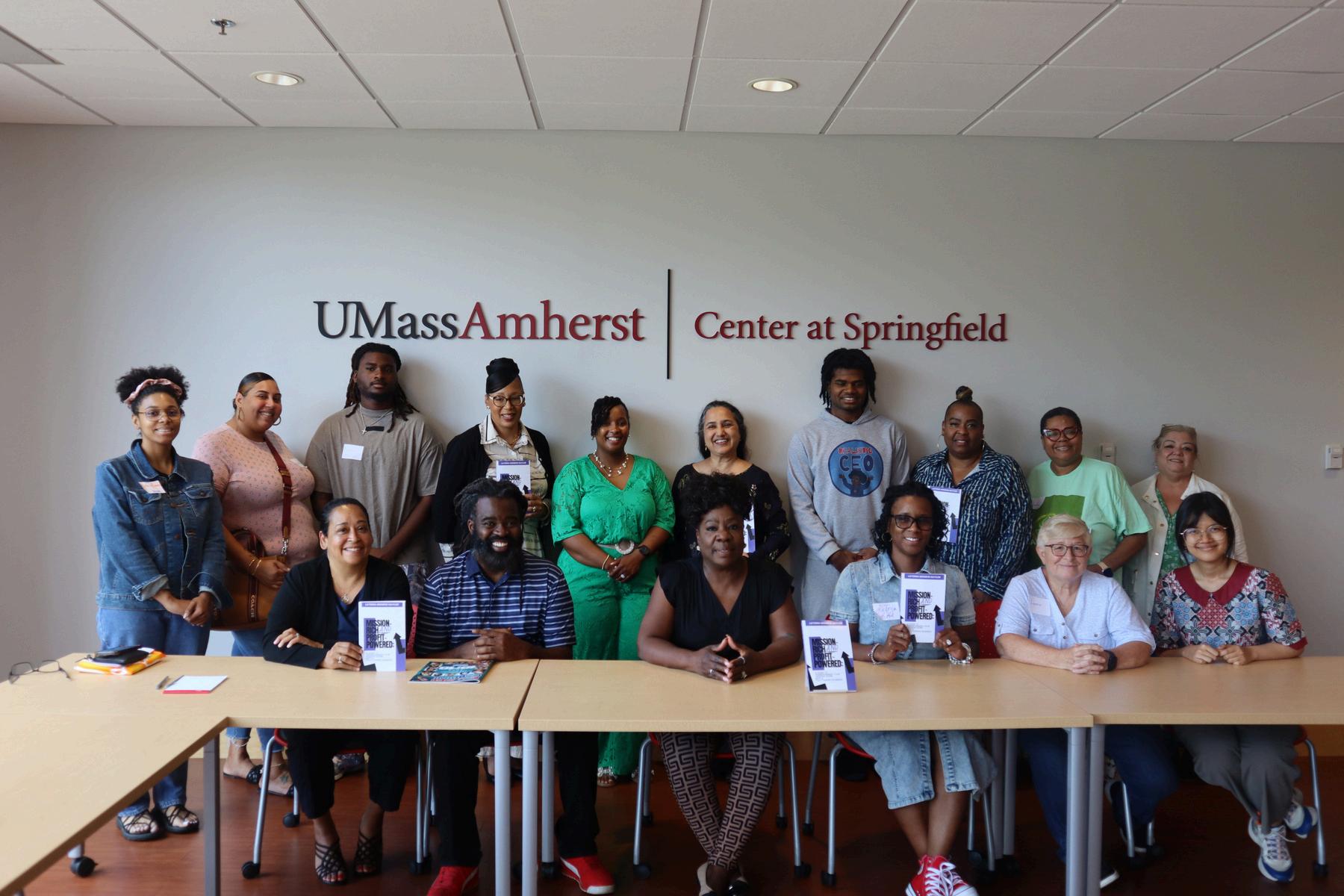
Photo taken during ESH Training Session with La Tonia Naylor, June 20 2025
Table of Contents
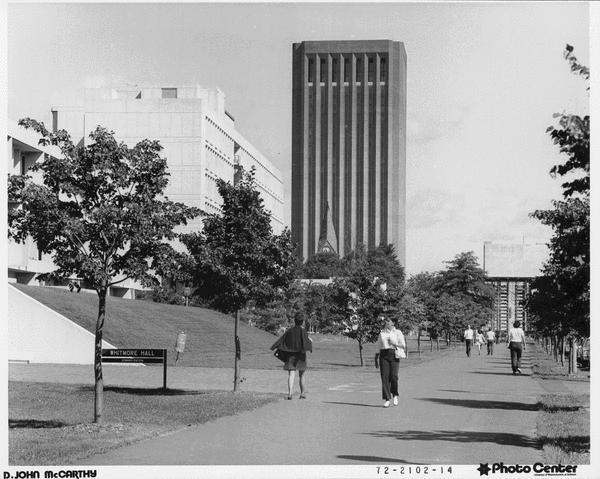
The Center for Research on Families Story
Our Story
The Center for Research on Families (CRF) has a long history and deep roots at the University of Massachusetts Amherst. Founded over forty years ago and supported by a generous endowment given in 1996 by Dorothy Dunklee Gavin ‘43 and Joseph G. Gavin Jr. In 2003, the original Center for the Family was transformed into today’s Center for Research on Families and has continued to grow in its importance and significance across the UMass Amherst campus and beyond.
The Center for Research on Families is supported by the Provost’s Office and the Office of the Vice Chancellor for Research and Engagement. It is housed within the College of Natural Sciences, which provides administrative and operational support. The College of Social and Behavioral Sciences, where CRF was originally established, continues to be a foundational supporter. Key partners in CRF’s work represent colleges and centers from across the UMass Amherst campus. Additional generous support comes from endowments established by Dorothy and Late Joseph G. Gavin Jr. including the Edna Skinner and Tay Gavin Erickson Funds, and many other valued donors.
Our Vision
The Center for Research on Families is uniquely positioned in its dedication in promoting interdisciplinary research with families and children by combining insights from social, behavioral, and natural sciences. CRF reflects UMass Amherst’s land grant mission through our center’s advocacy for community engaged research and teaching to serve and aid families not only in the Commonwealth but across the Globe. Through our interdisciplinary collaboration we are able to produce clever and researched backed solutions while taking into account systematic inequities and addressing global issues that face modern families.
Our Mission
CRF’s mission aligns with the UMass Amherst commitment to advancing knowledge and serving the common good of humanity through research, collaboration, and innovation.
Promote, conduct, and translate high quality, substantive research on issues affecting families
Teach, mentor, and support family researchers throughout their careers
Engage with the community to improve family outcomes and inform social policy
Advance social justice by promoting diversity, equity, and inclusion through our research and programming
What is Family Research?
At CRF, we recognize that families come in many diverse structures, including single-parent households and those of different sexual orientations, gender identities, and cultural backgrounds. We believe that families are best understood within the context of their social settings, through an intersectional lens that considers factors such as class, race, ethnicity, sexuality, gender, age, and ability. This inclusive approach ensures that all families—regardless of structure or identity—are represented and valued in our research. Moreover, we view research from all disciplines as essential to our mission, as it provides comprehensive insights into the complex realities families face.
Some of our recent areas of research and outreach:
Springfield Prescription Produce Collaborative – a Food as Medicine program created in collaboration with Wellspring Cooperative and Baystate Health
Greater Springfield Women’s Economic Security Hub Study – a research effort carried out with the Women’s Fund of Western Massachusetts
Methodology collaboration in grants on implementation of suicide prevention programs for Native Alaskan Communities
Collaboration with National Collaborative for Philanthropic Young Women’ Initiatives
Facilitating internships for high school
STEM students in the community
Researc
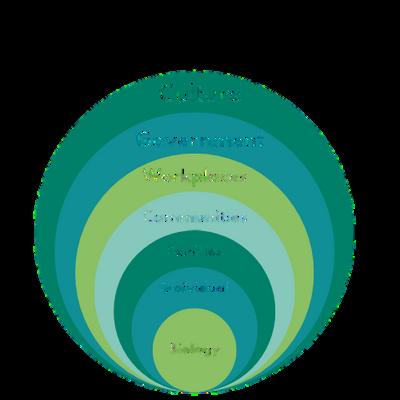
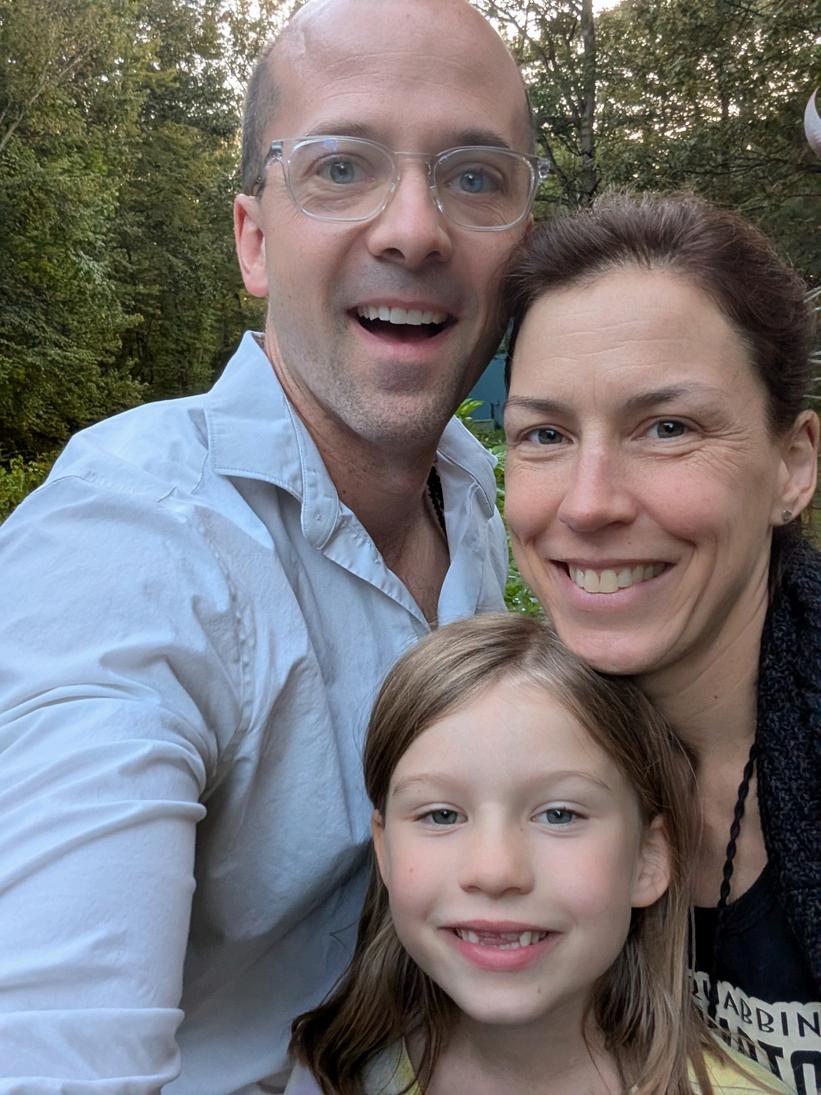
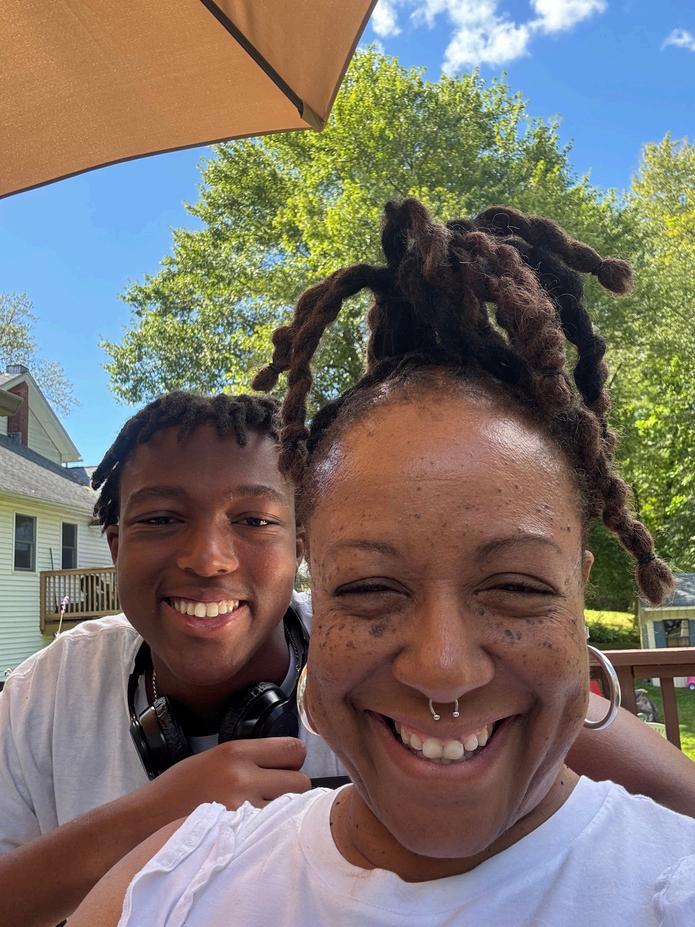
Dr. Lucinda Canty (FRS 2024-2025) with her son Ryan
Dr. Kevin Young (FRS 2024-2025) and family
Impact During a Time of Change
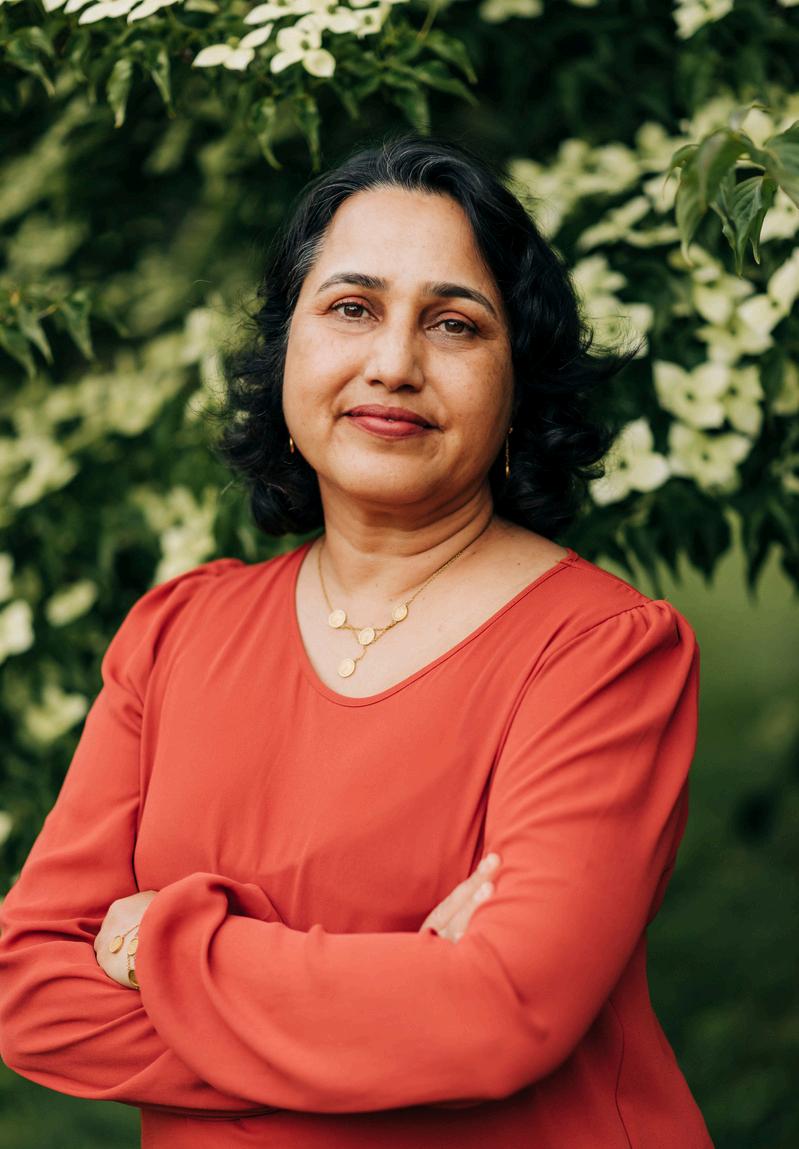
Ph.D.
Dear Colleagues, Supporters, and Community,
As fiscal year 2025 closes, I reflect with pride on a year shaped by hope, challenges, resilience, and deepened partnerships. Amidst ongoing federal funding cuts, the Center for Research on Families (CRF) has remained steadfast in its mission: to advance scientific inquiry, support faculty in research development, and produce rigorous, community-rooted research that improves the lives of families and advances equity.
CRF is incredibly fortunate to have an amazing team — dedicated staff, world-class faculty, brilliant students, and a visionary steering committee. Their expertise and commitment drive meaningful, evidence-based impact. Our collective work this year has demonstrated what’s possible when scholarship is collaborative, open to interdisciplinary dialogue, grounded in lived experience, and aligned with public purpose.
As we move into FY26, we are focused on evaluation, reflection, and the advancement of research about and in collaboration with families. Across all initiatives — local and national — we are developing robust tools to measure long-term impact, inform policy, and scale effective practices.
CRF’s work is a testament to what’s possible when research serves people and partners with community. Thank you for your continued support and shared commitment to justice, learning, and public good. I am so excited about CRF’s future because of the trust you have in us and the love that our community partners shower us with. Go UMass!
With appreciation,
Lorraine Cordeiro, Ph.D., M.P.H. Director, Center for Research on Families University of Massachusetts Amherst
Lorraine Cordeiro
Director’s Professional Activities
Research Leadership & Administration
Continued leadership as Director, Center for Research on Families, UMass Amherst.
Appointed Co-Chair, Faculty Senate Research Council (2025–present).
Serving as Faculty Senator, District #26, Faculty Senate (2024–present).
Advisory Board Member, Community Servings.
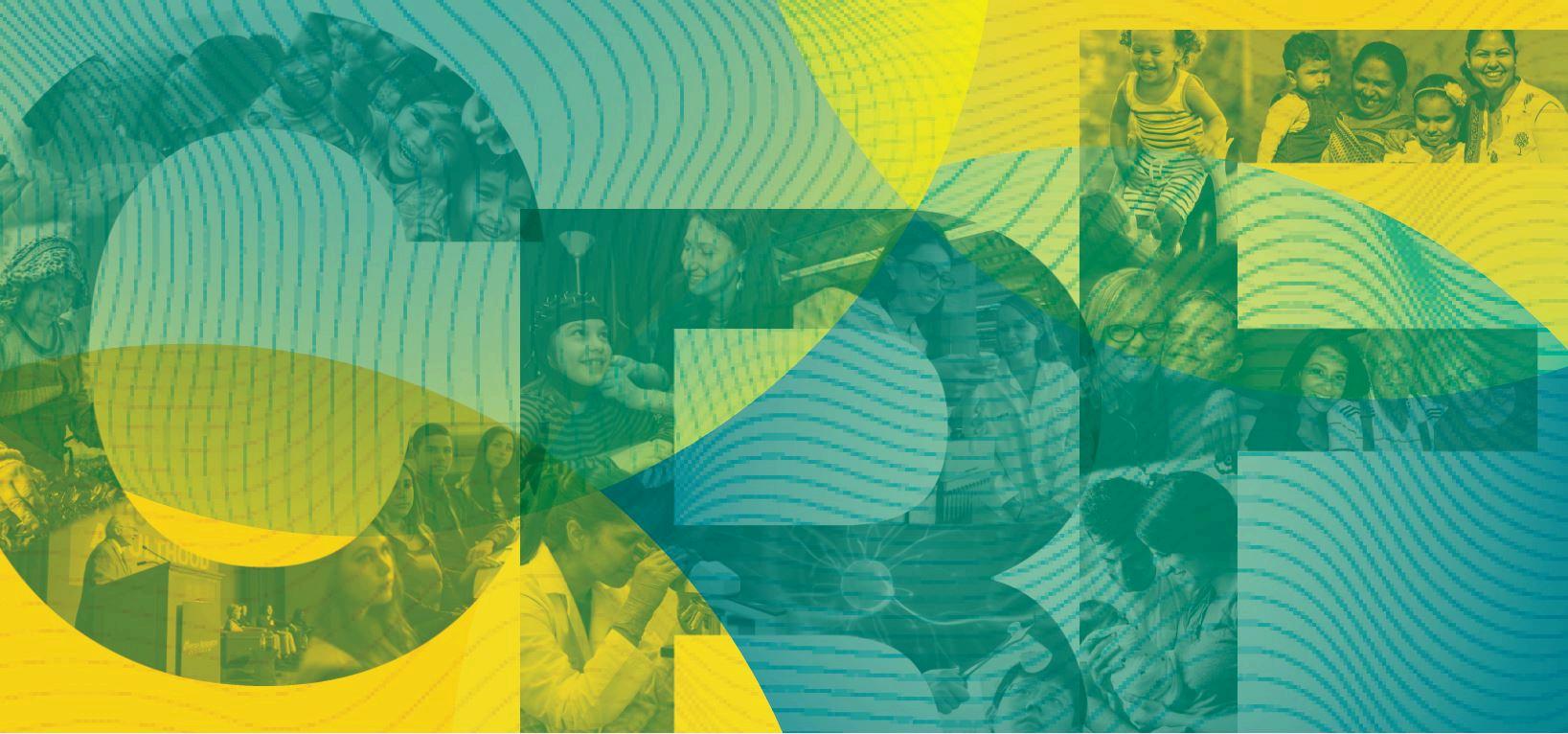
Grants Awarded
USDA/NIFA/CAFÉ Integrated Research and Extension funding (2024–2028): Experiential Learning Project – $61,500 (PI).
National Philanthropic Collaborative of Young Women’s Initiatives (2024–2025): Evaluation Grant – $146,000 (PI).
Women’s Fund of Western Massachusetts/Commonwealth of Massachusetts (2024–2025): Evaluation Grant – $80,000 (PI).
Presentations & Scholarly Dissemination
April 2025: Co-authored presentation at AAC&U CLASS Conference, San Juan, Puerto Rico.
October 2024: Presented at American Public Health Association (APHA) Annual Meeting.
Fellowships
STRIDE Faculty Fellows (2024–2025), Office of The Provost, UMass Amherst.
Service & Committee Work Participated in
Department Personnel Committee (2024–present)
Professor of Practice Search Committee (2024-2025)
Faculty Research Grants and Endowment Review Panels (2022–2024)
Steering Committee, Rudd Adoption Research Program
Massachusetts Society of Professors (MSP) Department Representative
Faculty Representative, Collaborative and Inclusive Learning
Manning Prize for Excellence in Teaching: Committee Member
Professional Memberships & Leadership
Engaged in professional organizations: APHA, ASN, Nutrition Society.
CRF 2025 Highlights
Through CRF’s three pronged approach, we were able to achieve significant accomplishments.
Research & Scholarship: Knowledge That Matters ADD QUOTE FROM KIRBY
CRF’s Family Research Scholars Program celebrated its 22nd anniversary, highlighting the impact that UMass Amherst faculty are making in the world and their efforts to translate data into actionable policy for state leaders and the public good. We feature the two most recent cohorts of Family Research Scholars in this report.
Numerous peer-reviewed papers have been produced by CRF Family Research Scholars, and CRF-driven manuscripts are in development.
Our scholars have enhanced UMass Amherst’s reputation through international, national, and local presentations on family research. CRF-led work was featured at APHA (Oct 2024) and AAC&U (April 2025), with undergraduate and graduate students sharing insights on equity-focused research, experiential learning, and community engagement.
Student Training and Mentorship
“This is more than research — it’s co-creation, leadership development, and systems change.” - Lorraine Cordiero Ph.D.
CRF supported 20 undergraduate and graduate students through paid work in applied, interdisciplinary research in FY25. We continue our valued partnership with Dr. Lisa Wexler (University of Michigan), a past CRF Family Research Scholar whose ongoing work with Indigenous communities remains a cornerstone of our participatory research model and provides graduate student salary support.
Dr. Alexandra Lauterbach, Professor, College of Education, has been instrumental as CRF’s qualitative research expert. She has provided consultancy to faculty and students on campus and trained most of our methodology consultants through her courses and mentorship.
CRF engaged 60 high school STEM interns — 48 of them in UMass labs — in paid internships through a partnership with the Collaborative for Educational Services in Northampton, MA. We are grateful to the Provost’s Office and Human Resources for their strong support, and to UMass Dining for generously donating meals. A local private donor from our business community funded most intern salaries, with additional support for eight students from Massachusetts Life Sciences.
Rooted in Community: An Overview
“Community members were not just participants — they were trained researchers and trusted leaders.” - Lorraine Cordeiro Ph.D. Women’s Fund of Western Massachusetts
The highlight of this year has been our reciprocal partnership with the Women’s Fund of Western Massachusetts (WFWM) through the Greater Springfield Women’s Economic Security Hub (ESH). Since 2021, this initiative — funded by the MA Executive Office of Economic Development — has addressed systemic barriers to economic security among women and gender-expansive individuals.
Impact Highlights:
This fiscal year we celebrated [Insert number] years of partnership with the Women’s Fund of Western Massachusetts, reaching over [insert number] individuals
Trained 21 community researchers to lead a needs assessment in Greater Springfield, MA
Supported a Community Ambassador Program with three Ambassadors serving 60+ women weekly
Convened policy roundtables on the cliff effect and Clean Slate legislation
Provided leadership training and networking opportunities for 25+ agency staff
Reached over 150 women and gender-expansive individuals, plus 75 youth
Read more in “Rooted in Community” (Annual Report, p. XX)
National Collaborations: NPCYWI & Youth-Led Change
In FY25, CRF partnered with the National Collaborative for Philanthropic Young Women’s Initiatives (NPCYWI) to evaluate 14 Young Women’s Advisory Councils (YWACs) across the U.S. These youth-focused programs foster leadership, advocacy, and civic action
Key Findings:
YWACs lead to sustained civic engagement, higher education success, and public service leadership
Foundations benefit from shared learning, resources, and strategic collaboration
Explore more in “Empowering the Next Generation” (Annual Report, p. XX)
Food as Medicine: Springfield Produce Prescription Collaborative
FY25 marked the third year of our USDA GUSNIP-funded Produce Prescription program, now entering a no-cost extension in FY26
In partnership with WellSpring Cooperative and Baystate Health
Focused on improving health outcomes, nutrition access, and patient engagement
Featured in NEPM Radio (Dr. Cordeiro) and on Care Talk @ Valley Free Radio (Dean Anna Maria Siega-Riz and Dr. Cordeiro)
Rooted in Community, Rising Together: The Impact of the Greater Springfield Women’s Economic Security Hub (ESH)
In partnership with the Women’s Fund of Western Massachusetts and an expansive network of community-based organizations, the UMass Center for Research on Families (CRF) has been at the forefront of a multi-year, multi-phase initiative designed to strengthen the economic security, wellness, and leadership capacity of women and gender-expansive individuals in Greater Springfield.
Funded since 2021 by the Commonwealth of Massachusetts through the Community Empowerment and Reinvestment Grant Program (CERP), administered by the Executive Office of Economic Development.
Additional support provided through the Workforce Development Trust Fund.
Focused on community-led efforts to address historic and systemic barriers to economic growth in communities disproportionately affected by poverty, mass incarceration, and systemic inequities.
The Community Empowerment and Reinvestment Grant was established to:
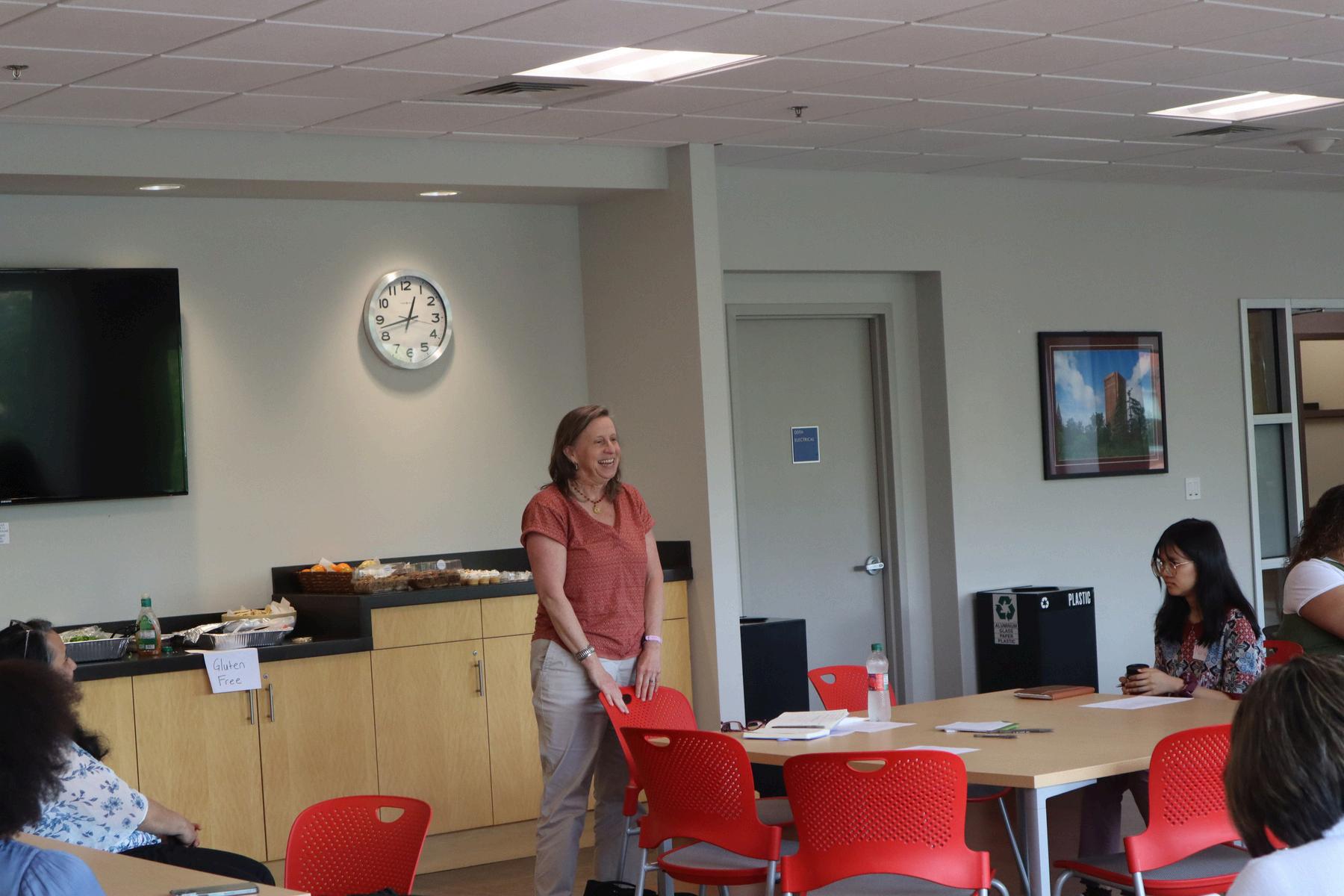
Develop, strengthen, and invest in community-led initiatives
Mitigate the impacts of justice system involvement
Support recovery, prevention, education, small business development, and workforce
The Greater Springfield Women’s Economic Security Hub (ESH) is the innovation of the Women’s Fund of Western Massachusetts and its regional partners. ESH is a bold response to longstanding inequities amplified by the COVID-19 pandemic, systemic poverty, and mass incarceration—particularly affecting Black and Latinx women in the region. CRF’s role as a research, training, and evaluation leader has been central to ensuring that this work is data- driven, community-rooted, and equity-focused.

Rooted in Community, Rising Together: Phases of the Project
Phase I: Listening to the Community, Centering Voices (FY 2022)
CRF trained and supported a team of 21 community-based researchers to carry out a comprehensive needs assessment. Nearly 200 surveys and multiple focus groups were conducted with low-income women, including those formerly incarcerated. Researchers from the community were at the forefront of recruitment, resulting in our ability to reach women with a median annual income of 15K.
Findings illuminated 12 key barriers to economic security—from housing and food access to mental health and caregiving responsibilities— and provided the foundation for a targeted, community-led response.
Key Impact: Community members were not just participants - they were partners, trained in ethical research practices and empowered to lead data collection and analysis.
Phase II: Deepening Inquiry and Building Shared Understanding (FY 2023)
Working alongside five interdisciplinary faculty co-investigators, CRF led data analysis with an explicit focus on equity and lived experience. Diverse faculty and trained community researchers co-interpreted findings, producing insights that are being prepared for peer- reviewed publication. A Policy Roundtable brought together 30 leaders to explore the “cliff effect”, where individuals lose social safety net benefits once they become employed, and how benefits loss discourages economic advancement - sparking local action.
Key Impact: The community not only saw the data - they shaped the story it told and how it will be used to influence policy.
Phase III: Leadership, Wellness, and Workforce Reentry (FY 2024–2025)
Key Impact: Community members were not just participants - they were partners, trained in ethical research practices and empowered to lead data collection and analysis.
CRF supported the launch and growth of a Community Ambassador Program, led by phenomenal women from the community who provided wellness, nutrition, and leadership training to peers and local service providers. Ambassadors directly served over 60 women weekly, and trained 25+ staff from partner agencies in equity, sensitivity, and collaboration.
In collaboration with UMass Extension and other partners, CRF co-hosted Leadership, Community Engagement, and Evaluation for Equity, bringing together 45 adults and youth for an immersive experience in research, leadership, and health equity.
Key Impact: The program reached over 150 women and gender-expansive individuals and engaged 15 youth in equity, workforce, and policy work—bridging community, academia, and government in powerful ways. We leaned on local assets, our Community Ambassadors, who strengthened engagement and community resilience.
Rooted in Community, Rising Together: Engagement, Research, Change, and What’s Next
Youth Engagement: Lifting the Next Generation of Leaders
Youth were engaged in the training opportunities that we offered - UMass students, 4-H interns, Ubuntu participants, and other youth came together to discuss building stronger communities.
Research Mentorship & Capacity Building
Over the course of the initiative, CRF hired, trained, and mentored more than 15 graduate and undergraduate students in participatory, community-engaged research and engaged over six UMass faculty and research staff. Faculty and graduate students gained hands-on experience in mixed-methods research, program evaluation, and community collaboration. In addition, community agency staff and community members were trained and engaged in research.
Key Impact: Students noted transformative growth in research and leadership capacity, directly aligned with CRF’s mission to develop next-generation scholars and changemakers. Faculty engagement led to other collaborations on grants. Community members raised important questions on broader impacts and provided insights on data interpretation and effective community engagement.
Driving Policy Change Through Community Voice
In June 2025, CRF convened a second Policy Roundtable with community partners. Participants were able to provide new insights on the implementation of Clean Slate laws – a discussion and training led by Andrea Freeman from the Public Health Institute. Community disclosures highlighted discrepancies in access to full CORI records, prompting recommendations for equitable policy enforcement.
Key Impact: Community input influenced state-level policy revisions demonstrating the power of research-to-action pathways.
What’s Next: Evaluation, Reflection, and Sustainability (FY 2026)
As the ESH initiative enters the next phase, CRF is leading the development of a robust evaluation to assess its reach, impact, and sustainability. Through surveys, focus groups, and storytelling sessions, CRF aims to document:
Growth in leadership, skills, and economic resilience among women and genderexpansive individuals
The effectiveness of training and wellness programs
Policy and systems-level changes catalyzed by community engagement
Lasting impacts on youth interns, service providers, and partner agencies
Why This Matters:
This work exemplifies CRF’s core values: rigorous research, community partnership, and social justice. In a region grappling with overlapping challenges of incarceration, economic marginalization, food insecurity, and racial inequity, the Greater Springfield Women’s Economic Security Hub stands as a model for what’s possible when research serves people and works in partnership with community members and leaders.
Key Outcome: A comprehensive evaluation tool will be developed for use in FY 2025. Our planned evaluation of ESH will ensure findings are accessible, actionable, and shared with all stakeholders.
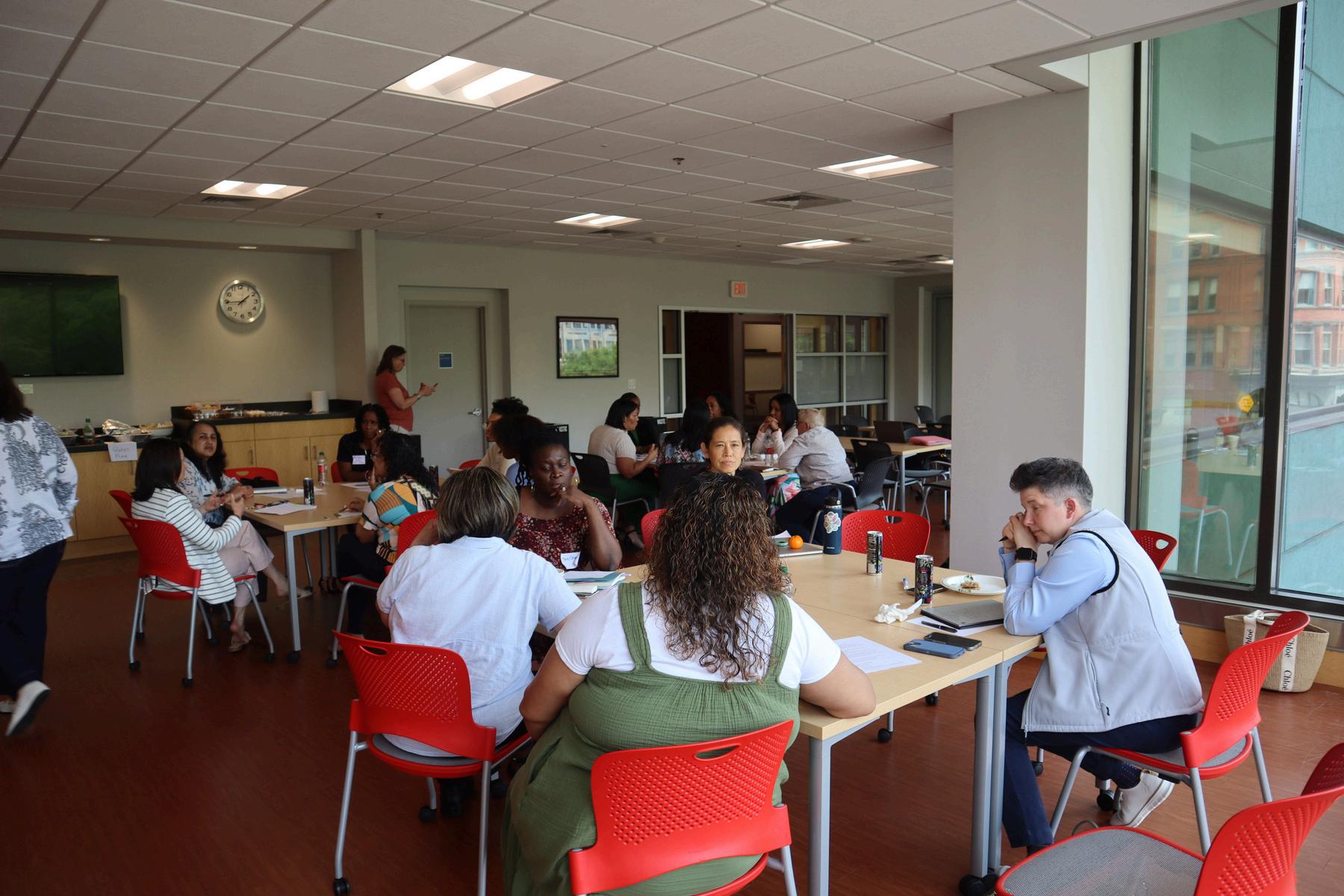
Active Grants
10 Amount of Active Grants $10,802,710.30
3
Newly Funded Grants
Amount of Newly Funded Grants $361,424 Submitted Grants
76
Total Grants Awarded Since Inception
252 $39,225,208
Total Grants Submitted Since Inception
Total Grant Funding Since Inception
CRF Programming and Engagement
During FY 25 CRF provided programming to more than 920 people with over 6700 hours of programing and services.
Colleges Engaged
Community Engagement
5933 hours of programming to the community
8,780 People served
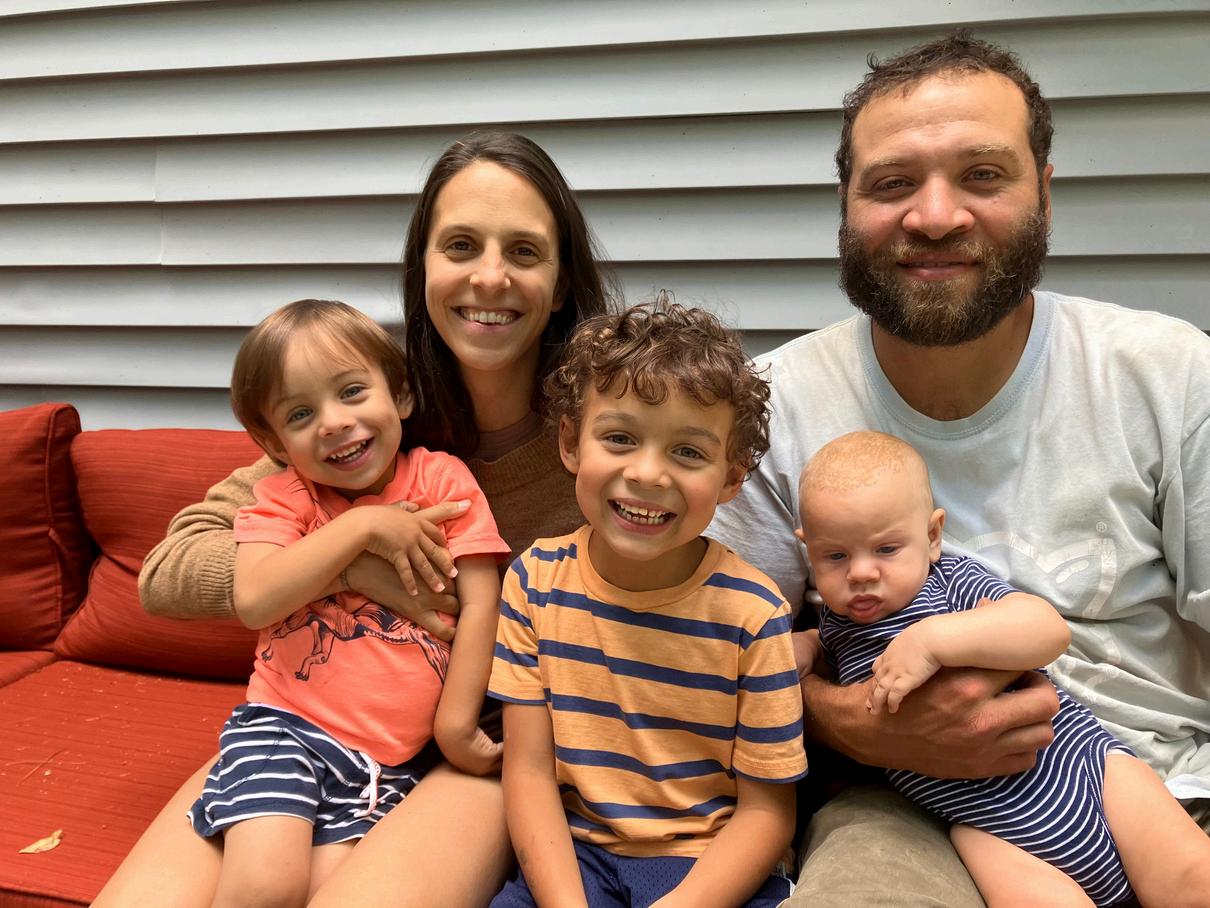
Dr. Katie Potter (FRS 2024-2025) and her family
Methodology Engagement
Over 600 hours of programming
FY 25 Faculty Family Research Scholars Grant Recipients
External Grants:
Jungwoo Lee (Engineering)
NIH - $296,285
Develop and validate demineralized bone paper-based human bone metabolic and senolytic assays
This project aims to develop and validate demineralized bone paper (DBP) assays to advance bone-targeting drug discovery and improve treatments for bone-related conditions.
Katherine Reeves (Epidemiology)
NIH - $4,900,000
Serum PFAS and risk of fracture and bone loss
The project investigates whether PFAS exposure contributes to bone loss. and fracture risk. Using data and samples from the two largest US osteoporosis cohorts, the study will examine long-term associations over up to 20 years to better understand environmental impacts on bone health.
Laura Vandenberg (Research and Engagement)
NIH - $105,799
Near-Peer Mentoring in Environmental Health: Chemical Exposures and Disease Risk
This project aims to train diverse high school and undergraduate students to explore how environmental chemical exposures affect non communicable diseases and how mitigation strategies can improve health.
Internal Grants:
Lucinda Canty (Nursing)
Hartford Foundation - $7,500
Dr. Canty’s nonprofit, Lucinda’s House, received a $7,500 grant from the Hartford Foundation to help meet the basic needs of pregnant and postpartum women and their babies.
Eleni Christofa (Engineering)
Armstrong Fund for Science - $40,000
Dr. Christofa and co-PI
Dr. Jimi Oke are investigating to see if more simple schematic maps can encourage bicycle use and reduce car emissions.
Joohyn Chung (Nursing)
2025 Elaine Marieb Center Pilot Grant
Dr. Chung is one of 6 scholars partnering with Baystate Medical Center to study frontline nurses to capture the hidden stressors that arise in everyday clinical practice. With this real time data they will be able to give insights on how to better inform staffing and scheduling practices to create a healthier work environment to support nurses and improve patient care.
Sarah Gonzalez-Nahm (Nutrition)
2025-2026 SPARC Seed Grant - $20,000
Sweeteners: Impact on Sweet Taste and Obesity in Kids” (SPARC 2)
Dr. Gomzalez-Nahm received support of up to $20,000 to advance interdisciplinary collaboration, with the goal of producing publications, exhibitions, or proposals for future external funding. Also on the team is 2025-2026 FRS member Alissa Nolden.
Aline Gubrium (Health Promotion and Policy)
2025-2026 SPARC Seed Grant - $20,000
Mass Humanities Foundation - $11,440
Gubrium’s project, “Digital Storytelling with Palestinian Women and Mothers in Western Massachusetts,” uses narrative methods to amplify the voices of diasporic women and address issues of reproductive justice. By shifting conversations on family-making away from stigma and toward inclusive, supportive narratives, the project works to value and uplift all families.
Favorite Iradukunda (Nursing)
2024 Elaine Marieb Center Pilot Grant
The project investigates how urban farming in Holyoke and Springfield affects community health and culture, especially under the pressures of climate change.
Emily Krumpeel (Engineering)
Faculty Research/Healey Endowment Grant - $20,000
In tandem with Dr. Jimi Oke the project: Novel public water system typology for effective deployment of innovative treatment technologies across the United States received funding.
Funded Grants
CRF is proud to share that 3 of our former Faculty Research Scholars (FRS) were able to obtain funding for their important research
Maria Galano (Psychology)
NIH - $211,935
Using Daily Diaries to Trace Spillover Effects of Maternal Trauma on Children’s Stress Regulation
Joshua Kaiser (Sociology)
Russel Sage Foundation - $74,813
Mechanisms and Extent of Penal Inequality
Kevin Young (Economics)
Russel Sage Foundation - $74,676
Evolution, Pathways, and Behavioral Patterns of the Economic Elite
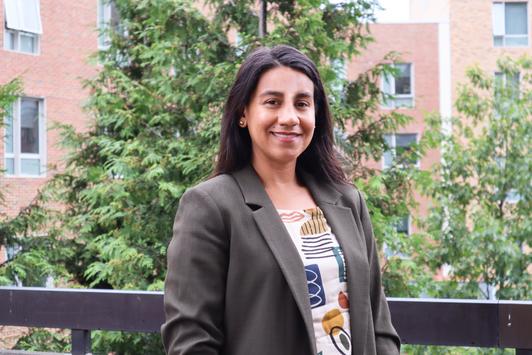
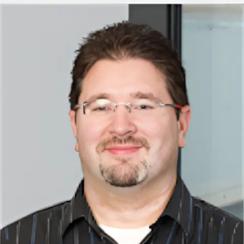

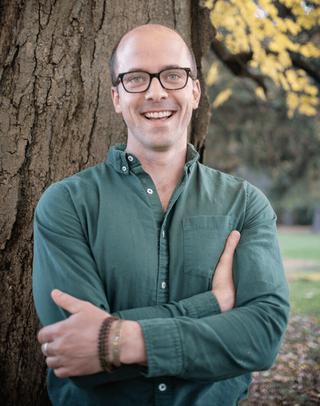
Maria Galano
Joshua Kaiser
Kevin Young
Active Research
Laura Attanasio (Health Promotion and Policy)
NIH - $485,780.00
Hospital quality, Processes of Care, and Racial Disparities in Birth Mode for Individuals with a Prior Cesarean
Adam Grabell (Psychological and Brain Sciences)
NIH - $427,576.00
Using Wearable Devices and Machine Learning to Forecast Preschool Tantrums and Identify Clinically Significant Variant
Lili He (Food Science)
NIH - $1,710,000.00
A Novel Approach of Age-Grading of Mosquitoes using SERS and Machine Learning Models
Brigitte Holt (Anthropology)
NSF - $793,815.00
Collaborative Research: Bone Strength and Physical Activity Over the Life Course in a Physically Active Contemporary Pre-Industrial Civilization
Linda Isbell (Psychological and Brain Sciences)
NIH - $1,712,843.00
Emotional Influences on Diagnostic Error in Emergency Medicine: An Experimental Approach to Understand Diagnostic Failure and Facilitate
Mariana Pereira (Psychology and Brain Sciences)
NIH - $429,416.78
Neural Mechanisms Preventing Post-Partum Relapse to Cocaine Seeking in New Mothers
NIH - $1,964,312.00
Postpartum Depression and Parenting: Circuit Level Transcriptomic and Neurochemical Mechanisms
Jamie Rowen (Political Science)
NSF Career Award - $500,000
The Instrumentalization of Law Through Veterans Treatment Courts
Alicia Timme-Laragy (Environmental Health Science)
NIH - $421,400.00
Developmental Toxicants and Congenital Pancreas Malformations
NIH - $2,269,923.00
Activation of Nrf2 During Embryonic Development: Mechanisms and Consequences
Nicole VanKim (Biostatistics and Epidemiology)
NIH - $614,644.53
Physiologic Stress and Sexual Orientation Disparities in Risk for Type 2 Diabetes Among Women
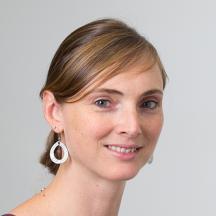
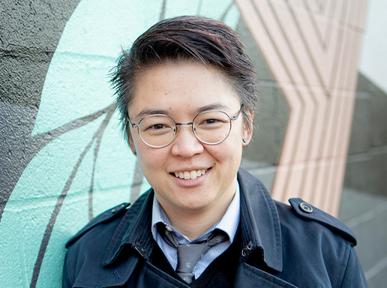
Alicia Timme-Laragy
Nicole VanKim
Dr.
Dr.
Awards & Accolades
Raphael Arku: Equitable Practices in Collaboration (EPiC) awards
The award honors faculty groups that are pioneering equitable and effective collaboration practices to promote inclusive excellence. Arku was honored along side his collaborators in The Holyoke Community Energy Project (HCEP); a group dedicated to creating a equal and sustainable energy future for Holyoke.
Yuriy Brun: IEEE Fellow
The IEEE, Institute of Electrical and Electronic Engineers, fellowship is the highest recognization from the organization. The institution is the largest technical group and they are committed to advancing technology to better peoples lives. Brun joins 12 other CICS current and emeritus faculty members who were honored with the IEEE Fellowship.
Lucinda Canty: American Nurses Association Massachusetts (AMAMASS) Diversity, Equity and Inclusion Advancement in Nursing Award
This award highlights a Massachusetts nurse whose efforts have advanced diversity, equity, and inclusion both in the workplace and across the nursing profession. Canty has dedicated nearly 30 years to improving health outcomes for women of color, with a strong emphasis on Black maternal health and confronting medical racism.
Sarah Fefer: National "Under 40 to Watch" Award
Dr. Sarah Fefer was honored with the national “Under 40 to Watch” award. This distinction celebrates early-career leaders who are advancing equityfocused, inclusive practices that positively shape schools and communities. Dr. Fefer’s recognition reflects her significant influence in the field of positive behavior support.
Favorite Iradukunda: African American Female Professors Award Association (AAFPAA)
Favorite Iradukunda was recognized by the African American Female Professors Award Association (AAFPAA) in 2024. Sponsored by UMass Amherst, the program honors African American women in higher education who advance equity and inclusion. Iradukunda was one of four recipients of the Award.
Joshua Kaiser & Kevin Young: The College of Social and Behavioral Sciences Outstanding Mentor Award
Both Dr. Kaiser and Dr. Young were awarded with the Outstanding Mentor Award. The award honors faculty who show extraordinary dedication to guiding and supporting students. Nominees may be at any career stage and are recognized for mentoring individuals as well as for creating communities and innovative models that strengthen mentoring for both undergraduate and graduate students.
Tatishe Nteta: Black Excellence on the Hill Award by the MA Black and Latino Caucus
This award commemorates Black and Latino community leaders/trailblazers who are moving the needle forward across the Commonwealth.
Lindiwe Sibeko: 2025 UMass ADVANCE Faculty Peer Mentor Award
The Faculty Mentorship and Professional Development Award recognizes a faculty member who demonstrates outstanding commitment to supporting the growth and success of their colleagues. This award honors individuals who actively mentor peers by offering guidance, sharing expertise, and fostering a collaborative, inclusive academic environment.
Kalpana Poudel-Tandukar: 2024-2025 Distinguished Teaching Award 2024-2025 Faculty Distinguished Teaching Award
This recognition is awarded to UMass instructors who exemplify the highest standards of teaching excellence, honoring those who consistently demonstrate outstanding instructional skill and dedication to student learning.
Alicia Timme-Laragy: 2025 Stephen B. Harris Mid-Career Scientist Award
This award honors an active RDTSS member for exceptional research and scientific contributions made after graduate or postdoctoral training. Selection is based on originality, discovery, and excellence in reproductive and developmental toxicology.
Faculty Family Research Scholars from Dr. Kirby
Deater-Deckard, Director of FRS
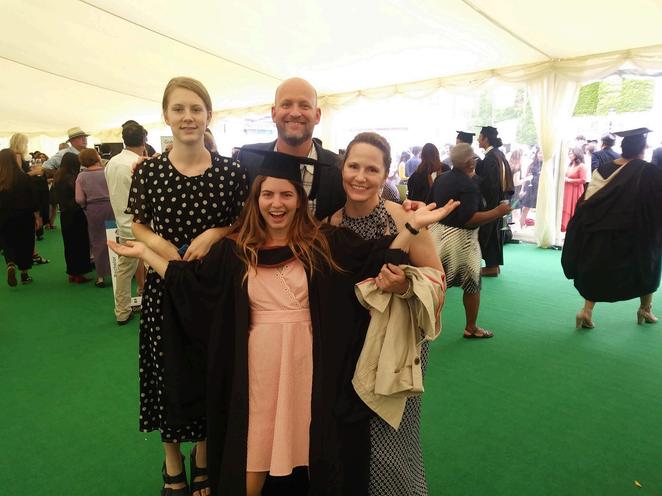
It has been a sincere pleasure for me to once again participate in and to contribute to this year’s faculty scholars program as a mentor and guide. In our group this year, we had six outstanding researchers doing cutting-edge science, teaching, mentoring, outreach and advocacy. They are doing this work at the leading edge of science, policy and practice across diverse disciplines spanning nursing, public health, and the natural and social sciences.
The scholars group met 15 times across the academic year, and they shared ideas and drafts of grant materials. We learned together while providing feedback on ideas and grant applications. Perhaps more importantly, we provided intellectual and emotional support to each other. It was a challenging year of political and social upheaval that continues to directly impact us. Our scholars group and meetings provided a place where we could listen and encourage one another.
The scholars program allows us to be nimble from year to year, with regard to brainstorming approaches to seeking funding and carrying out research in the midst of the shifting landscape of federal support for family research. This comprehensive approach with our scholars group is the main reason it is so effective with regard to research funding and faculty advancement--as highlighted elsewhere in this annual report.
As the funding pressures grow and continue to change in the coming year, CRF will continue to work with our current and our incoming faculty scholars to navigate through these challenges and enhance the odds of success with funding and dissemination of their essential scholarly work.
Dr. Kirby Deater-Deckard and Family
Family Research Scholars 2024-2025
Lucinda Canty: Associate Professor, Nursing
Joohyun Chung: Associate Professor, Nursing

Ezra Markowitz: Professor, Environmental Conservation
Katie Potter: Associate Professor, Kinesiology
John Sirard: Associate Professor Kinesiology
Kevin Young: Professor, Economics
Family Research Scholars
2025-2026
Soo Young Bae: Associate Professor, Communications
Sindiso Mnisiweeks: Associate Professor, Political Science & Legal Studies
Carrie Nobles: Assistant Professor, Environmental Health Science
Alissa Nolden: Associate Professor, Food Science
Sarah Roelker: Assistant Professor, Kinesiology
Elena Vazey: Associate Professor, Biology
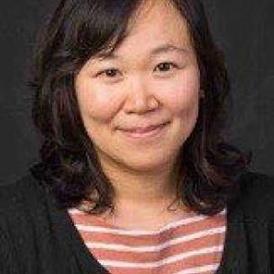
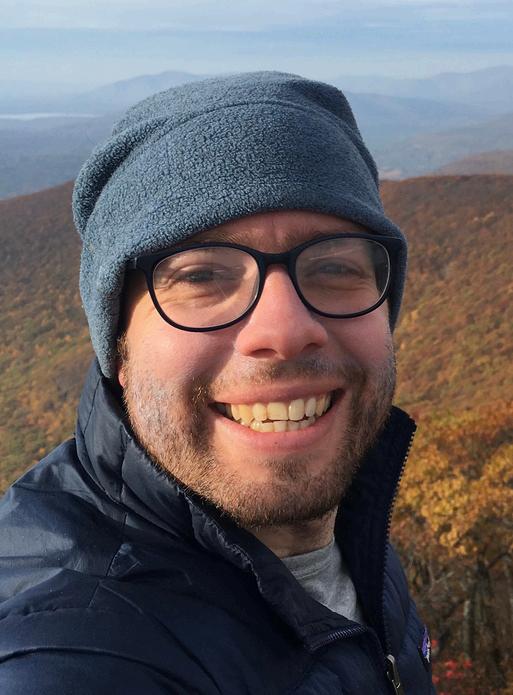
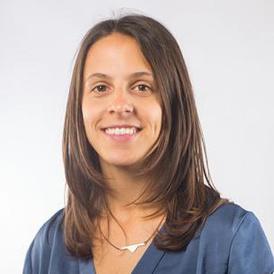
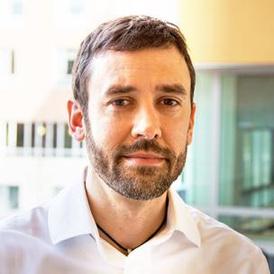
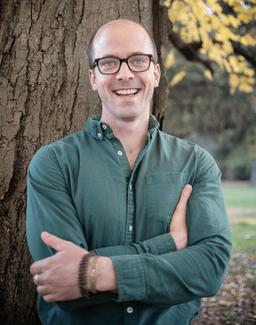
Lucinda Canty
Ezra Markowitz
Joohyun Chung
Tay Gavin Erickson Lecture Series
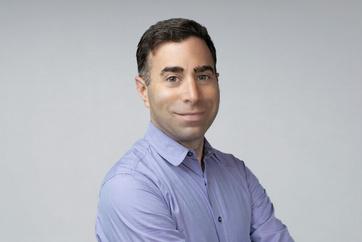
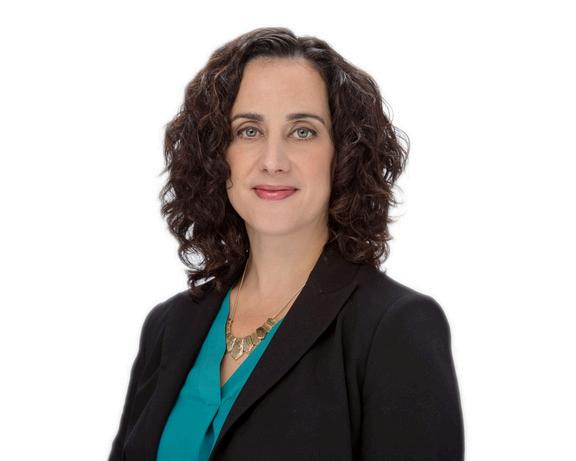
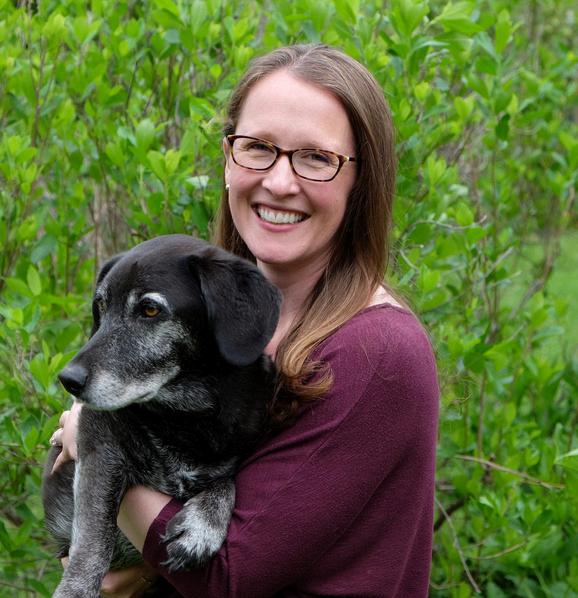
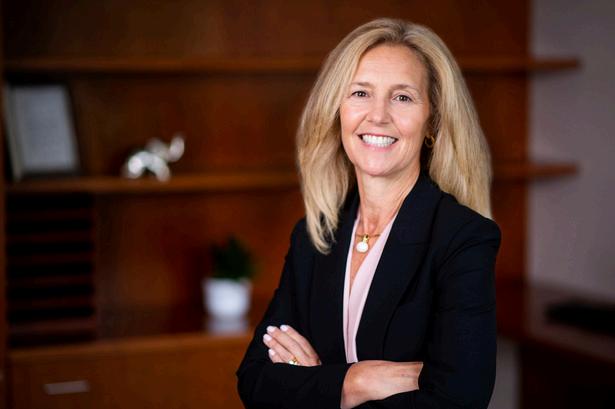
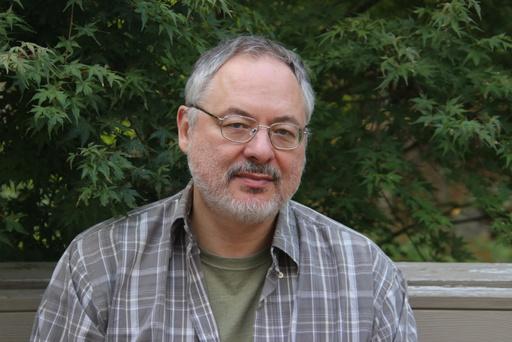
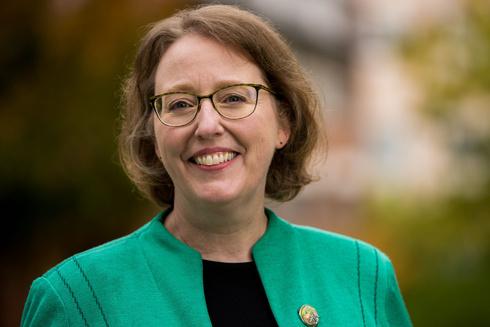
Dr. Abraham Brody Dr. Veronica Barcelona Dr. Megan Mueller Dr. Christina Economos Dr. Peter Turchin Dr. Ellen Peters
The Center for Research on Families held six Tay Gavin Erickson Lectures in 2025.
Dr. Abraham Brody: PhD, RN, FAAN, FPCN and Professor of Geriatric Nursing at NYU "Advancing Evidence-Based Palliative Care for Persons Living With Dementia and their Caregivers from Health System Implementation to Empowering Caregivers Directly" Consulted with Dr. Joohyun Chung, Assitant Professor, Nursing
Dr. Veronica Barcelona: Ph.D, MSN, RN, PHNA-BC, FAAN and Assitant Professor of Nursing at Colombia University “Race, Racism, and Perinatal Health Inequities“ also held in tandem with the Nutrition Departments Annual Virginia A. Beal Dinner
Consulted with Dr. Lucinda Canty, Associate Professor, Nursing
Dr. Megan Mueller: Associate Professor of Human-Animal Interaction at Cummings School of Veterinary Medicine at Tufts University “The Science of the Human-Animal Bond and Adolescent WellBeing“ Consulted with Dr. Katie Potter, Assistant Professor, Kinesiology
Dr. Christina Economos: PhD, Dean at the Friedman School of Nutrition Science and Policy at Tufts University “Catalyzing Communities to Promote Child Health and Prevent Obesity: A Systems Approach”
Consulted with Dr. John Sirard, Associate Professor, Kinesiology
Dr. Peter Turchin: Project Leader at the Complexity Science Hub–Vienna, Research Associate at University of Oxford, and Emeritus Professor at the University of Connecticut “Cliodynamics of End Times: Elites, Counter-Elites and the Path of Political Disintegration“
Consulted with Dr. Kevin Young, Professor of Economics
Dr. Ellen Peters: Professor of Journalism and Communication, Philip H. Knight Chair, and Director of the Center for Science Communication Research at the University of Oregon “The Power of Numeric Evidence in Science Communication”
Consulted with Dr. Ezra Markowitz, Professor of Environmental Conservation
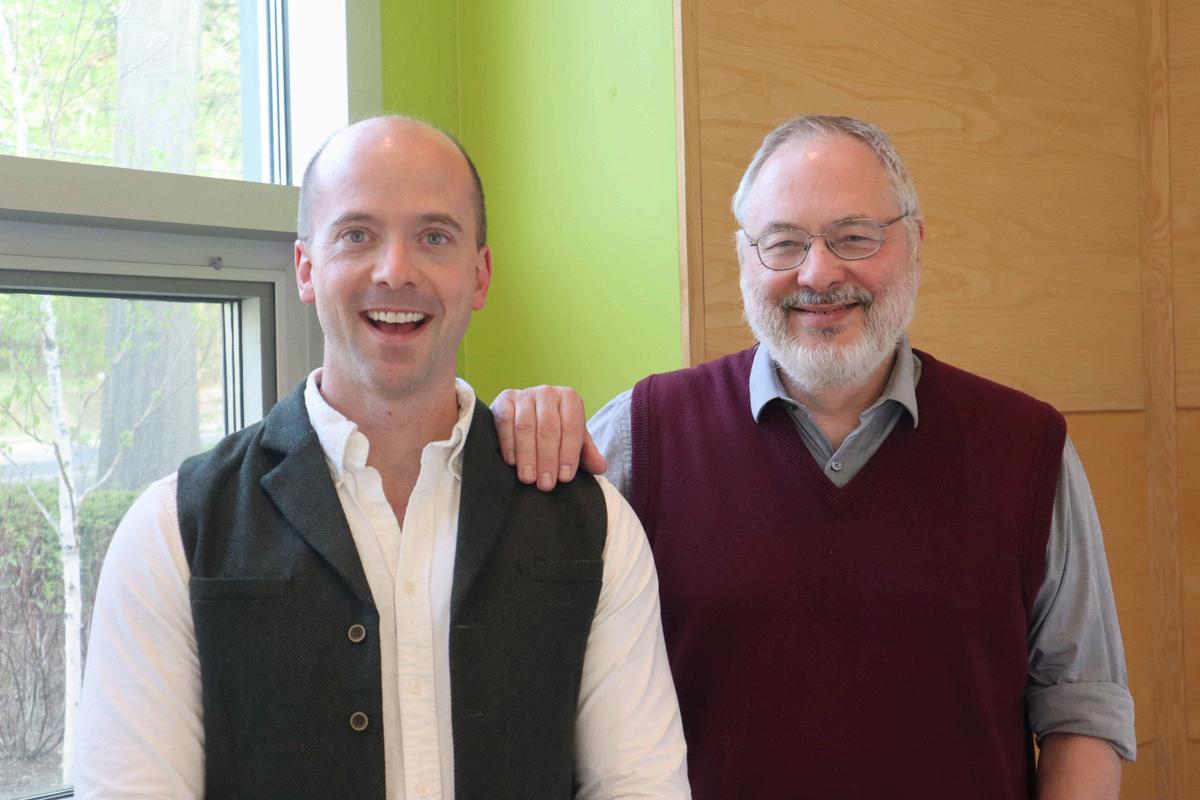
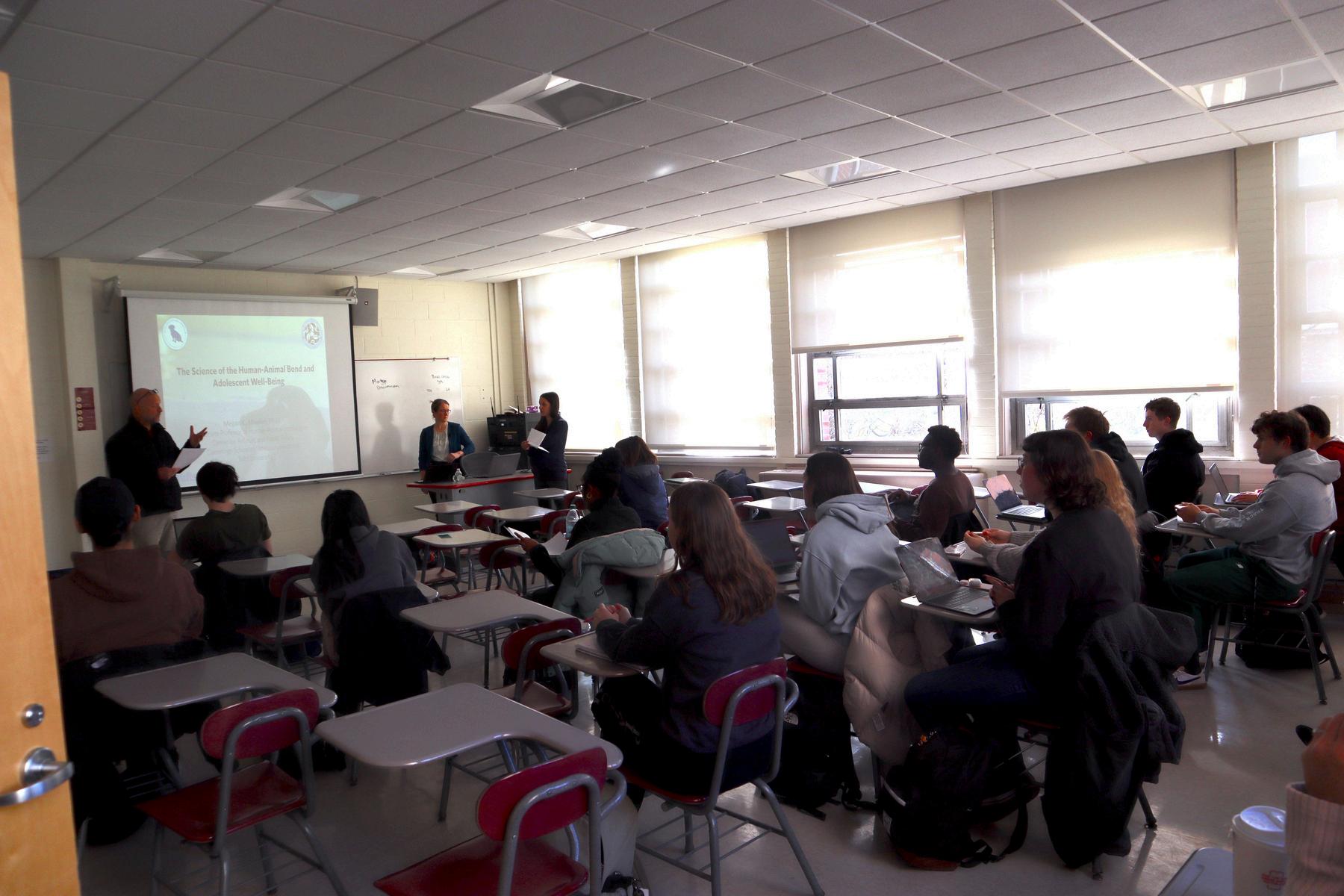
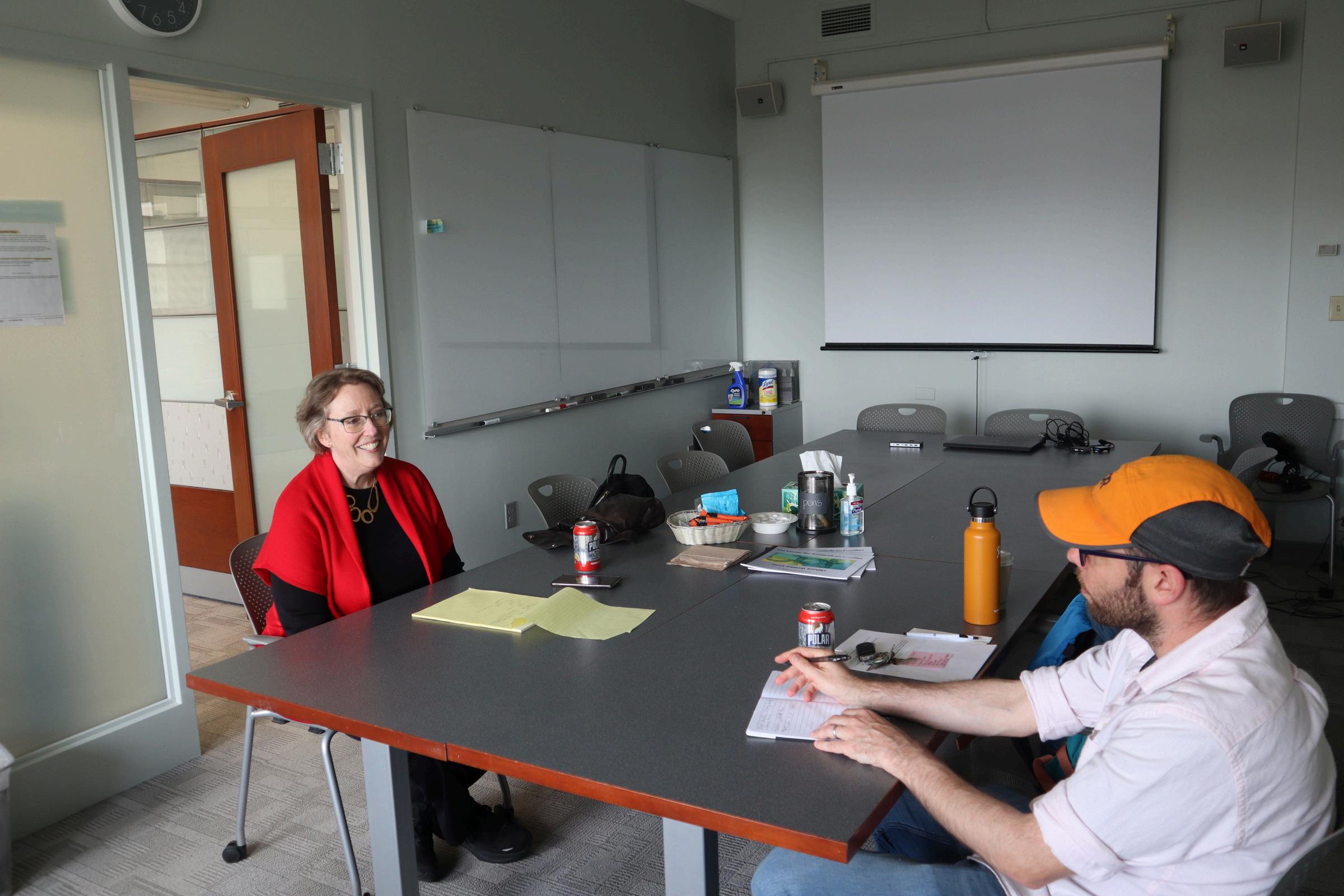
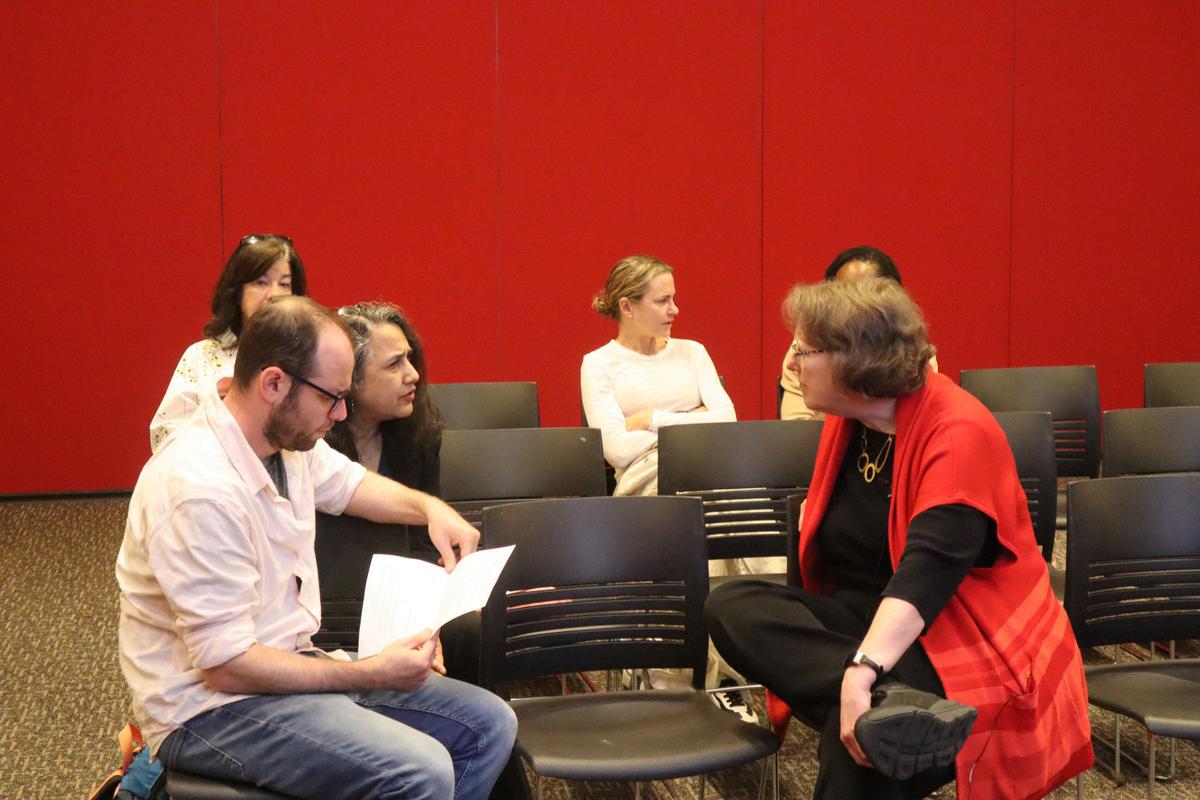
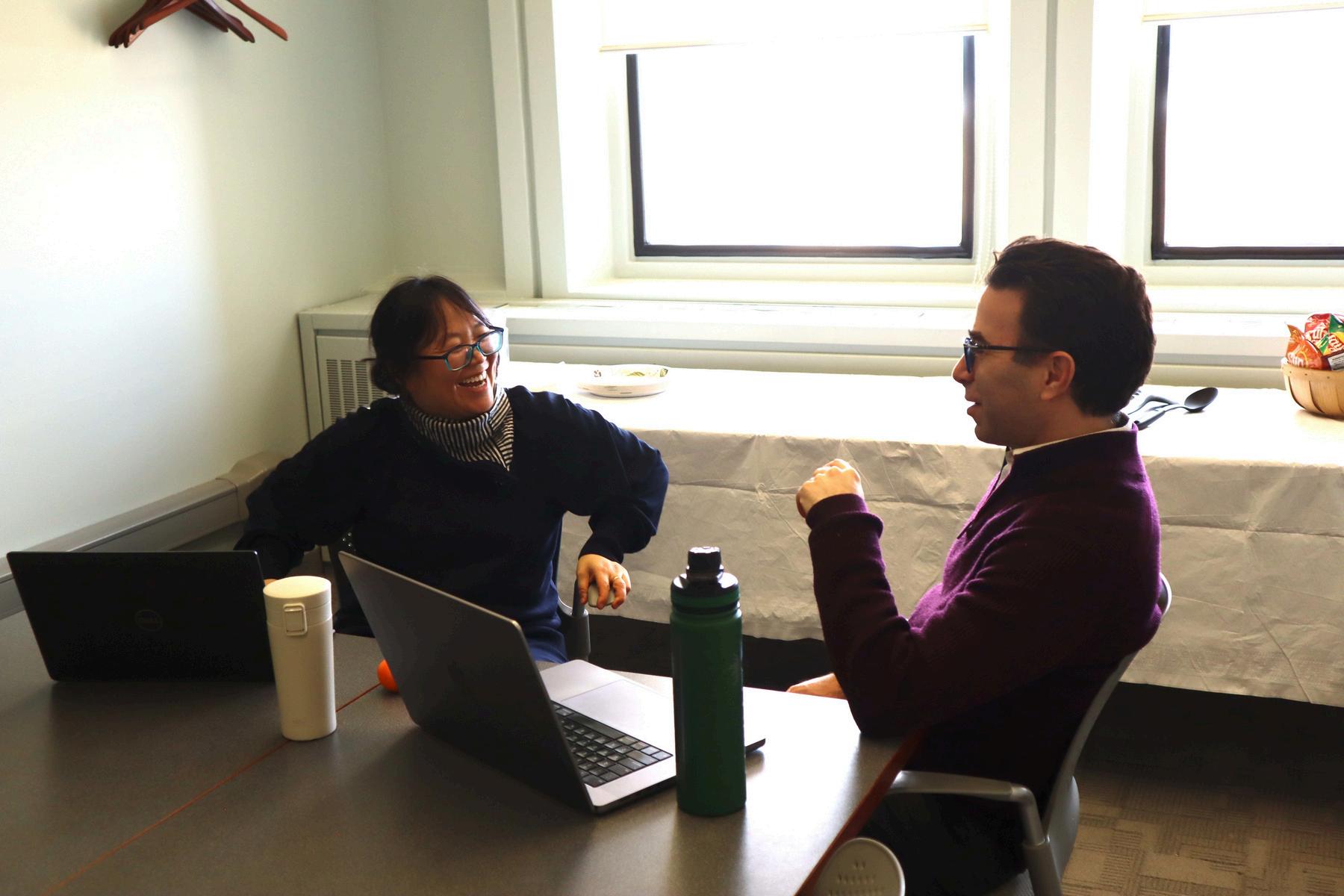
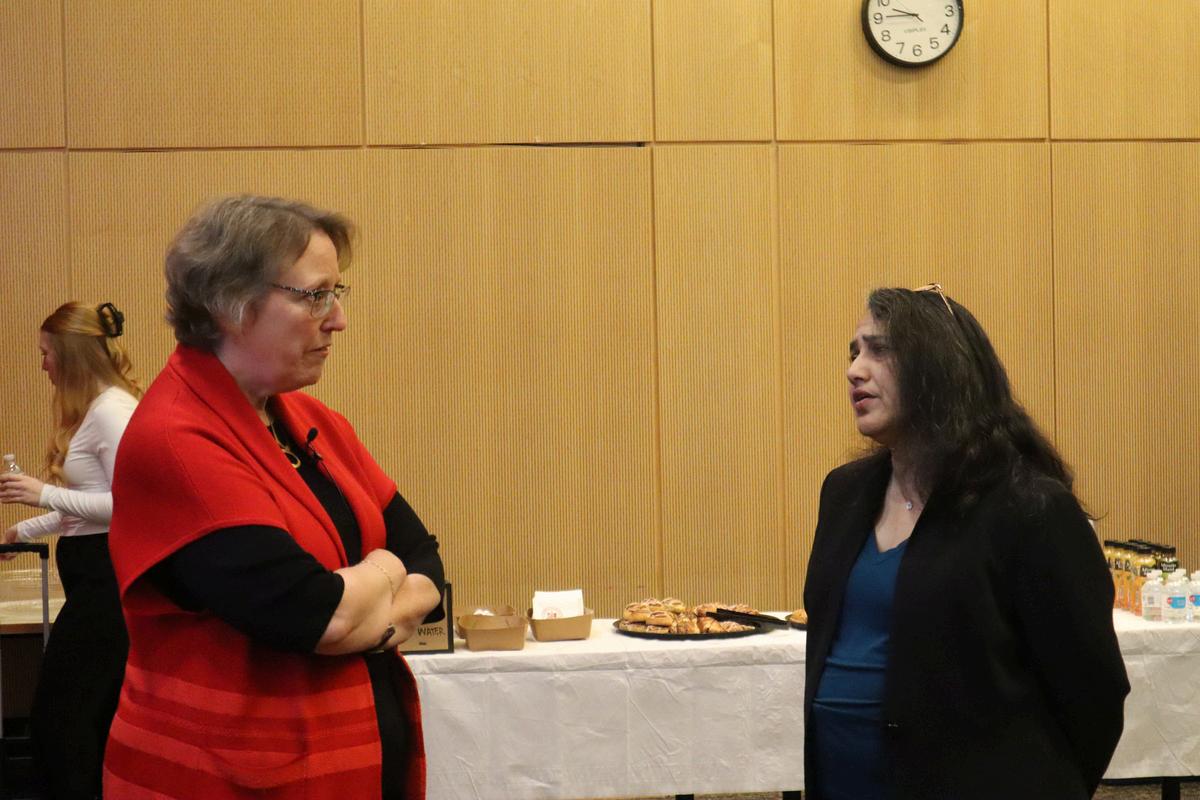
Tay Gavin Erickson Lectures
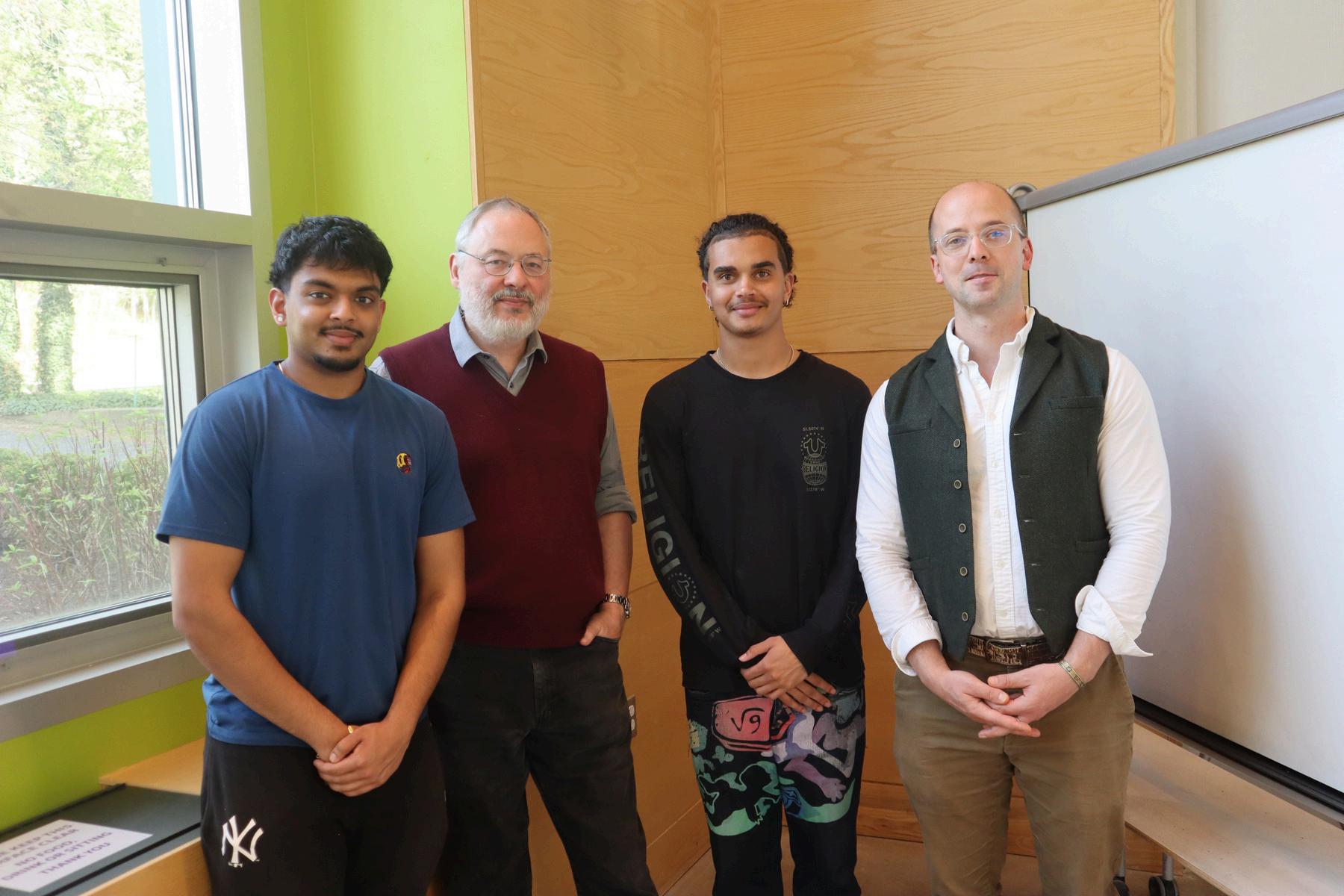
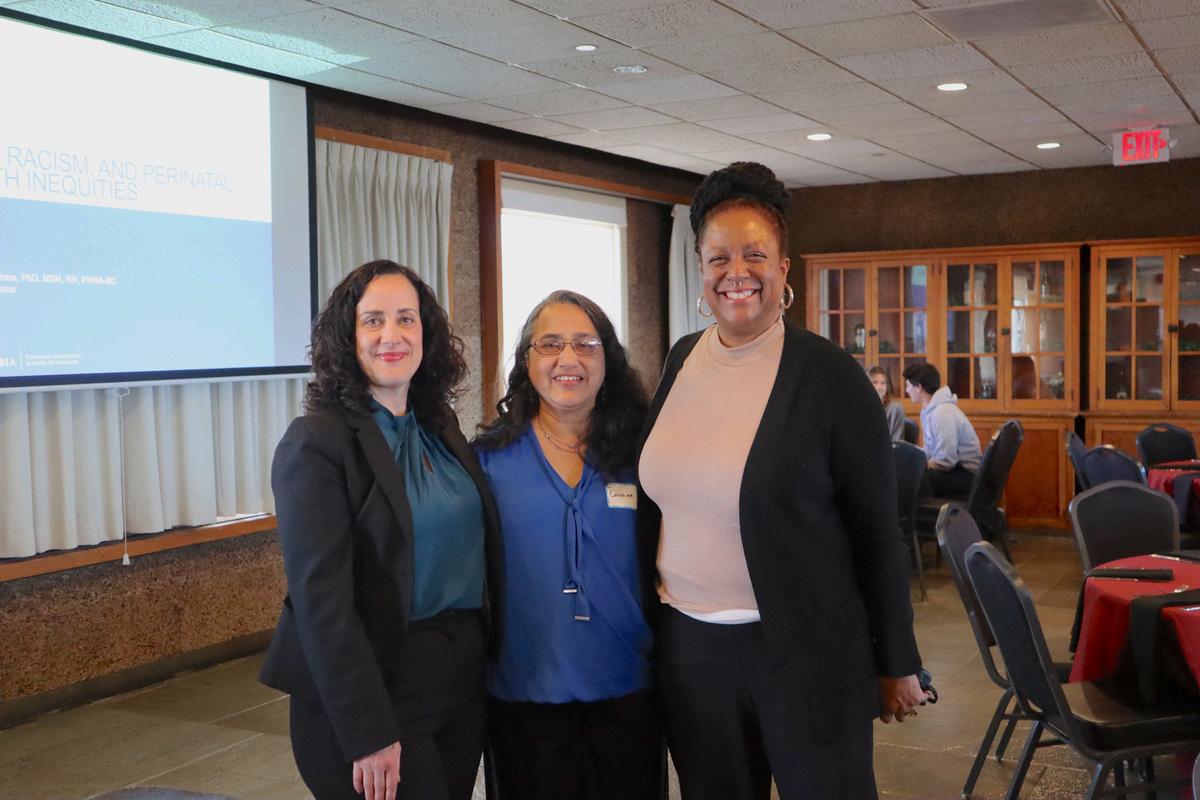
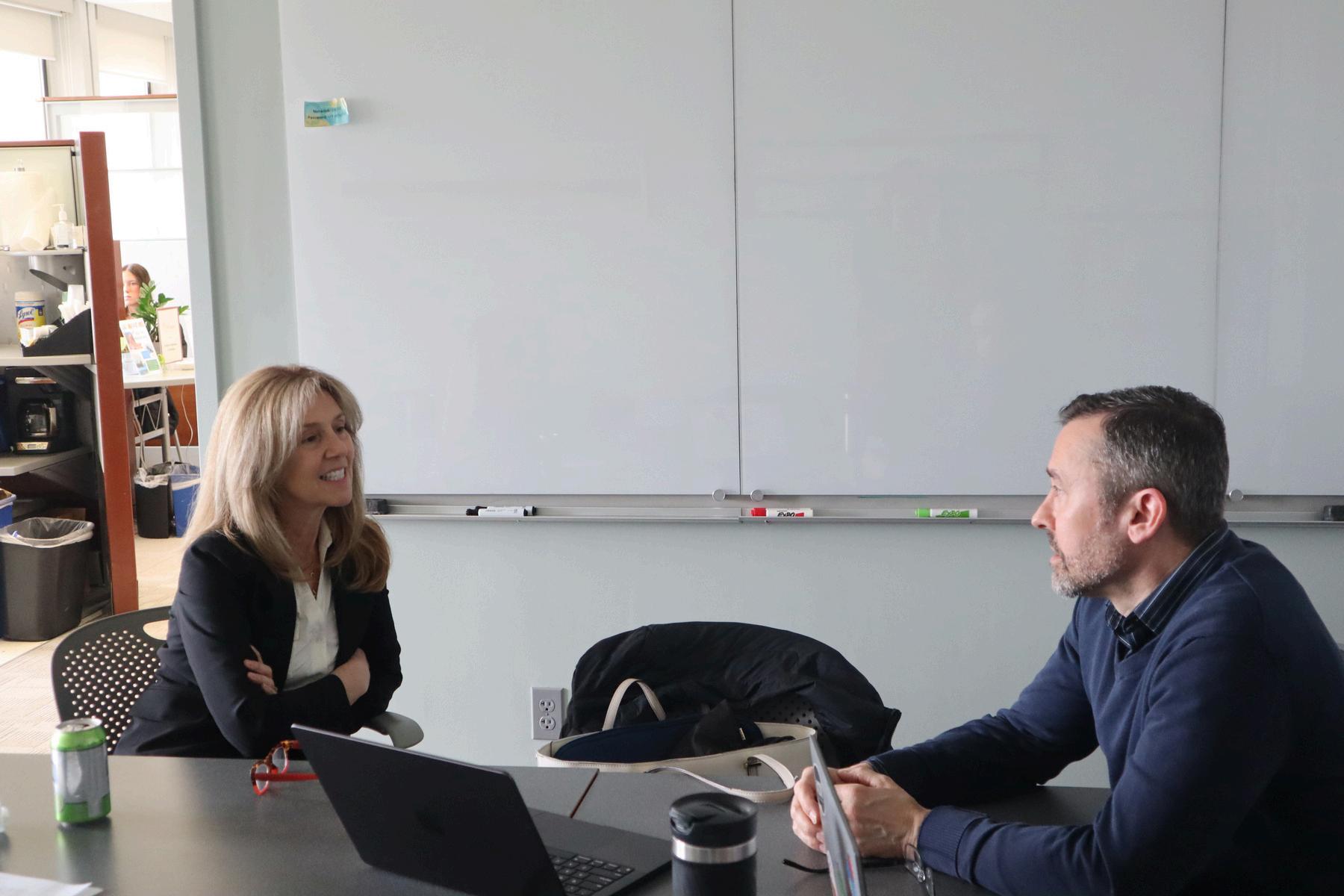
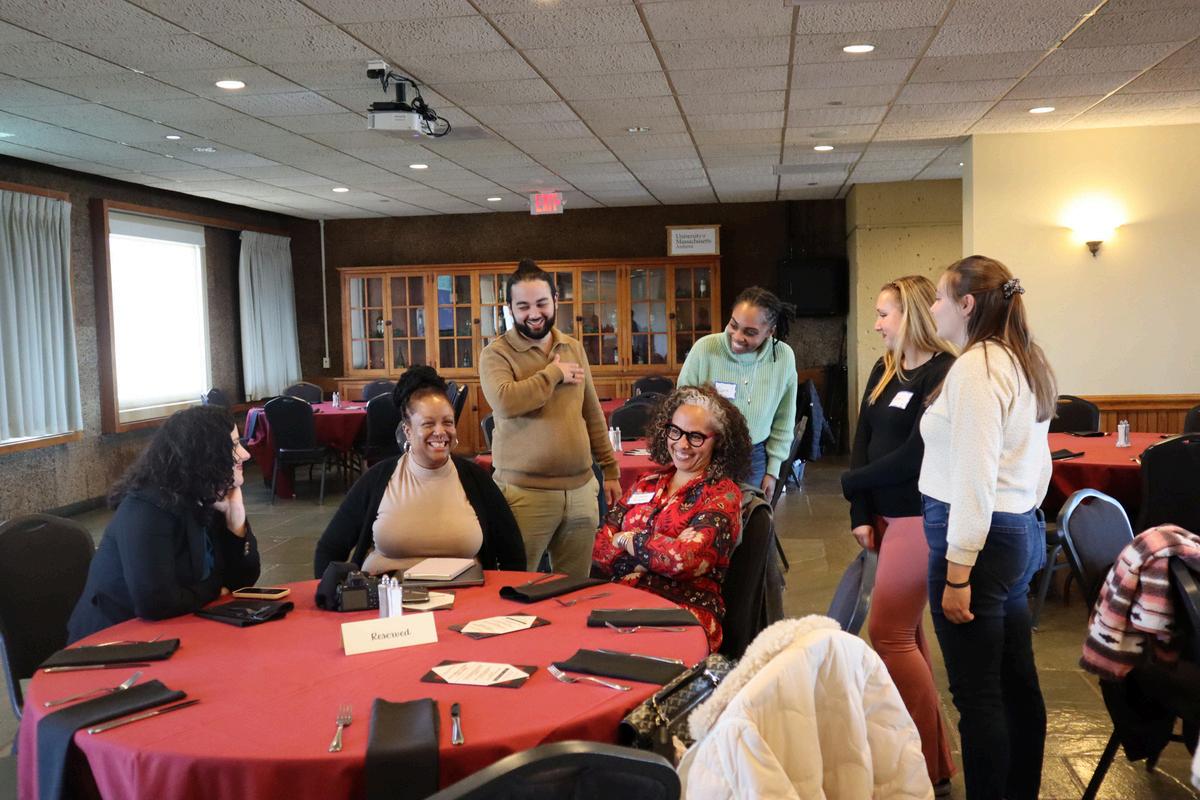
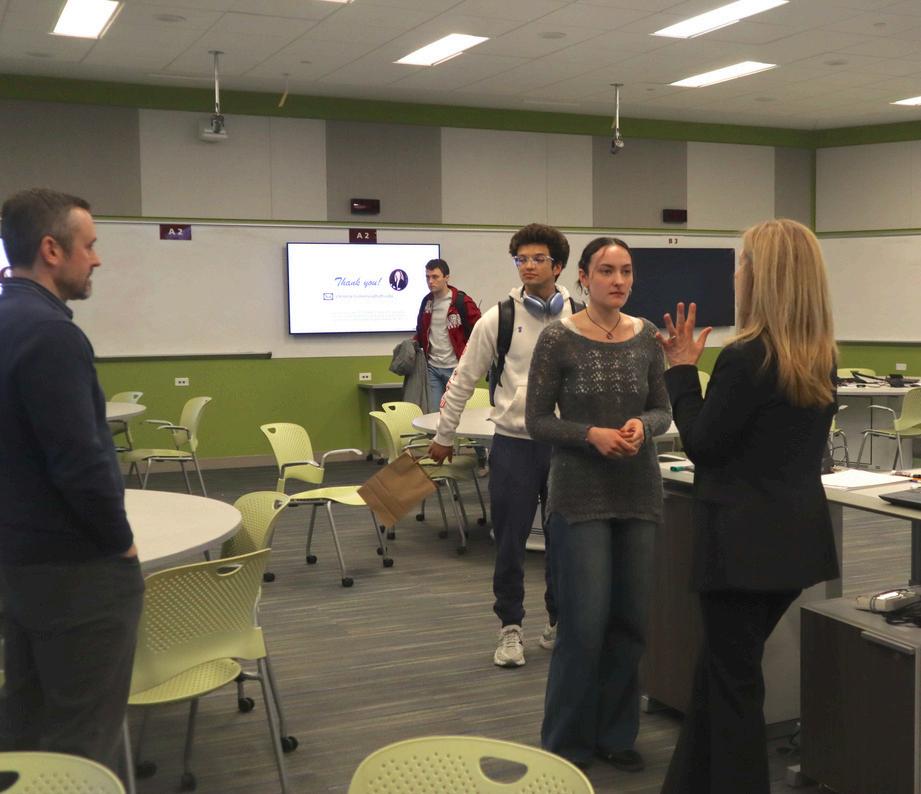
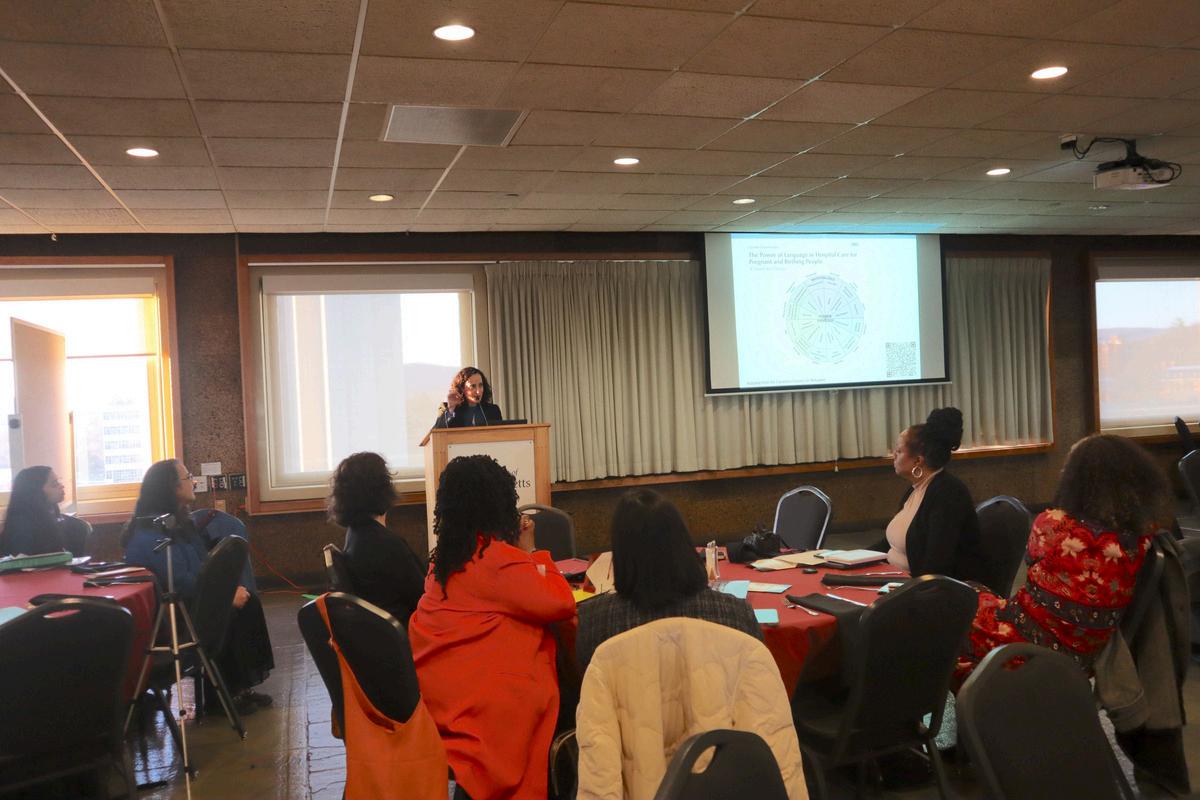
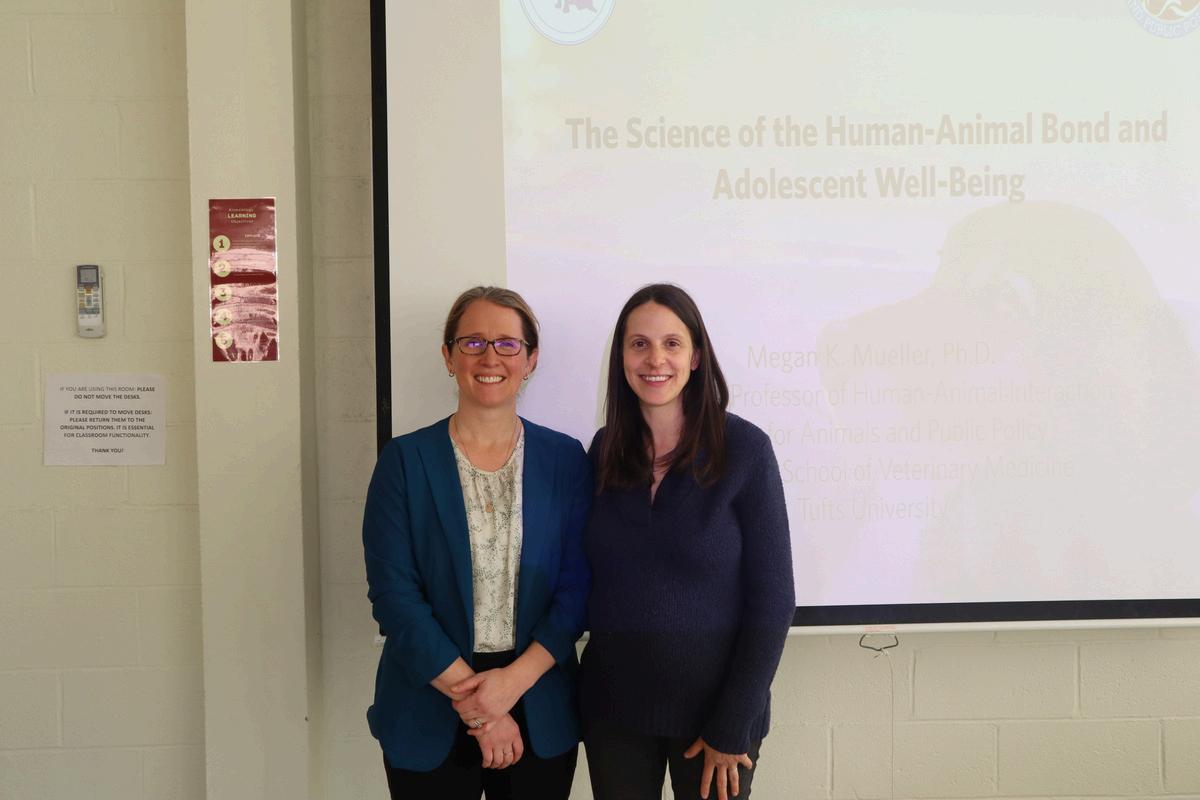
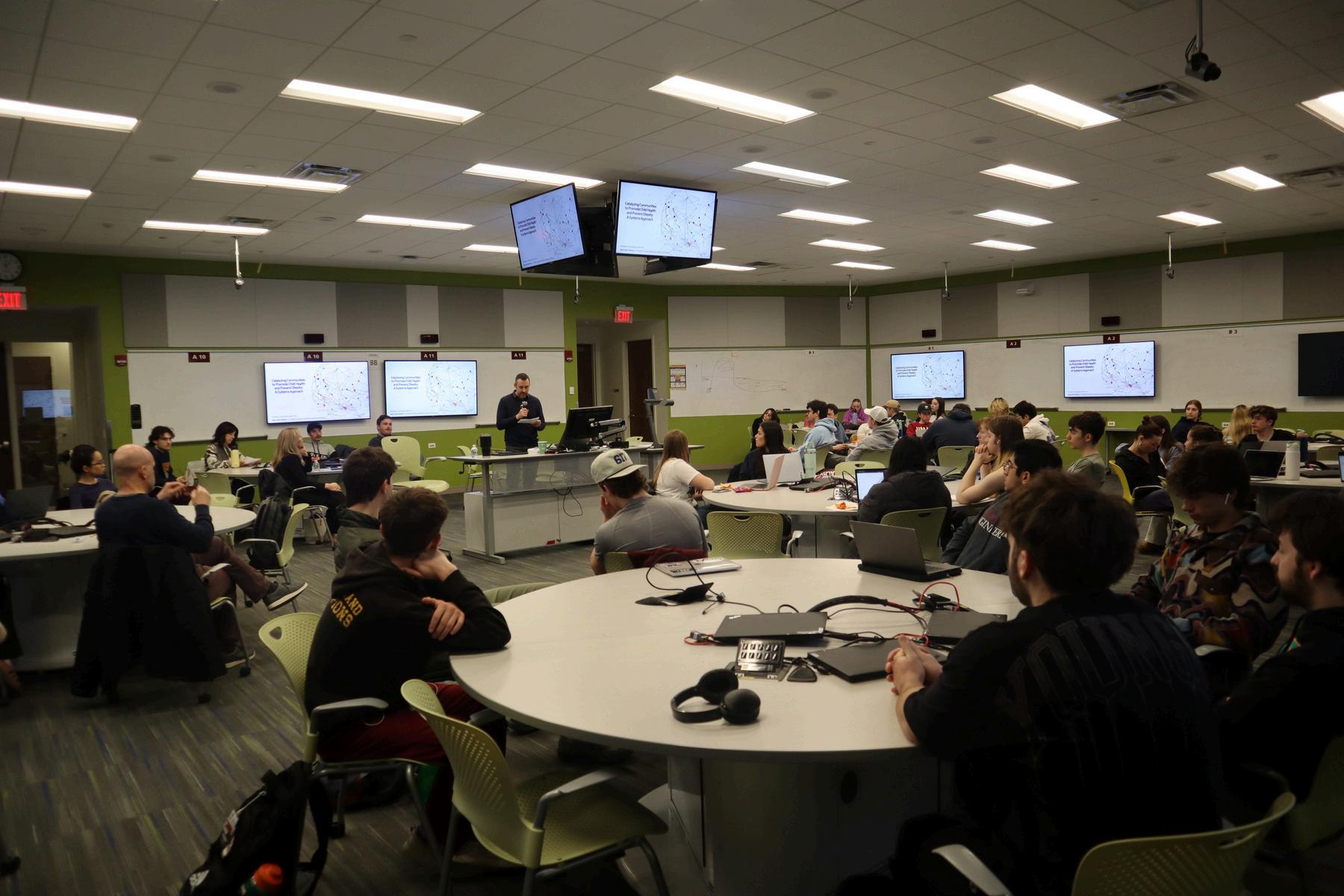
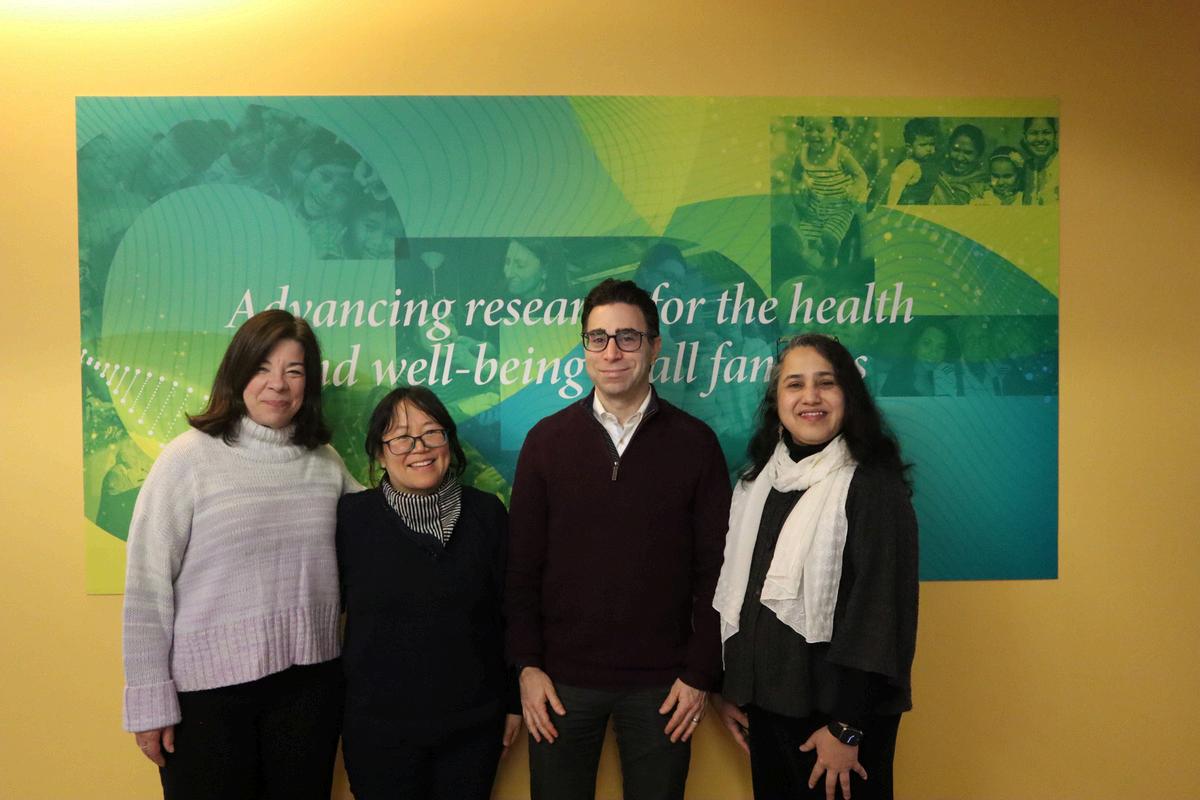
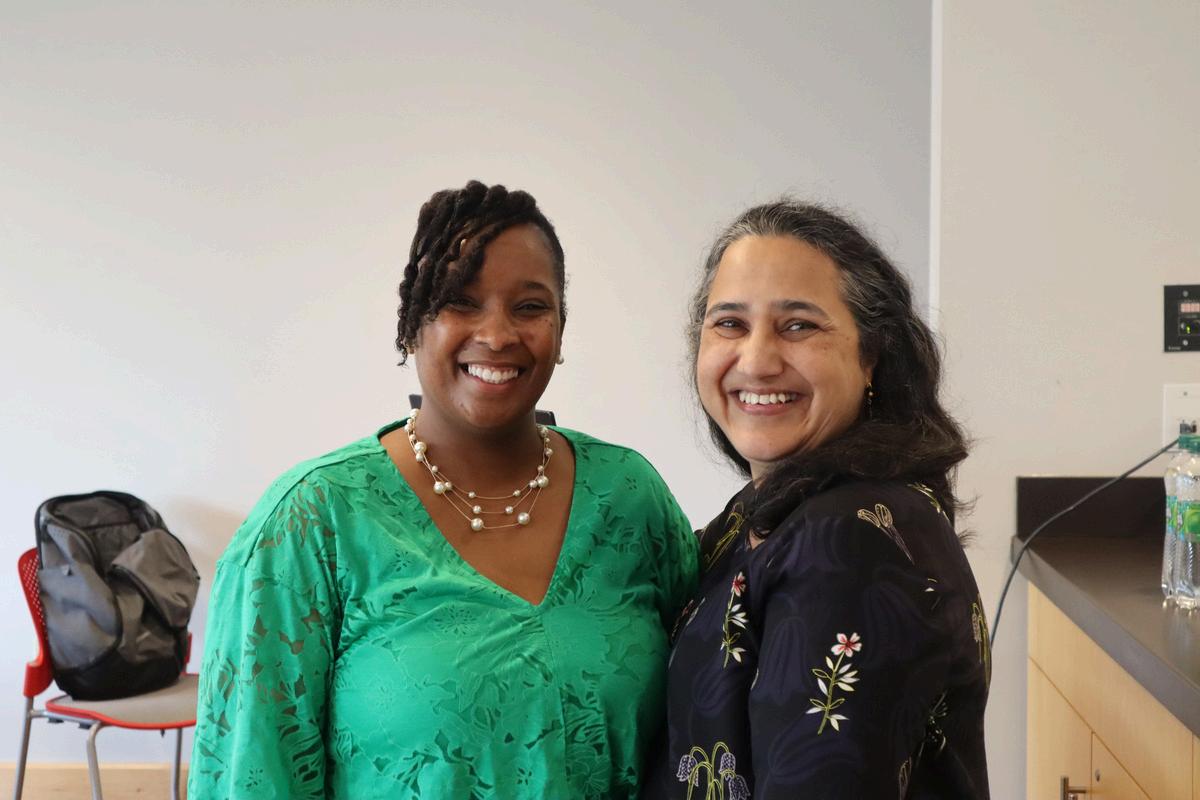
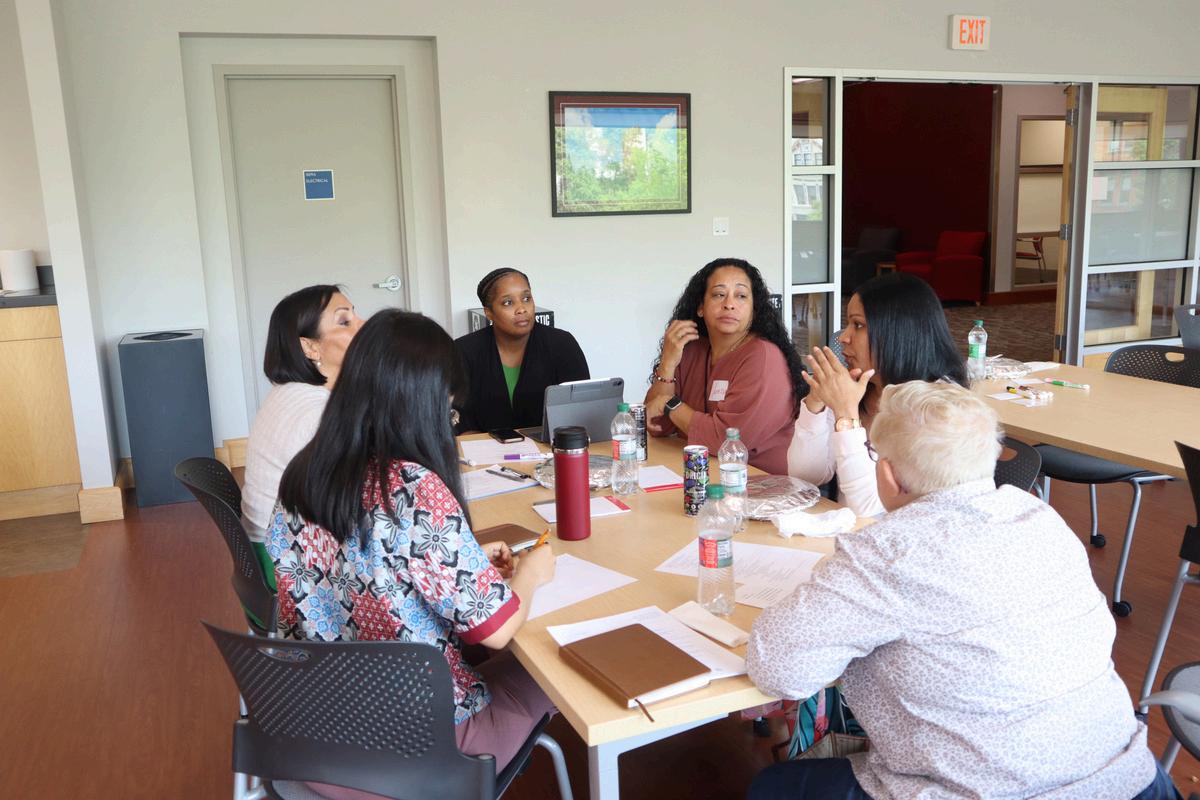


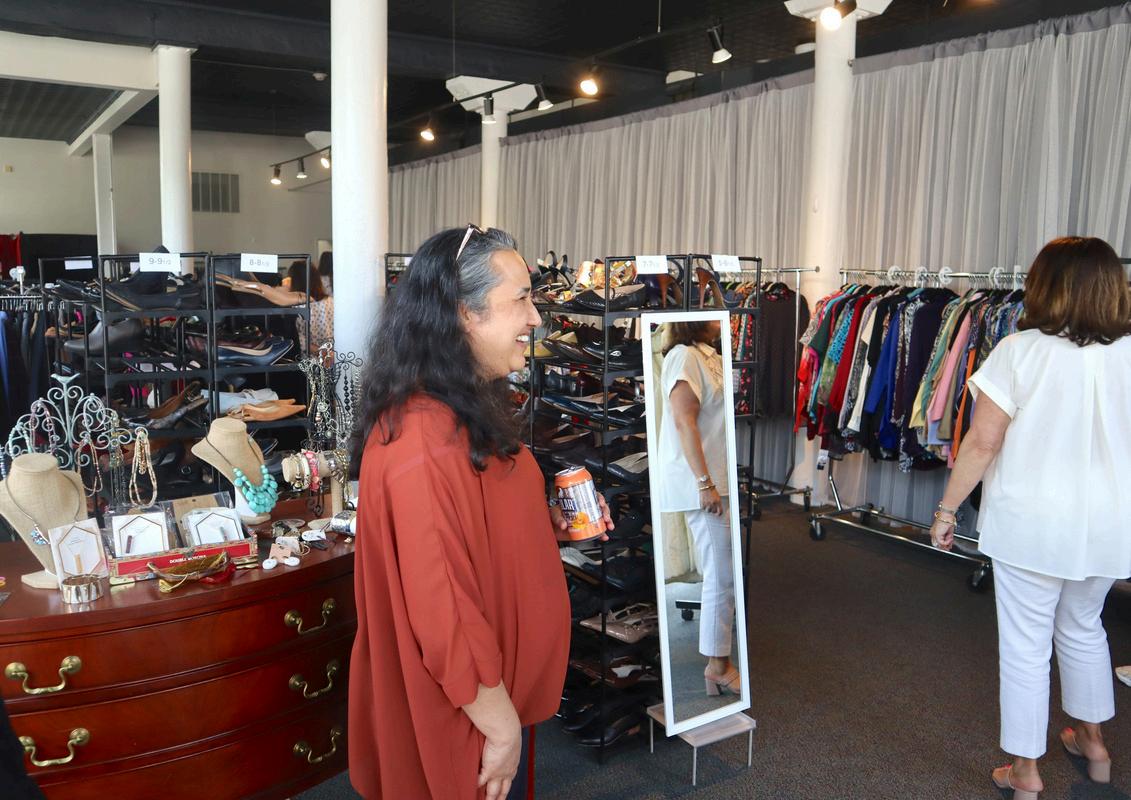
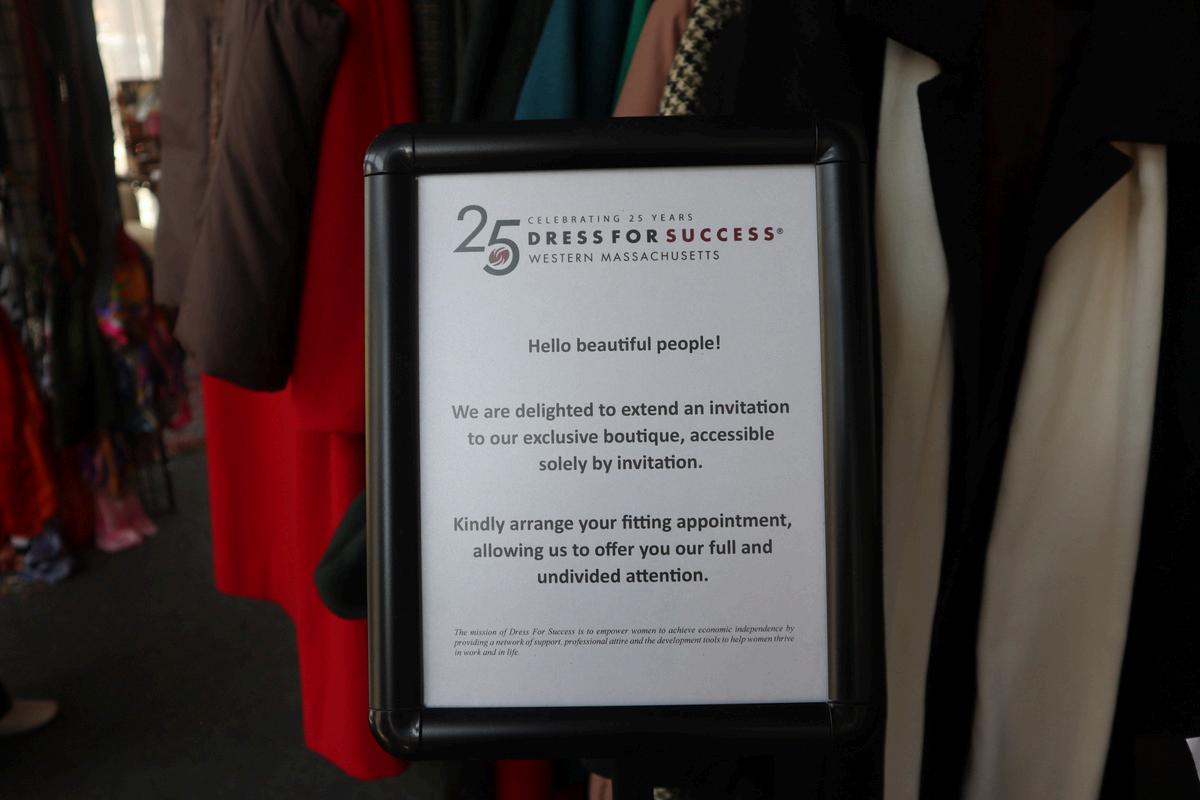
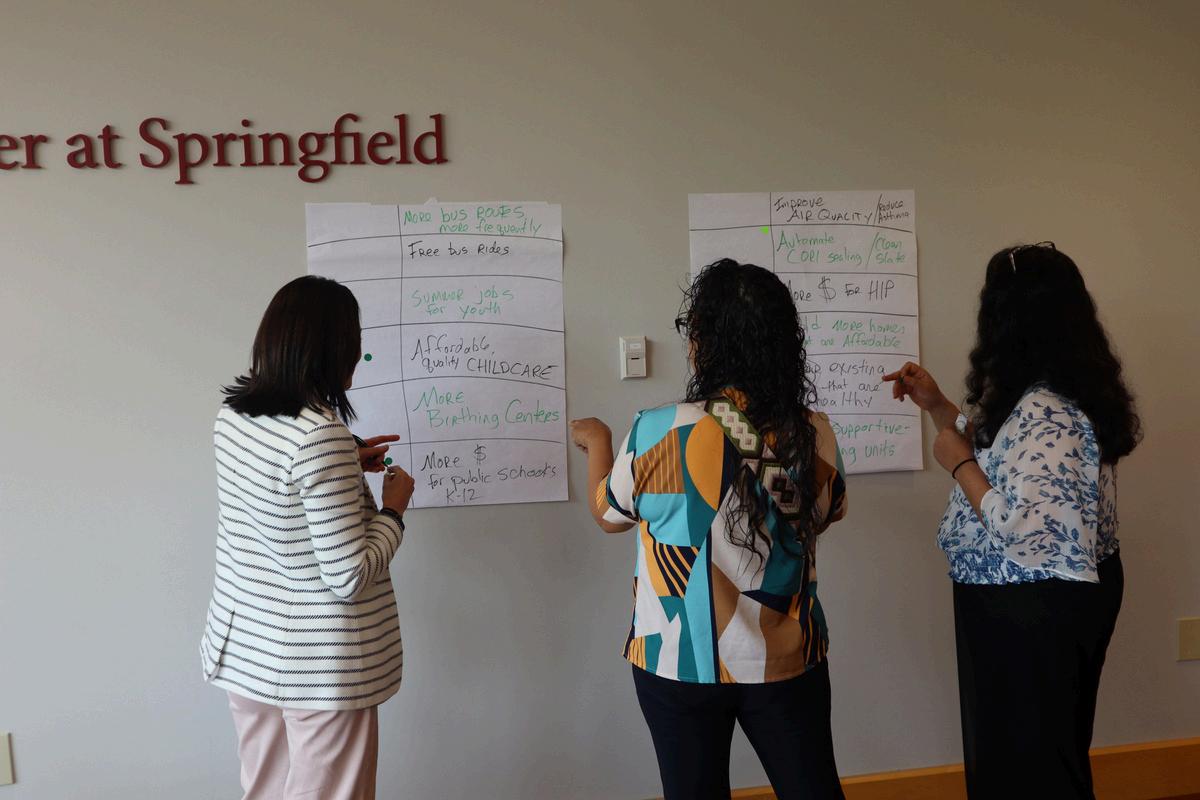
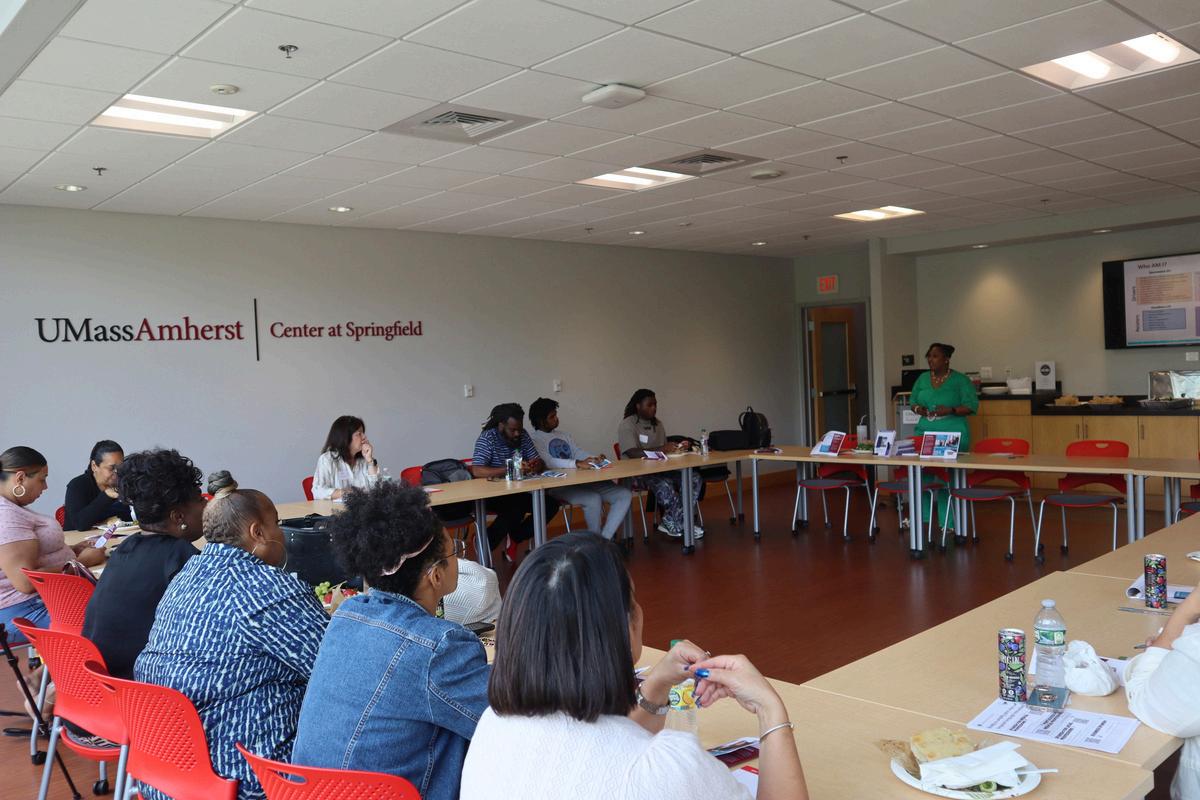
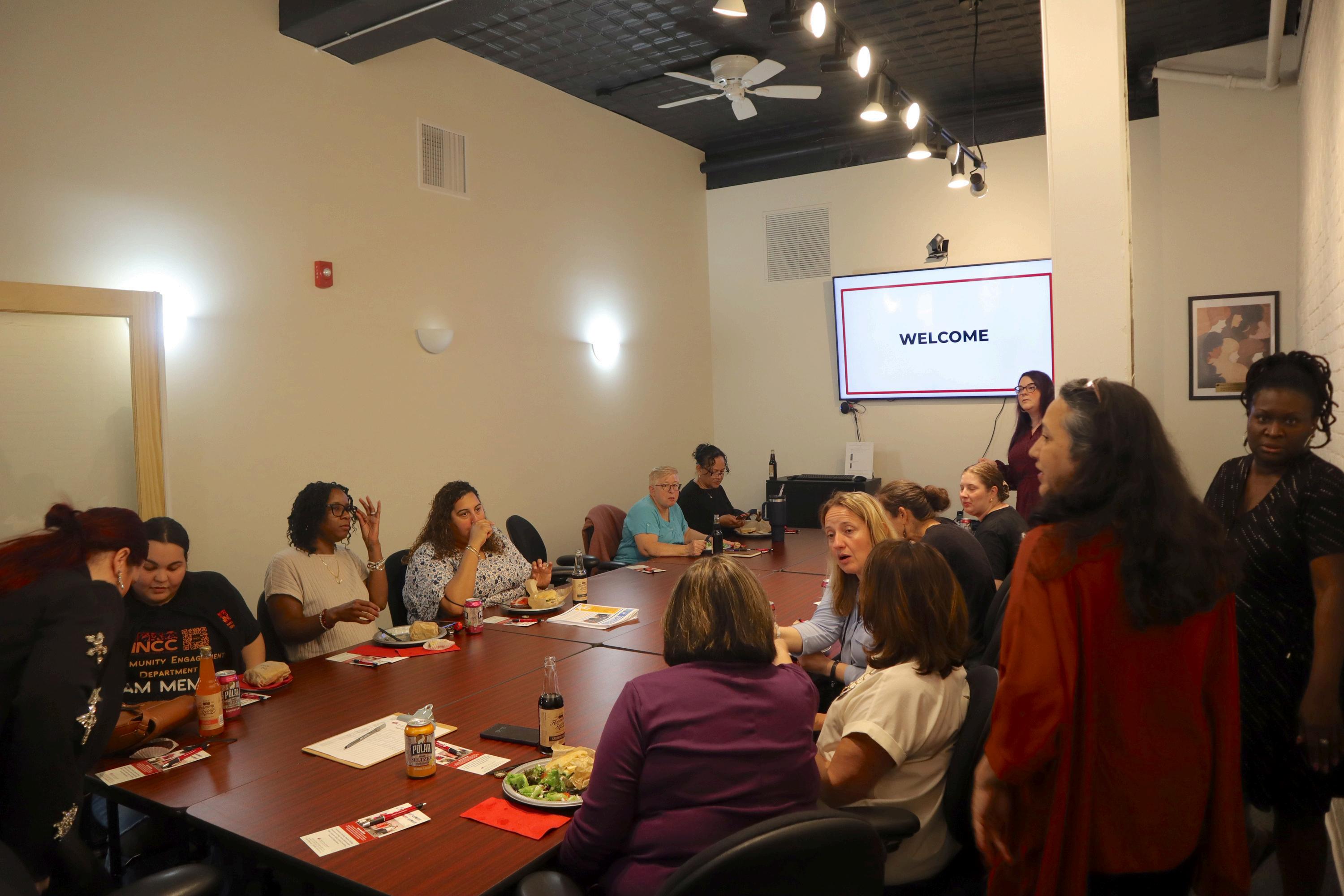
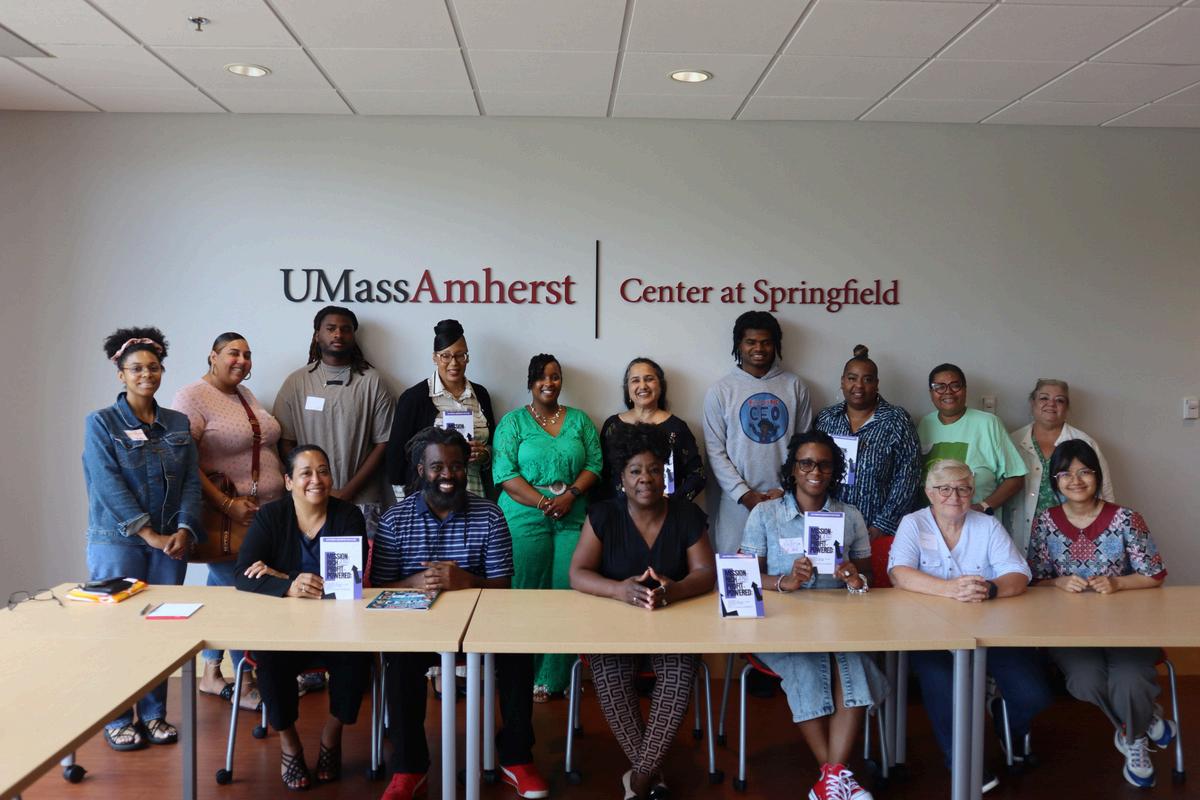
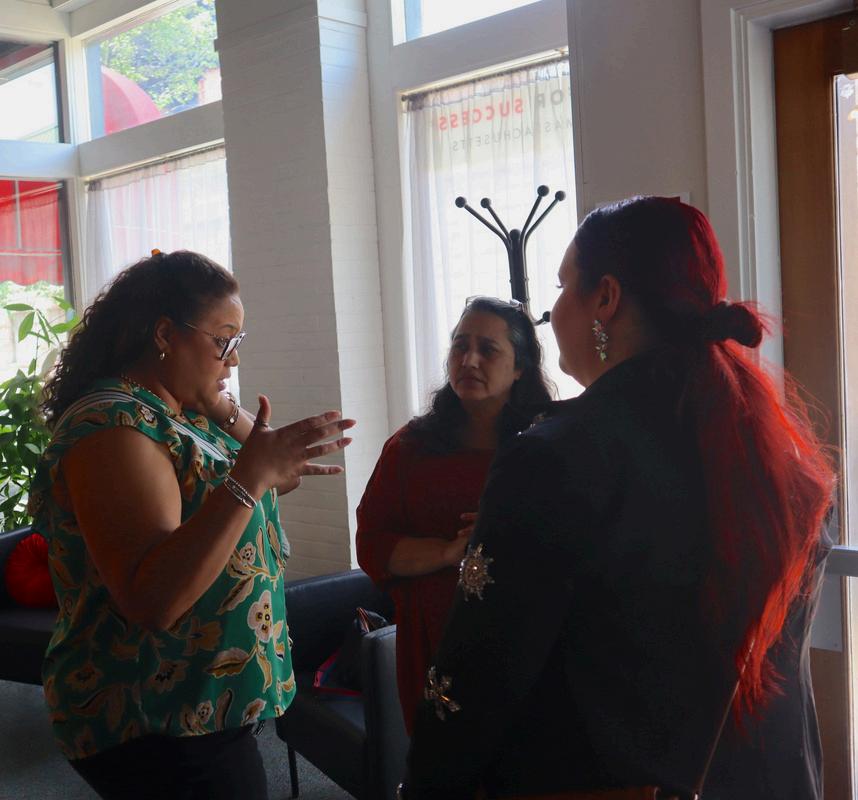
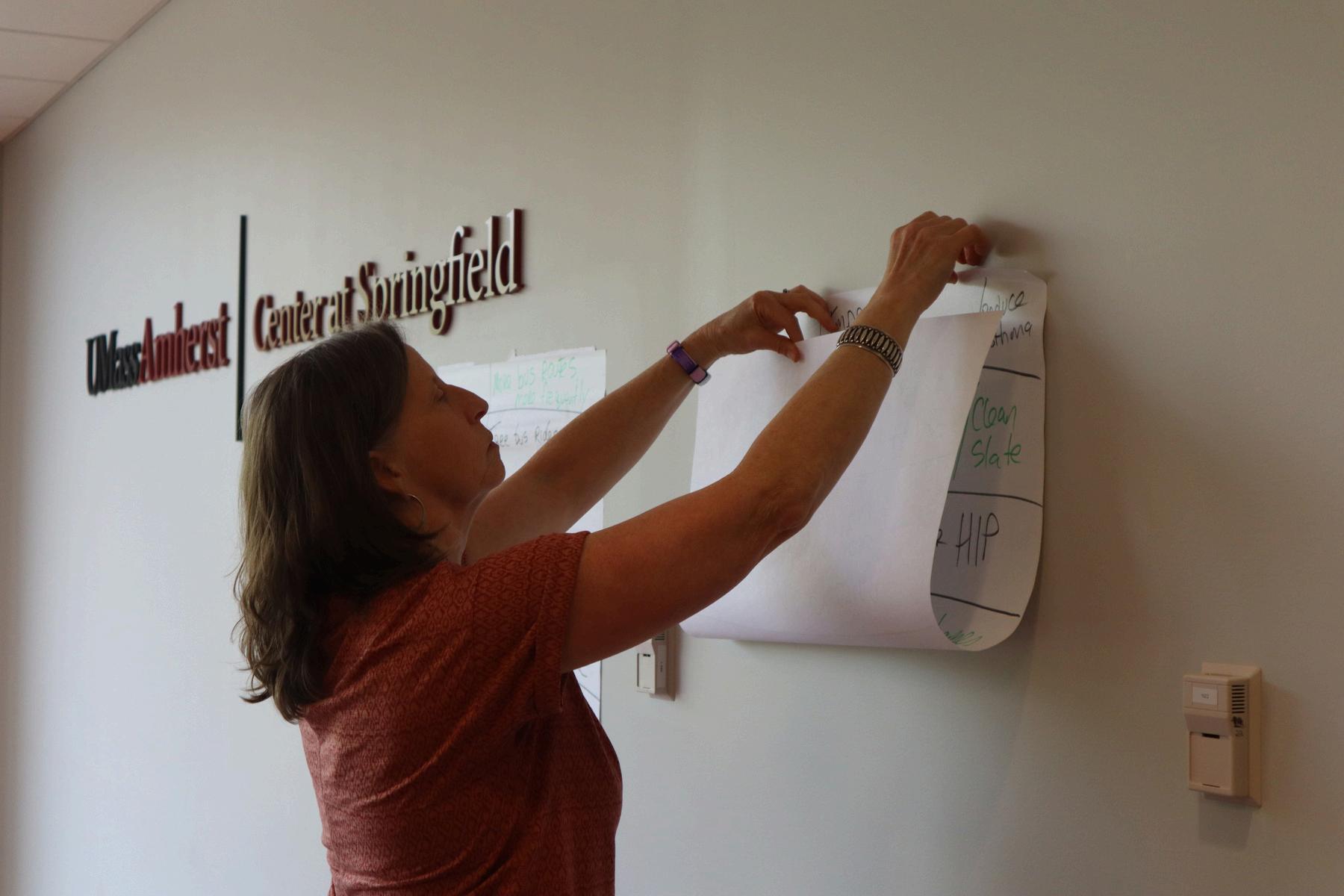
Scholar Spotlight 2024-2025 Family Research Scholars
In this year’s annual report we will be spotlighting two of our 2024-2025 Family Research Scholars.
Dr. Lucinda Canty, Associate Professor of Nursing and Dr. Kevin Young, Professor of Economics.
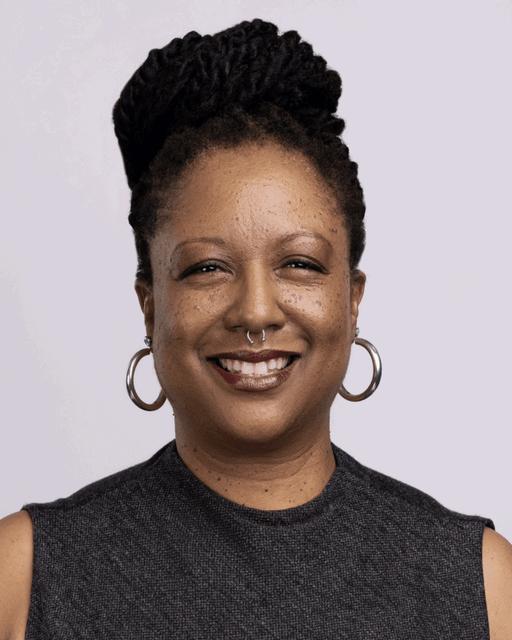
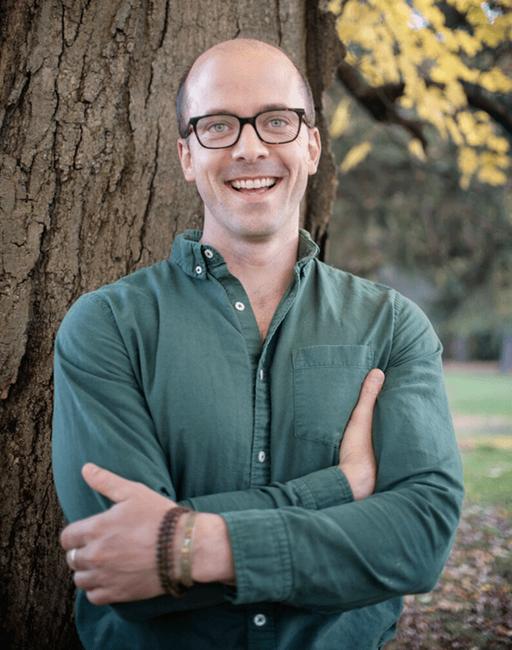
Lucinda Canty Kevin Young
Addressing Maternal Health Inequities and Provider Patient Relationships
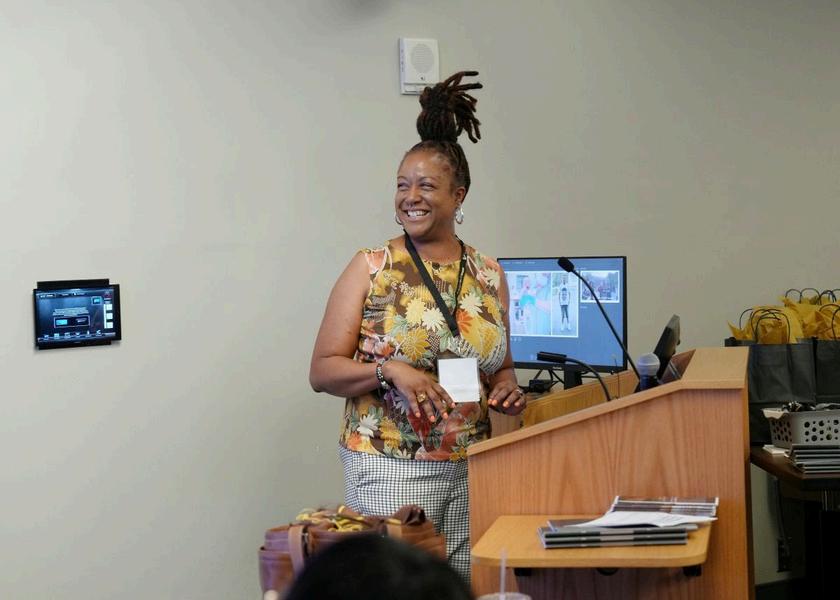
Associate Professor of Nursing Dr. Lucinda Canty’s research focuses on maternal health equity. As she originally was a nurse midwife, she found her passion for giving care to her community. She has a deep focus on improving the quality of care and outcomes for black mothers and uncovering the racial inequities they face.
During her time as a CRF Family Research Scholar she was able to narrow her research focus to mainly look at pre-eclampsia. As pre-eclampsia is one of the leading causes of death among pregnant women Dr. Canty’s research is looking to uncover concrete evidence for the early warning signs for this deadly complication; then take that information and implement it on the community level to healthcare providers as well as expecting mothers. Dr. Canty also hopes to shed light on the importance of provider for patient relationships when it comes to birthing mothers. She has found in many of her interviews that some women may have not survived if not for their relationship with their provider. Her study participants wanted a provider who would listen and advocate for them, thus showing the power of the connection formed between the patient and their care provider.
Dr. Canty also takes pride in integrating students into her work. From high school to Ph.D. students, Canty welcomes collaboration with young people looking to learn. She particularly enjoys that many of them come on to her projects to simply give back to their community. She believes that these students are then able to trully see their work improving the lives of others.
Dr. Canty looks back on her time at CRF as one of collaboration and focus. During her start she was broad in her topic of research, but through the help of her cohort’s discussions she was able to find her niche in her proposed research. She was also able to forge connections across the UMass campus with other academics from varying colleges with different areas of research. She also enjoyed the opportunity to engage with people who do quantitative research, and she was able to see different perspectives from different researchers' points of view. Dr. Canty found the FRS program allowed her to open her research to others and take help from places she might not have thought of before allowing her to foster working relationships and push the boundaries of her research.
Power, Wealth, and the Persistence of Elites
Dr. Kevin Young, Professor of Economics, focuses his research on an oftenoverlooked group: the economic elite. His career began with studies on banking lobbyists and has since expanded to examining elite populations and their power dynamics. Currently, he is launching a project funded by an RSF grant, which will track elite communities across the U.S. over time. This research aims to understand whether elites remain unified or fragmented during pivotal life stages, such as college, and how deep familial ties and socialization practices shape the transmission of wealth and power across generations. Ultimately, Dr. Young hopes his work will enrich the body of knowledge on elite populations and provide valuable resources for future researchers.
Early findings from his work have already revealed surprising patterns. Despite major social and economic upheavals throughout history, elite communities appear remarkably stable and resilient. Young notes that, while these groups have seen some diversification in terms of race and gender, their core cohesion has persisted for centuries.
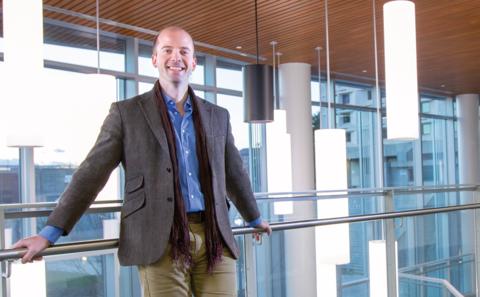
Supporting this research is a dedicated team of primarily undergraduate students, guided by a graduate student supervisor. The students comb through historical records and code data, meeting regularly with Dr. Young to refine the project’s direction. He particularly enjoys the “detective work” of interviewing and piecing together narratives that reveal the broader story of the elites he studies.
As a Faculty Research Scholar (FRS), Dr. Young valued the structure and accountability provided by regular deadlines, which helped him stay on track with grant submissions. He also appreciated the opportunity to learn from a diverse group of scholars and gain new perspectives on research design. Above all, he found CRF’s resources and commitment to FRS participants to be deeply supportive of his scholarly work.
Methodology Program
CRF’s Methodology Program provides consultation for study design and statistical analysis. The program has a particular expertise in methods for analyzing non-experimental data that arise in studies of families, developmental transitions, and intervention effects, using multilevel modeling structural equation modeling for the analysis of nested and longitudinal data.
The CRF Methodology Program also offers a series of methodology workshops, seminars, and other training opportunities throughout the academic year and during the summer months. CRF’s Methodology Program has expanded in exciting ways and continues to grow into a highly sought-after resource for family scholars. We are serving more and more external institutions and community-based organizations have requested our expertise. CRF has long served as a training ground for future methodologists. CRF Methods alumni provide methodology expertise in various fields, from academic institutions, to research and development departments in corporations, to providing evaluation and methodology support to non-profits and community based organizations.
Federally Funded Grants
CRF Methodology continues to support several large-scale NIH funded grants, including an R01 study by PI Katie Dixon-Gordon, examining emotional processes in the days after discharge from suicide attempts, funded by NIMH. Our longterm collaboration with PI Lisa Wexler (Faculty Research Scholar 2007-2008), who has received multiple NIMH R01 grants on implementation of suicide prevention programs for Native Alaskan communities, showcases how the multilevel modeling expertise CRF methods is known for can support success with federally funded grants.
Additional grants for which CRF Methodology provided analysis support in FY 25 included grants led by FRS alumni Laura Attanasio (FRS 2022-2023), and a newly funded R21 grant by Maria Galano (FRS 2022-2023) by NICHD will examine how maternal trauma symptoms in mothers of color affects their daily parenting and their children’s stress reactivity. Jennifer Mack’s NIDCD grant was also funded this fiscal year, examining the use of identification cards to help those with communication disorders navigate interactions with service workers. A complete list of federal grants for which CRF Methodology provided support in FY 2025 is listed below.
Congratulations to the PIs and thank you for including CRF Methodology as a support for your research!
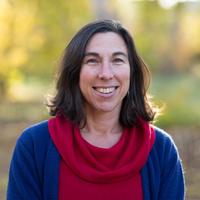
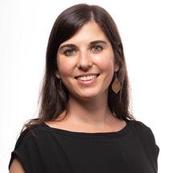
Lisa Wexler
Laura Attansio
Dr. Holly Laws, Methodology Program Director
Professional Activities
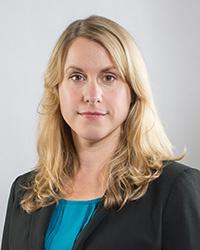
Dr. Holly Laws
Director of CRF Methodology
Served as a methodological collaborator or co-investigator on several NIH-funded grants (most PIs are former CRF scholars)
Using Daily Diaries to Trace Spillover Effects of Maternal Trauma on Children’s Stress Regulation. NIH/NICHD R21HD116166. Role: Co-Investigator (Co-PIs: Maria Galano, Psychological and Brain Sciences, College of Natural Sciences, UMass Amherst; Sara Stein, University of Michigan)
Sustainable Statistics with Impact Mindset across Levels and Disciplines. National Science Foundation Division of Undergraduate Education #2416621. Role: Methodology Collaborator (PI: Krista Gile, Mathematics & Statistics, College of Natural Sciences, UMass Amherst)
Effects of Aphasia Identification Cards on Comprehension of Aphasic Language by Unfamiliar Communication Partners, NIH/NIDCD: R21DC021233. Role: Methodology Collaborator (PI: Jennifer Mack, Speech, Language, and Hearing Sciences, School of Public Health and Health Sciences, UMass Amherst)
Hospital Quality, Processes of Care, and Racial Disparities in Birth Mode for Individuals with a Prior Cesarean. NIH/NIMHD: R21MD018075. Role: Methodology
Collaborator (PI: Laura Attanasio, Health Policy and Management, School of Public Health and Health Sciences, UMass Amherst)
EMERGE: Ecological Momentary Evaluation of Responses to Gain/Loss and Emotions. NIH/NIMH: R01MH128546. Role: Methodology Collaborator (PI: Kathrine Dixon-Gordon, Psychological and Brain Sciences, College of Natural Sciences, UMass Amherst)
Intervention Research to Improve Native American Health. NIH/NIMH: R01MH136768. Role: Methodology Consultant (PI: Lisa Wexler, University of Michigan)
Dr. Laws also continued her long-term role as an instructor of summer workshop on multilevel modeling for longitudinal, intensive longitudinal, and dyadic applications for the Inter-University Consortium for Political and Social Research (ICPSR) at University of Michigan (June 2-6, 2025)
Co-authored methodology support of multiple publications using dyadic and developmental methodological applications
Methodology Consultation Services
CRF’s Methodology Consultation team provided over 600 hours of individualized research and data consultation to their clients both in and outside the UMass Amherst Community. Methodology consultation on the following topics was provided:
Inside UMass Consultations
The methodology team has provided support to UMass faculty, graduate students, and postdoctoral fellows this academic year. Consultations range from one-time meetings to check analysis or to weekly teaching sessions to support dissertation analyses and interpretation. Our consultation is often sought for advanced methods support of master’s or dissertation proposals, including support of advanced applications such as multilevel structural equation modeling, latent class analysis, and power analysis. Several of these collaborations resulted in co-authorship on peer-reviewed publications for the Methodology Director and members of the graduate consulting team.
Outside of UMass Consultations
We have worked in long-term teaching consultations with faculty at Boston College, Hunter College School of Social Work, University of Colorado, University of Kentucky Louisville, University of Utah, University of Texas at Austin, Smith College, and Yale School of Public Health. Support ranged from teaching conventional statistics to more advanced applications such as multilevel modeling for longitudinal or dyadic data analyses, and structural equation modeling. The studies focus on many areas relevant to CRF’s family research mission including caregiver relationships and mental health for aging populations, trauma-informed teaching within middle school classrooms, dyadic relationship processes, and health for trans and nonbinary individuals. CRF methodology program continues to gain recognition as a resource to provide such support.
Community-Based Consultations
CRF Methodology continues to support our long-term work with the Women’s Fund of Western Massachusetts. Finally, a new collaboration with the National Collaborative for Philanthropic Young Women’s Initiatives (NPCYWI) began in Summer 2024. The goal of this project was Phase 1 of this evaluation was completed in Spring 2025, which involved an assessment of the young women’s initiative’s 14 different Women’s Foundations and Funds.
Methodology Workshops
This year the CRF Methodology Department ran two academic year workshops and two summer workshops. All workshops were offered virtually to both the UMass community and beyond.
In total all workshops served 101 participants in 22 states and 9 countries.
Participant Countries Include:
Nigeria
Italy
Chile
Germany
Netherlands Belgium South
Academic Year Workshops Summer Workshops
Mediation with Dyadic Data using the ActorPartner Dependance Model (APIM)
Instructor: Ann Folker
Making Meaning from Words: Dictionary-Based Text Analysis in R
Instructor: Aanchal Setia
Stress Biomarkers: Why, What, Where, How
Instructors: Jerrold Meyer, Katherine DixonGordon, Lisa M. Troy (University of Massachusetts Amherst), Richard Hunter (University of Massachusetts Boston)
Introduction to Dyadic Data Analysis
Instructors: Niall Bolger (Columbia University), J.P. Laurenceau (University of Delaware)
Methodology Mentoring and Engagement of UMass Amherst Students
We welcomed Aanchal Setia to the team as a methods consultant along with Ann Folker, who defended her dissertation in Spring 2025. Nathan Huff rejoined the team in the new role of postdoctoral methodology consultant, and took the lead on the Phase 1 evaluation project for the National Collaborative of Philanthropic Young Women’s Initiatives. CRF Methods alumnus and assistant professor at in clinical psychology at American University Alice Coyne provided interim management and supervision of the methodology team while Dr. Laws was on professional leave in Fall 2024.
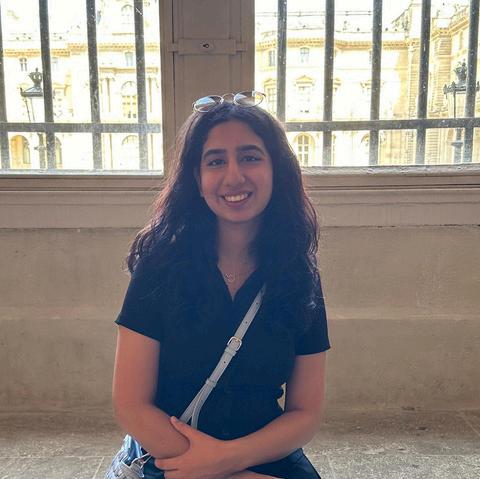
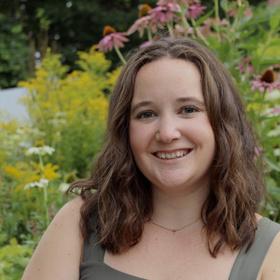
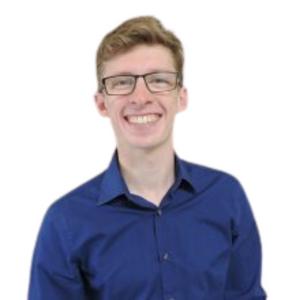
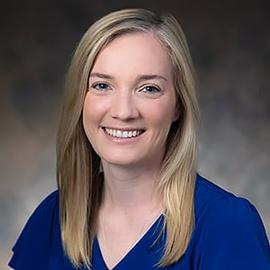
Thanks to all our methodology consultants for another excellent year of methodology teaching and support to our clients within UMass and at other universities and organizations!
Aanchal Setia Graduate Methods Consultant
Ann Folker Graduate Methods Consultant
Nathan Huff Postdoctoral Methods Consultant
Dr. Alice Coyne Interim Supervisor
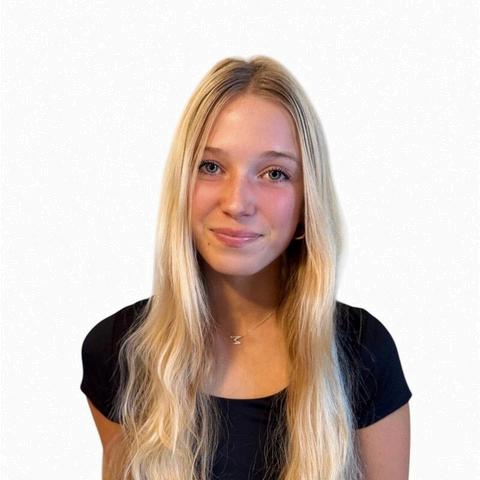
More Than a Campus Job: Marigold Averill’s CRF Experience
Marigold Averill, a current undergraduate student, is a CRF Undergraduate Office Assistant She found CRF when searching for an on-campus position to add to her college experience. The mission of the center as well as the mentorship she would get during her time in the position is what first drew her to the position. Averill's goal was to gain as much knowledge and skills as she could during her time at CRF.
During her first semester at CRF, Marigold had the opportunity to work on a variety of different projects. She found that working to prepare and run different events was the most memorable and meaningful to her. She particularly enjoyed this as she was able to manage all the components that go into running an academic lecture and event smoothly. These events also aligned with her future goals as she hopes to work in communications in the health care industry or for organizations with a similar mission to CRF.
Marigold Averill
As a marketing major, Averill found that her work in CRF complemented her work in the classroom. Her projects on social media and with graphic design at CRF aligned with her coursework and gave her leverage in her classes. Additionally, Averill learned how to advertise research and academic content to connect with wider audiences, which in turn led to larger audiences for the CRF events. “I learned how to adjust the tone of written language to engage with varying audiences on the UMass Campus and beyond” said Averill.
Leading into her senior year at UMass Amherst, Averill was able to complete a summer internship. “My time at CRF made me more prepared for my work during my internship. Going into my internship I already had a skill set in copywriting and graphic design among many others that I learned at CRF”. Averill’s experience with CRF has helped shape her post-graduation goals, inspiring her to pursue the same type of work she had the opportunity to be a part of at CRF.

In FY 2025, the National Philanthropic Collaborative of Young Women’s Initiatives (NPCYWI), who work to advance the leadership, economic security, health and well- being of young women and diverse youth through collaborative philanthropy and systemic change, launched a groundbreaking evaluation in partnership with the UMass Center for Research on Families (CRF). Together, we sought to better understand the scope, impact, and opportunities of Young Women’s Advisory Councils (YWACs) across the nation. Phase 1 of the evaluation focused on evaluation of YWAC programming from the Foundation CEO and Program staff perspectives. Phase 2, which is planned for FY 26/27, will evaluate YWACs from youth and community partner staff perspectives.
CRF played a pivotal role as the evaluation lead, convener, implementer, listener, and co-creator alongside the NPCYWI team and its partners
YWACs are powerful platforms for developing leadership, advocacy, and civic engagement among young women and youth. CRF’s Phase 1 evaluation of 14 foundations’ YWACs revealed shared strengths and local innovations that help these programs empower participants and their communities nationwide. The findings show lasting impacts—greater civic participation, personal growth, stronger community ties, and a commitment to uplift others. Many alumni have gone on to lead in higher education, nonprofits, and public policy, highlighting YWACs’ role in shaping the next generation of change-makers
Rooted in UMass Amherst’s national reputation as a leader in science and public impact, CRF’s dedication to rigorous, community-informed research provides a strong foundation for NPCYWI’s next phase of growth and the continued advancement of youth-led systems change nationwide.
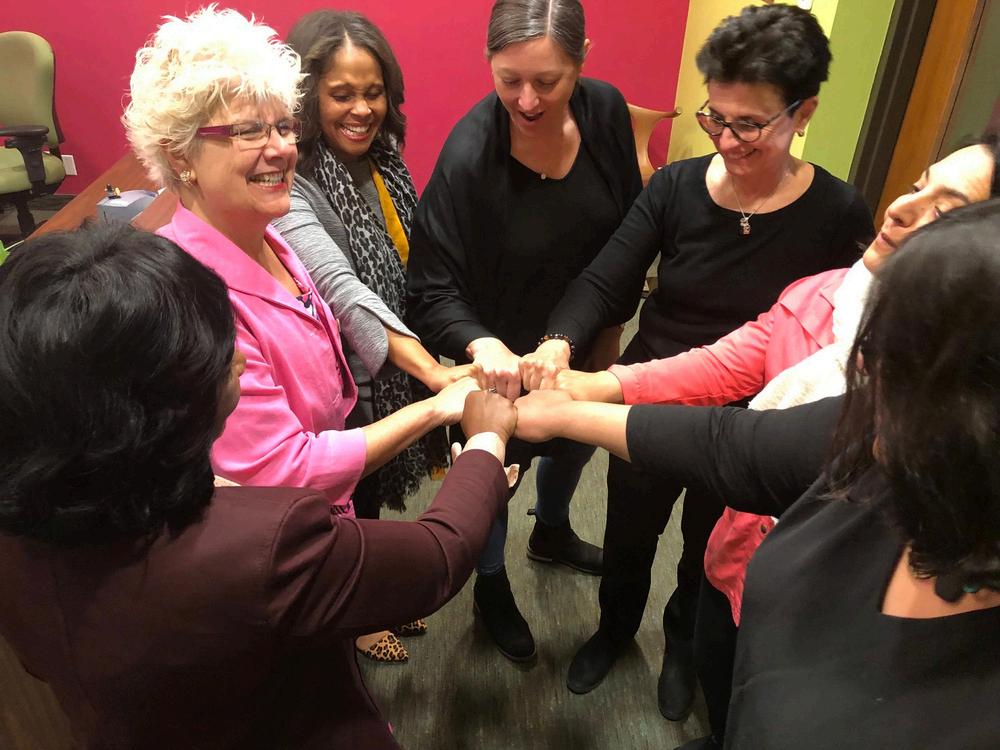
Membership in NPCYWI also provided critical benefits to foundations and funds, offering them access to vibrant learning communities, shared resources, funding opportunities, and peer mentorship. The NPCYWI and CRF partnership ensured that the voices of member organizations informed them of strategic directions and best practices.
As a center within the University of Massachusetts Amherst, the Center for Research on Families (CRF) exemplifies the best of the university’s mission and values. UMass Amherst, as the Commonwealth’s flagship public research university and a proud land grant institution, is dedicated to advancing knowledge and fostering public service. CRF embodies these commitments through its focus on participatory research, community engagement, and active collaboration principles that lie at the heart of both the land grant mission and youth-led systems change.
Fostering the Future of STEM in Western Massachusetts
Written by Maria Wigati and RobinAmara Heard, 2025 CRF Summer Interns
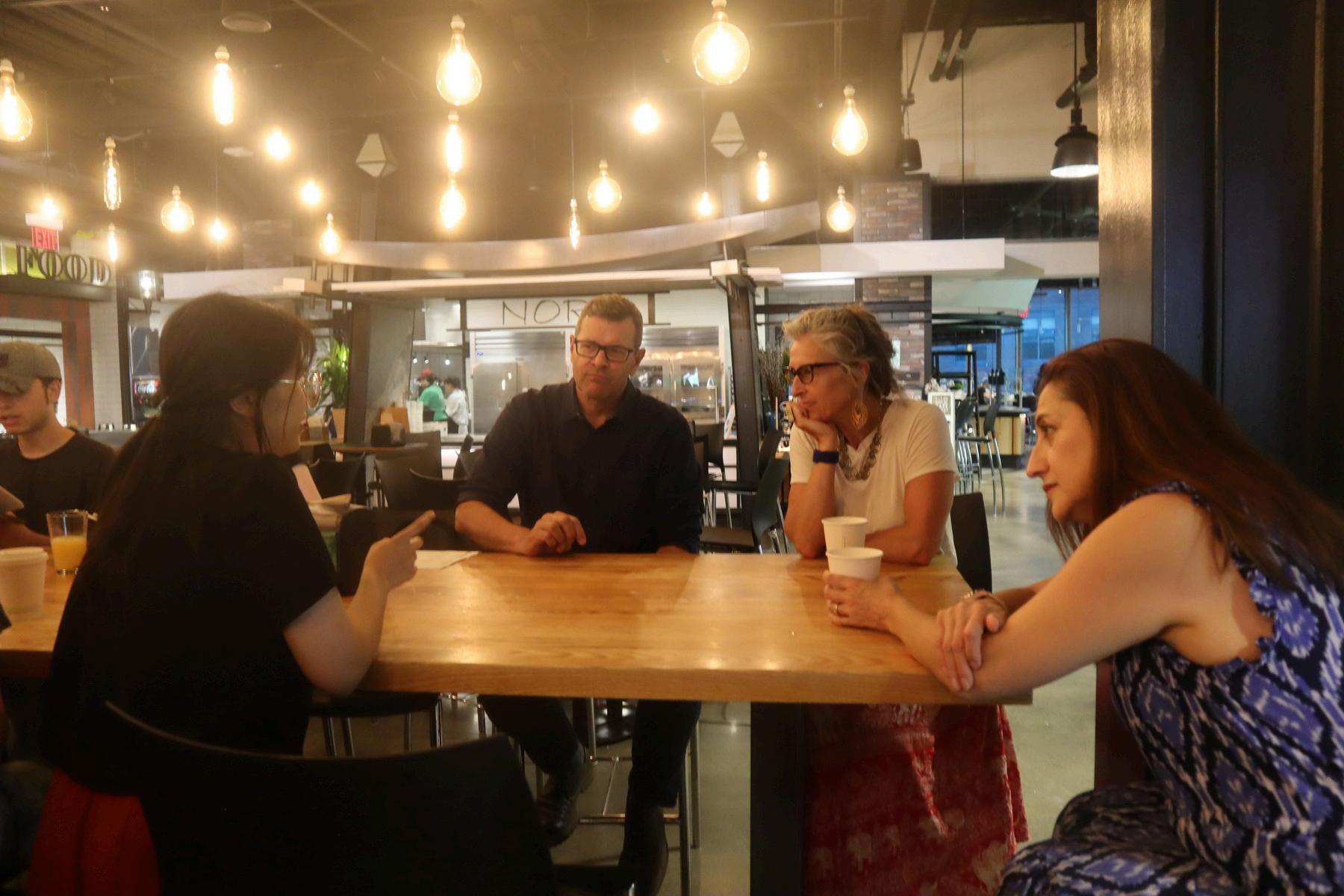
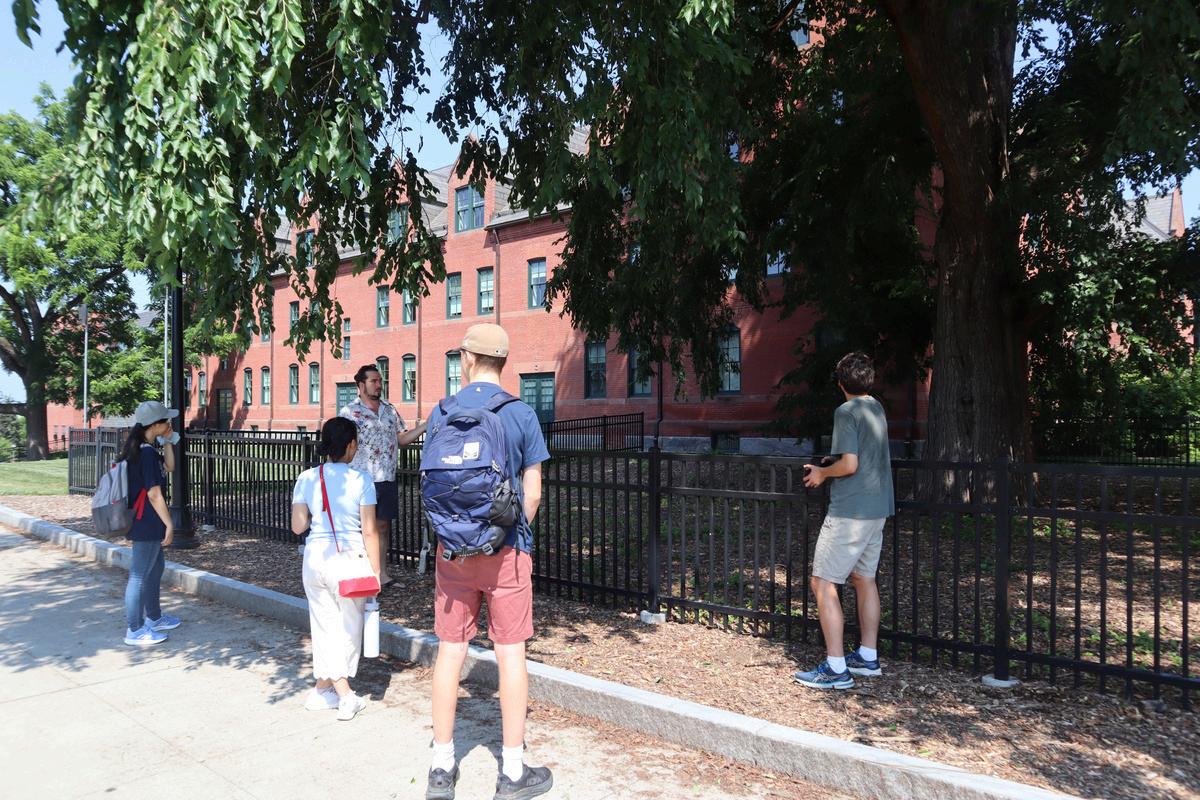
This summer, we supported the onboarding of 60 high school students from Western Massachusetts in a STEM internship program at UMass Amherst. Together with the Provost's Office, Dining Services, faculty, staff, and various campus administrators, CRF created a program designed to enrich the students' experiences in STEM learning and campus life.
During the internship, students were exposed to a wide range of research areas, including environmental health, brain and neuroscience, robotics and artificial intelligence, data science, and climate and public health. They actively participated in experiments, analyzed data, and observed real-world applications of STEM concepts. This experience has helped them better understand potential academic and career paths in science and technology.
As part of the program, CRF organized several add-on activities, such as tours of the UMass Arboretum and visits to the UMass Makerspace. These experiences not only provided students with the opportunity to explore creative and hands-on environments outside of their lab routines, but also connected campus resources.
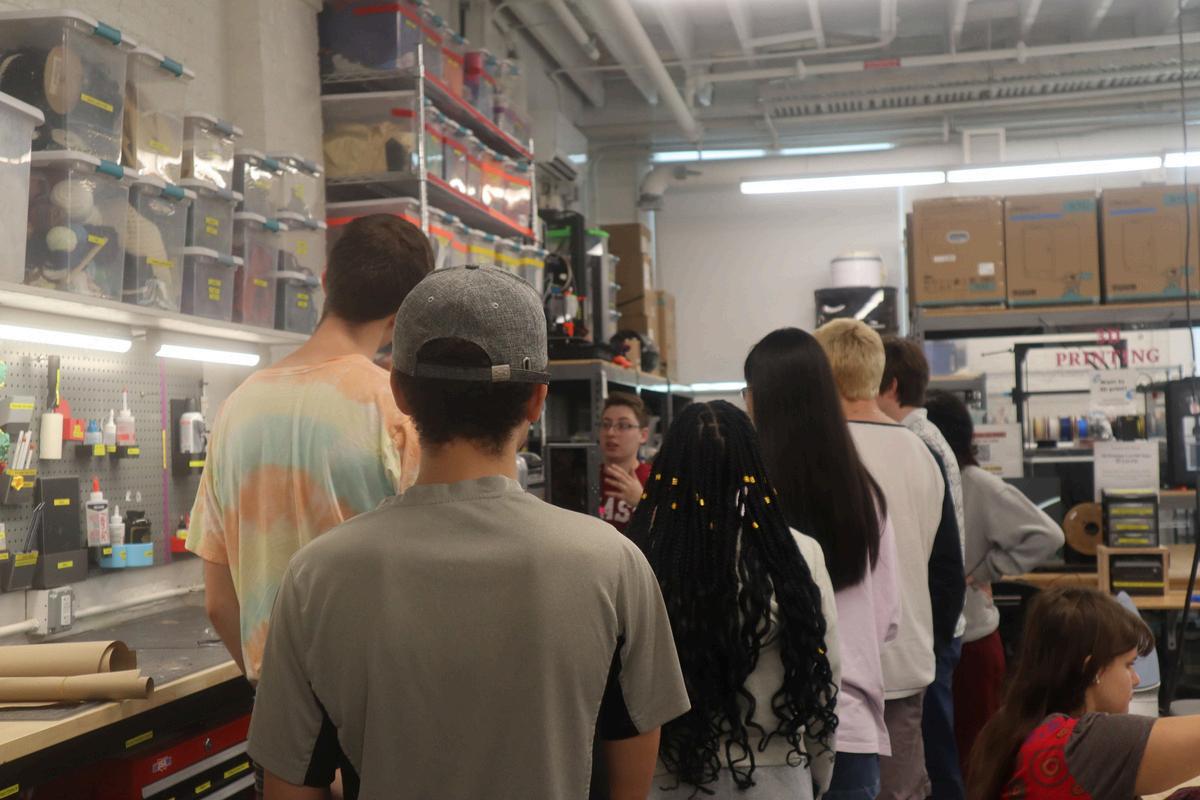
One of the highlights of the program was witnessing the students’ enthusiasm and curiosity. Many expressed excitement about applying what they had learned in their future studies. Through this program, CRF not only provided hands-on learning opportunities but also fostered a sense of community, mentorship, and exploration for the next generation of STEM scholars.
CRF and the Collaborative for Educational Services thanks our campus partners—including the Provost’s Office, Summer Interns, UMass Faculty, HR Business Partners, Talent Acquisition, and Dining Services—for helping make this opportunity possible.
Community Engaged Research: Food as Medicine
CRF continued its partnership with Baystate Health and Wellspring Cooperative to carry out the Springfield Prescription Produce Collaborative, a “food as medicine” initiative in Springfield, MA, to improve the health of 124 enrolled patients with low income and chronic health conditions. The project increased opportunities for patients to access fresh fruits and vegetables and nutrition education while boosting the local food system in Springfield. Participating patients learned how to use Healthy Incentive Program (HIP) dollars and received vouchers to use at four markets in the Springfield area. The project also helped the Go Fresh mobile market establish a thriving market stop at the Brightwood health center. Through collaborations with the UMass Nutrition Extension services, the project brought monthly nutrition classes to patients and staff at the Brightwood and Mason Square health clinics.
Dr. Elizabeth Eagleson, the clinical lead on the project, initiated a series of teaching kitchen classes for patients at the Brightwood health center, and used the teaching kitchen to help train medical residents. Dr. Fred Rose, the community lead and grant administrator, continued to support the project in navigating policy shifts such as changes in HIP dollars for the purchase of local farm produce. Bi-sek Hsiao, CRF’s research fellow and coordinator of the project, facilitated the collection of midpoint surveys and mentored students and dietetic interns in community nutrition and research experiences.
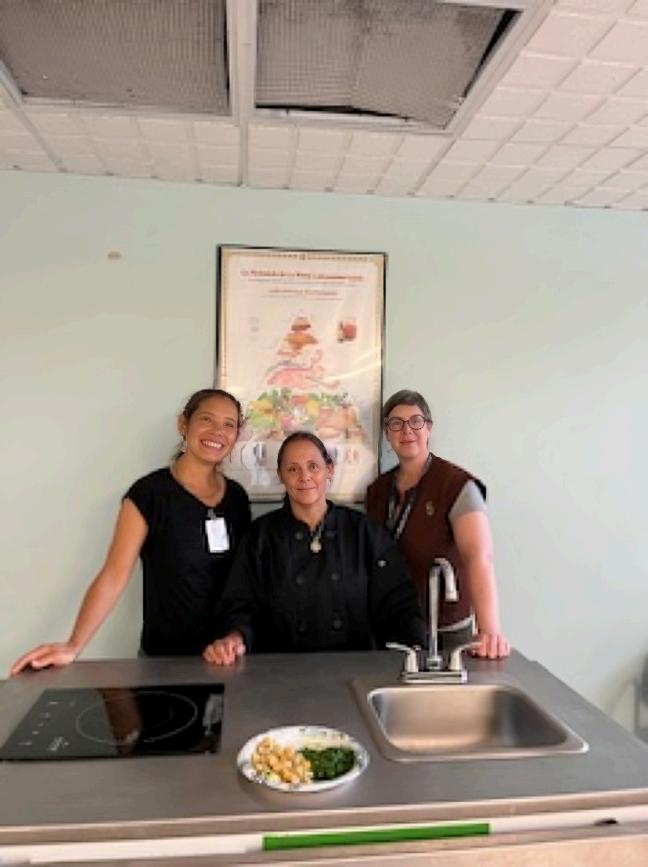
Pictured left to right: Bi-sek Hsiao, Ana Jaramillo (Chef), and Dr. Elizabeth Eagleson
Springfield Women’s Economic Security Hub

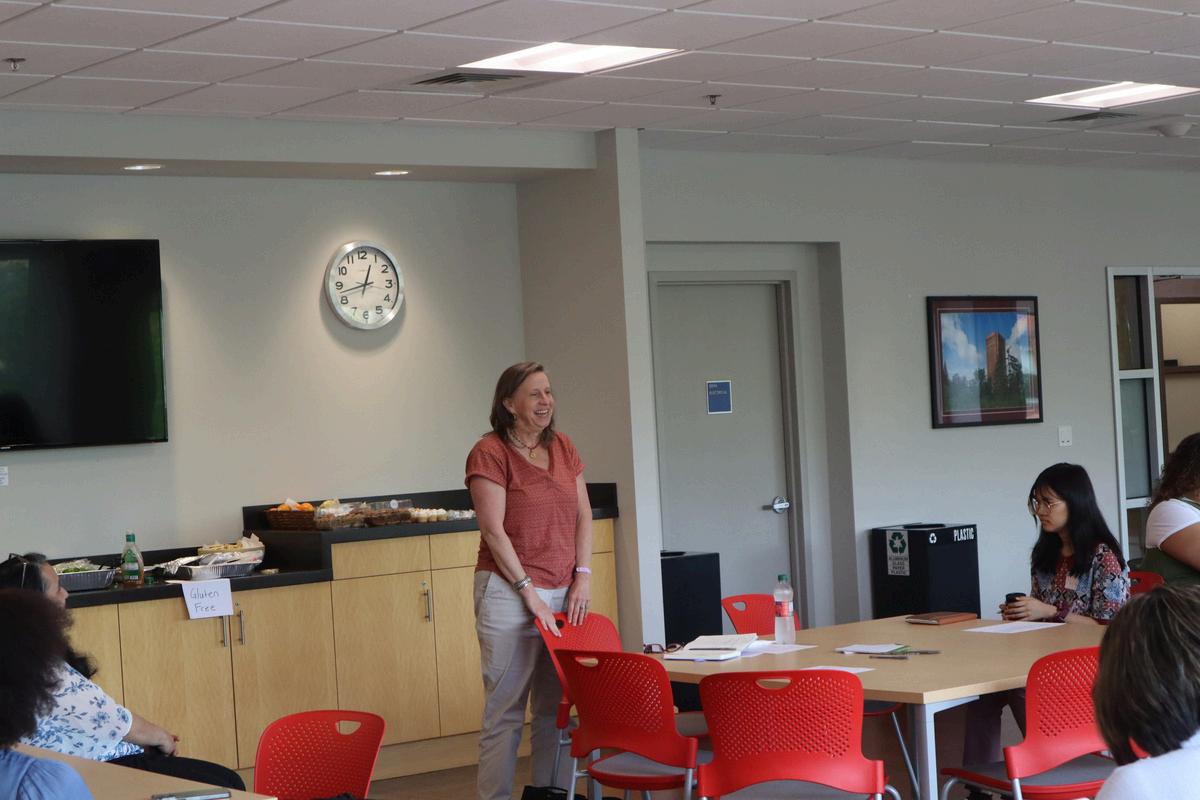

During summer of 2025 CRF hosted and assisted in 4 different Economic Security Hub (ESH) Community Events to a total of 76 participants.
ESH Convening Meet & Greet - May 28, 2025
Hosted with Dress for Success Western Mass, this kickoff event brought community partners together to connect, share resources, and spark new collaborations.
ESH Policy Roundtable - June 4, 2025
This roundtable gathered community providers from the Western Massachusetts area to exchange ideas and discuss pressing policy issues shaping local needs. Andrea Freeman from the Public Health Institute of Western Mass lead the insightful conversation.
ESH Zoom Training with Waleska: Organizational Leadership and Utilizing best Practices for Inclusion - June 11, 2025
Led by community leader Waleska Lugo-DeJesus, this session explored inclusive leadership, addressing racism, micro-aggressions, and ways to foster equity and cultural humility.
ESH Training with LaTonia Naylor: Leadership and Non-Profit Business Management - June 20, 2025
In the final summer workshop, LaTonia Naylor shared strategies for strong leadership and effective nonprofit and business management with community members.

CRF extends a special thank you to the UMass Center at Springfield and Dress for Success Western Massachusetts for allowing us to host these events in their spaces.
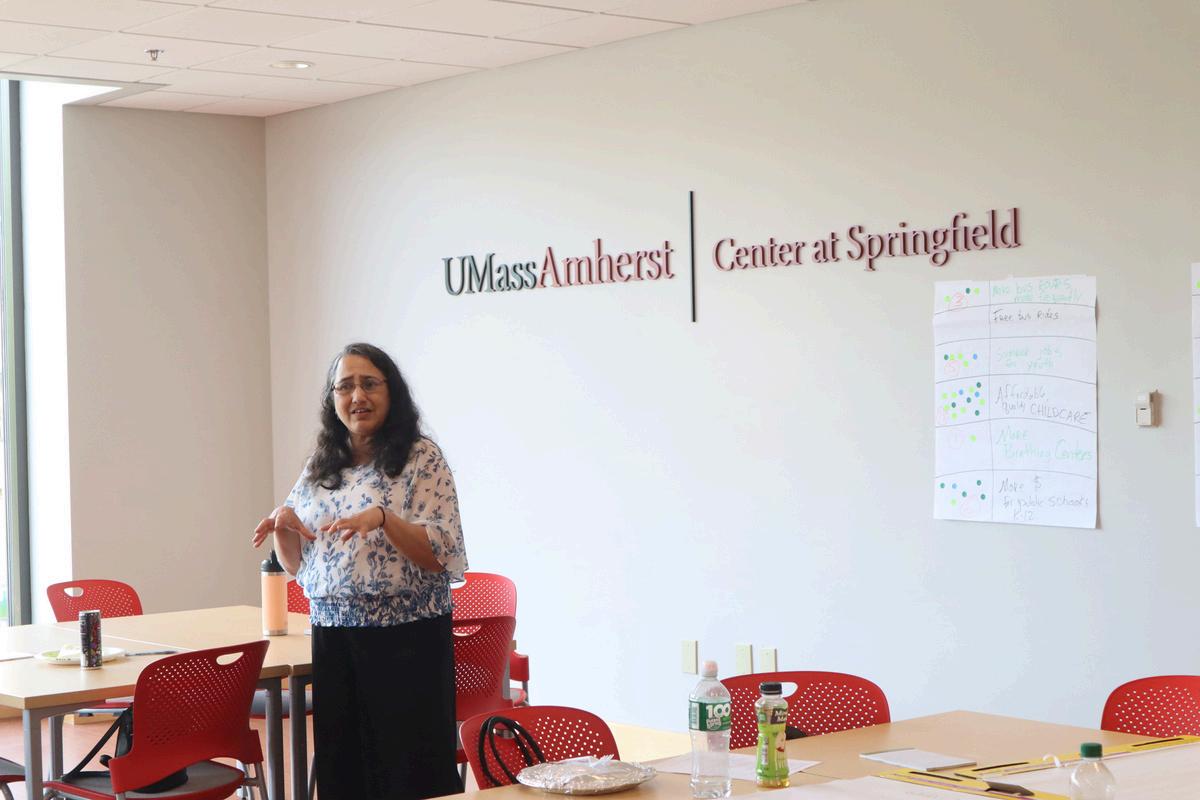

From Client to Program Manager: Takisha Mim’s Journey with CRF and Dress for Success
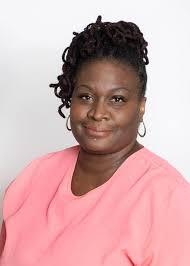
Takisha Mims currently serves as the Impact Manager for Dress for Success (DFS) Western Massachusetts, but before she joined the team she started out as a client. Mims was in a tough spot when she found DFS when a friend had recommended it to her. She took one of their online courses and as soon as she graduated, she knew she had found her place to help make a difference in the lives of other women who have been in her same situation. Through the Center for Research on Families (CRF) Mims was able to get data analysis training. This training allowed her to connect with others not only personally, but professionally.
CRF additionally was able to teach her how to get the necessary data from people and handle it with care. Mims gained new perspectives after her data analysis training with CRF. One of these insights included treating everyone she encounters as individuals with their own special needs and circumstances. She also gained confidence in her skills to converse with others which led her to make more personal connections with the people she encountered through DFS.
The data they have collected has been invaluable to the DSF mission. They saw that individuals are unique, but they all have the same needs and face the same overarching issues including issues with racism, housing, and making a livable wage among others. Mims sees all her work as meaningful and insightful. She especially values the daily conversations she has with the community. These conversations are at the true heart of Mims important work.
Mims hopes to continue her work by furthering her education in HR to keep aiding the community. Takisha wants the women who walk through the doors of DFS to put education first. She urges that “finding a mentor and opening yourself to change and opportunity is the best way to take the first steps into moving forward in creating a better future for not only themselves, but in their community as well.”

Faculty and Postdoctoral Network Looking to the Future
As the Center for Research on Families (CRF) 2025 academic year comes to an end, the hardships and successes of the past year serve as a reminder of both the uncertainties of our time and the fortitude of our community. In an era of shifting priorities and reduced federal support, CRF remains steadfast in its mission: to advance precise, community-engaged research that improves the lives of families and strengthens equity.
Looking to 2026, CRF is committed to building on this foundation. The Center will continue to provide faculty, students, and community partners with the resources, mentorship, and infrastructure needed to spark innovative ideas and sustain meaningful scholarship. With evaluation and reflection as guiding practices, CRF will refine the tools necessary to measure long-term impact, inform policy, and scale effective models across disciplines and communities.
CRF’s work is rooted in collaboration, and it is this collective strength that ensures its impact in uncertain times. By fostering partnerships, nurturing the next generation of scholars, and prioritizing research that serves the public good, the Center is positioned to not only weather challenges but to thrive and lead.
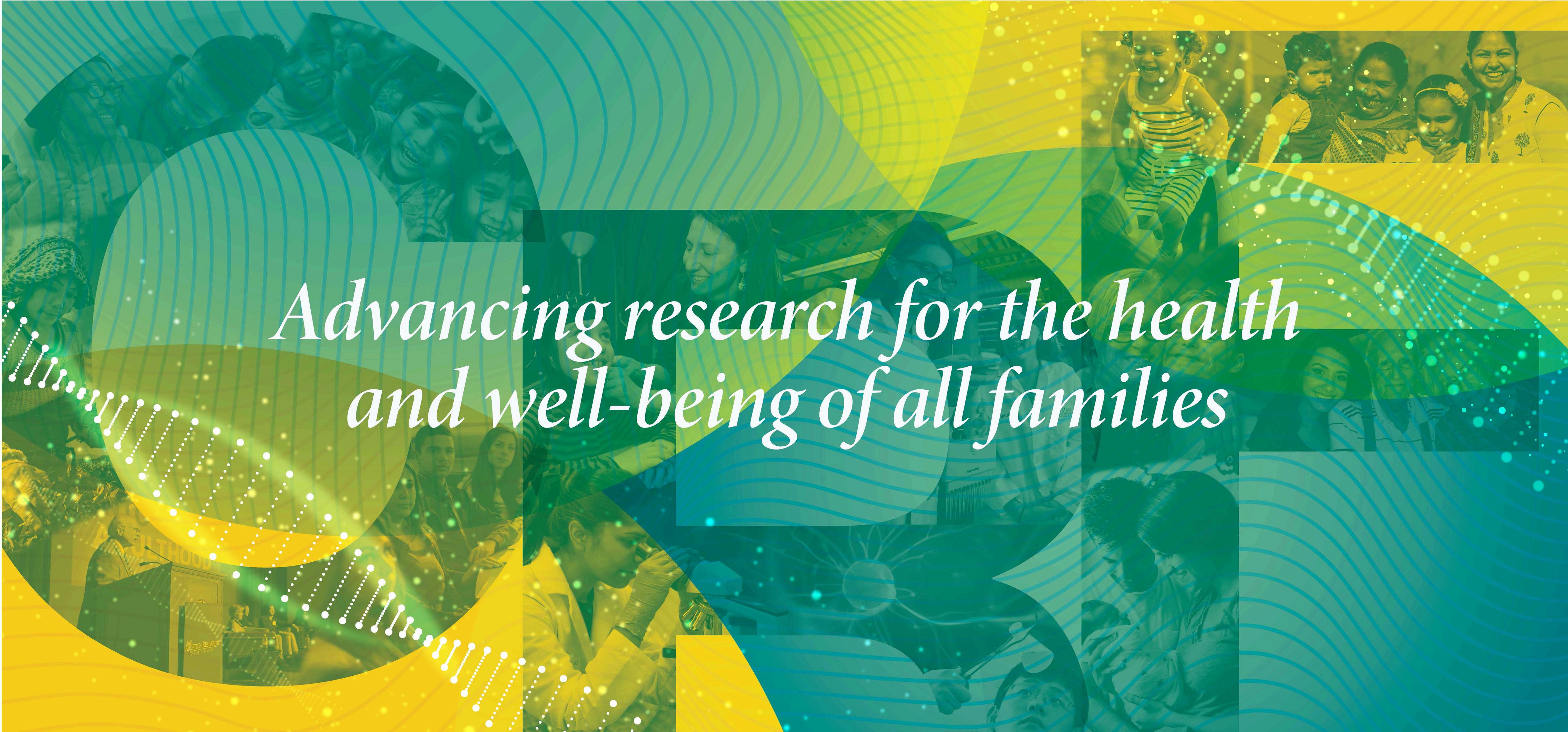
As we step into the future, CRF looks forward with resolve — committed to supporting research, strengthening partnerships, and advancing knowledge that uplifts families and communities near and far.
Sofiya Alhassan, Kinesiology
Faculty and Postdoctoral Network
Luiz Amaral, Spanish and Portuguese Studies
Daniel Anderson, Professor Emeritus, Psychological and Brain Sciences
Kathleen Arcaro, Veterinary and Animal Sciences
Raphael Arku, Environmental Health Sciences
David Arnold, Professor Emeritus, Psychological and Brain Sciences
Laura Attanasio, Health Promotion and Policy
Soo Young Bae, Communications
Lee Badgett, Professor Emeritus, Economics and Public Policy
Ian George Barron, International Education
Angelica M. Bernal, Political Science
Elizabeth Bertone-Johnson, Epidemiology
Sylvia Brandt, Resource Economics and Public Policy
Yuriy Brun, Information and Computer Sciences
Michelle Budig, Sociology
Brenda Bushouse, Political Science and Public Policy
Lucinda Canty, Nursing
Yu-Kyong Choe, Communication Disorders
Eleni Christofa, Civil and Environmental Engineering
Joohyun Chung, Nursing
Soonkyu Chung, Nutrition
Leda Cooks, Communication
Lorraine Cordeiro, Nutrition
Nilanjana Dasgupta, Psychological and Brain Sciences
Matt Davidson, Psychological and Brain Sciences
Katherine Dixon-Gordon, Psychological and Brain Sciences
Achsah Dorsey, Anthropology
Gerald Downes, Biology
Sarah Fefer, Student Development
Karine Fénelon, Biology
Nancy Folbre, Professor Emeritus, Economics
Maria Galano, Psychological and Brain Sciences
Naomi Gerstel, Professor Emeritus, Sociology
Sarah Goff, Health Promotion and Policy
Sarah Gonzalez-Nahm, Nutrition
Adam Grabell, Psychological and Brain Sciences
Devon Greyson, Communication
Aline Gubrium, Community Health Education
Sanjiv Gupta, Sociology and Public Policy
Krista Harper, Anthropology and Public Policy
Elizabeth Harvey, Psychological and Brain Sciences
Lili He, Food Science
Julie Hemment, Anthropology
Brigitte Holt, Anthropology
Favorite Iradukunda, Nursing
Linda Isbell, Psychological and Brain Sciences
Alexandra Jesse, Psychological and Brain Sciences
Karen Kalmakis, Nursing
Miliann Kang, Women’s Studies
Joshua Kaiser, Sociology
Ezekiel Kimball, Education
David Kittredge, Natural Resources and Environment
Elizabeth Krause, Anthropology
Emily Kumpel, Civil and Environmental Engineering
Jacquie Kurland, Communication Disorders
Youngbin Kwak, Psychological and Brain Sciences
Agnès Lacreuse, Psychological and Brain Sciences
Jungwoo Lee, Engineering
Jennifer Lundquist, Sociology
Tara Mandalaywala, Psychological and Brain Sciences
Ezra Markowitz, Environmental Conservation
Airín Martínez, Health Promotion and Policy
Jennifer Martin McDermott, Psychological and Brain Sciences
Bruna Martins-Klein, Psychological and Brain Sciences
Jillian McCorkel, Sociology and Criminology
Evelyn Mercado, Psychological and Brain Sciences
Joya Misra, Sociology and Public Policy
Sindiso Mnisiweeks, Political Science and Legal Studies
Jacqueline Mosselson, Educational Policy Research and Administration
Jerusha Nelson-Peterman, Nutrition
Carrie Nobels, Environmental Health Science
Alissa Nolden, Food Science
Tatishe Nteta, Political Science
Mark Pachucki, Sociology
Stephanie Padilla, Biology
Amanda Paluch, Kinesiology
Mary Paterno, Nursing
Fareen Parvez, Sociology
Mariana Pereira, Psychological and Brain Sciences
Paula Pietromonaco, Professor Emeritus, Psychological and Brain Sciences
J. Richard Pilsner, Environmental Health Sciences
Krystall Pollitt, Environmental Health Sciences
Katie Potter, Kinesiology
Krishna Poudel, Community Health Education
Kalpana Poudel-Tandukar, Nursing
Sally Powers, Professor Emeritus, Psychological and Brain Sciences
Marsha Kline Pruett, Social Work, Smith College
Rebecca Ready, Psychological and Brain Sciences
Katherine Reeves, Epidemiology
Faculty and Postdoctoral Network
Heather Richardson, Psychological and Brain Sciences
Jacqueline Rickson, Smith College
Sarah Roelker, Kinesiology
Shannon Roberts, Engineering
Dean Robinson, Political Science
Jonathan Rosa, Anthropology
Gwyneth Rost, Communication Disorders
Jamie Rowen, Legal Studies
Wenona Rymond-Richmond, Sociology
Lisa Sanders, Psychological and Brain Sciences
Amy Schalet, Sociology
Erica Scharrer, Communications
Lisa Scott, Psychology
Corinna Serviente, Post Doctorate, Kinesiology
Lynette Leidy Sievert, Anthropology
Lindiwe Sibeko, Nutrition
John Sirard, Kinesiology
Nina Siulc, Anthropology, currently with the Vera Institute
Rebecca Spencer, Psychological and Brain Sciences
Cassandra Spracklen, Biostatistics and Epidemiology
Jeffrey Starns, Psychological and Brain Sciences
Richard Tessler, Professor Emeritus, Sociology
Alicia Timme-Laragy, Environmental Health Sciences
Linda Tropp, Psychological and Brain Sciences
Lisa Troy, Nutrition
Laura Vandenburg, AVCRE, Vice Provost of Research
Nicole VanKim, Biostatistics and Epidemiology
Elena Vazey, Biology
Aida Villanueva Montalvo, Sociology
Ryan Wells, Educational Policy, Research, and Administration
Marin Wexler, Community Health Education
Brian Whitcomb, Epidemiology
Jennifer Whitehill, Health Promotion and Policy
Sarah Witkowski, Smith College
Amanda Woerman, Biology
Kevin Young, Economics
Ning Zhang, Health Economics and Public Policy
Affiliated Faculty:
Meghan Armstrong-Abrami, Spanish and Portuguese Studies
Ysaaca Axelrod, Teacher Education and Curriculum Studies
Annaliese Beery, Psychology, Smith College
Joseph Bergan, Neuroendocrine Studies
Jeffrey D. Blaustein, Professor Emeritus, Psychological and Brain Sciences
Michael Busa, Center for Human Health and Performance
Erik Cheries, Psychological and Brain Sciences
Stuart Chipkin, Kinesiology
Kirby Deater-Deckard, Psychological and Brain Sciences
Kristina Deligiannadis, UMass Memorial Medical Center
Andrew Farrar, Psychological and Brain Sciences
Jennifer Foster, Anthropology
Hal Grotevant, Professor Emeritus, Psychological and Brain Sciences
Sanjiv Gupta, Sociology and Public Policy
Claire Hamilton, Teacher Education and Curriculum Studies
Susan Hankinson, Biostatistics and Epidemiology
Mary Harrington, Psychology, Smith College
Katherine (KC) Haydon, Mount Holyoke College
Karen Kalmakis, Nursing
Miliann Kang, Women’s Studies
Jane Kent, Kinesiology
Elizabeth Krause, Anthropology
Jacquie Kurland, Communication Disorders
Christine Langton, Epidemiology
Laura Lovett, History
Jerrold Meyer, Professor Emeritus, Psychological and Brain Sciences
Mark Miller, Kinesiology
David Moorman, Psychological and Brain Sciences
Melinda Novak, Professor Emeritus, Psychological and Brain Sciences
Joonkoo Park, Psychological and Brain Science
Luke Remage-Healey, Psychological and Brain Sciences
Jacqueline Rickson, Smith College
SeonYeong Yu, Teacher Education and Curriculum Studies
Steering Committee
Nilanjana (Buju) Dasgupta, Professor of Psychological and Brain Sciences
Kirby Deater-Deckard, Professor of Psychological and Brain Sciences
Sara Fefer, Associate Professor of Education
Steve Goodwin, Deputy Chancellor
Hal Grotevant, Professor Emeritus of Psychological and Brain Sciences
Linda Isbell, Professor of Psychological and Brain Sciences
Karen Kalmakis, Professor of Nursing
Lynnette Leidy Seivert, Professor of Anthropology
Airín Martínez, Assistant Professor of Health Promotion and Policy
Joya Misra, Professor of Sociology
Maureen Perry-Jenkins, Professor of Psychological and Brain Sciences
Shannon Roberts, Assistant Professor of Engineering
Susan Shaw, Associate Professor of Community Health Education
Lindiwe Sibeko, Associate Professor of Nutrition
Laura Vandenberg, Associate Vice Chancellor and Vice Provost for Research & Engagement, Professor of Environmental Health
Wendy Varner, Emeritus Director of Faculty Development
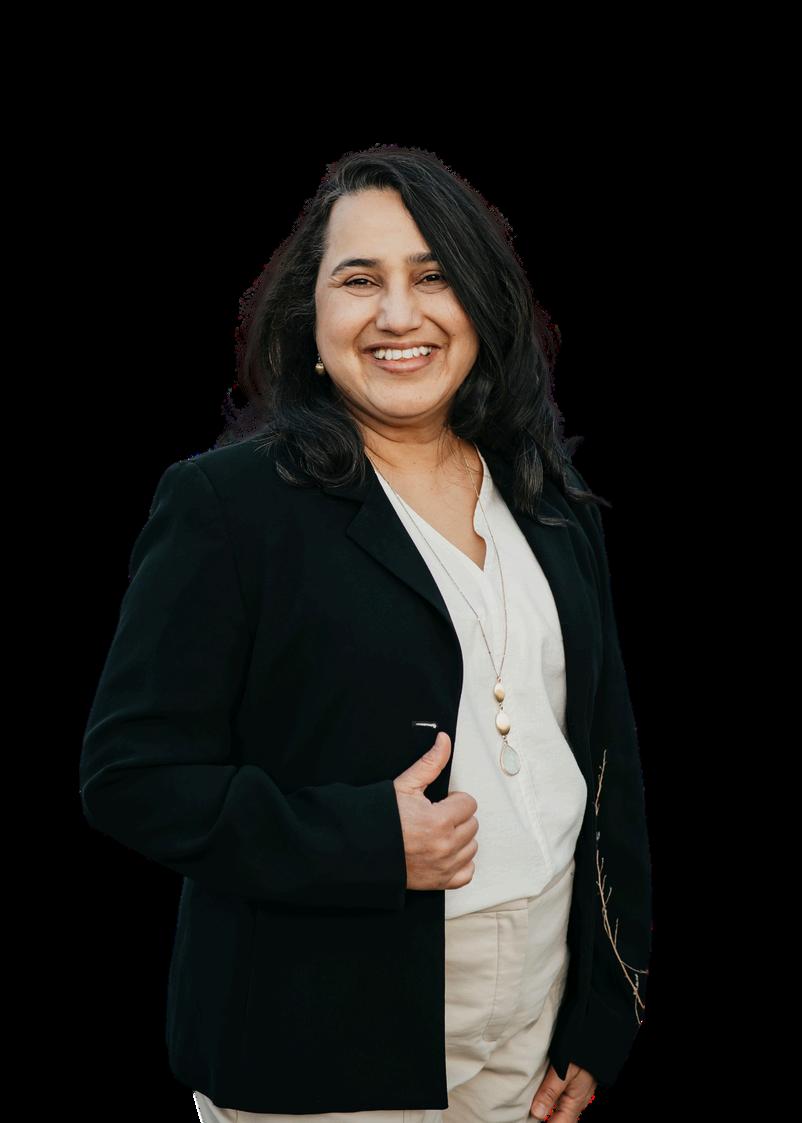
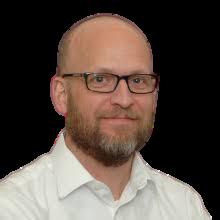
CRF Faculty and Staff
raine Cordeiro ector
Stephanie Covelli Financial Manager
y Deater-Deckard
ctor Family Research
Scholars Program
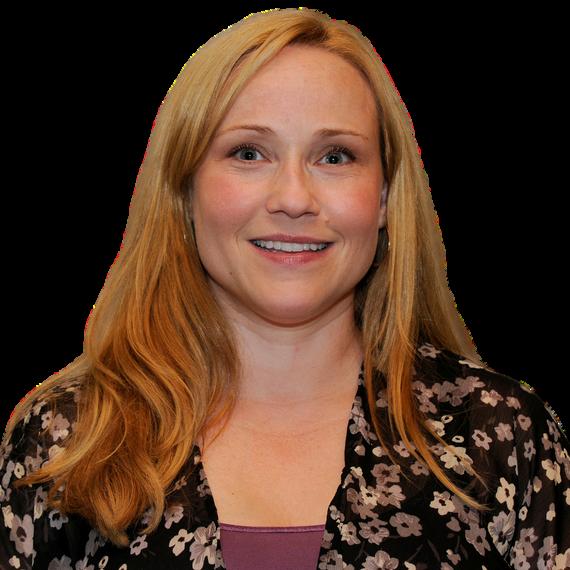
Bi-sek Hsiao Research Fellow
Lara Temkin-Pisani
Associate Director

Holly Laws Director Methodology Program
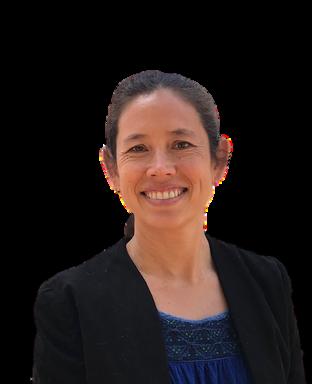
Gabrielle Hill
Events, Communications & Office Manager
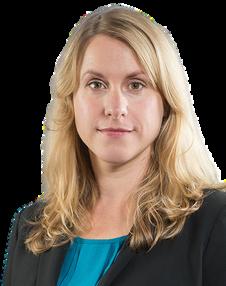
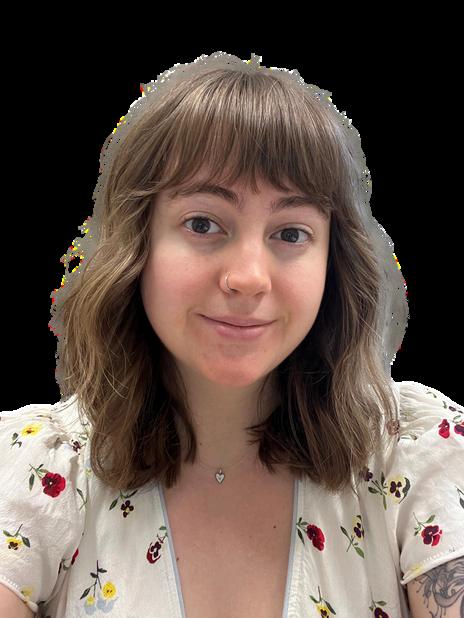

2025 CRF Undergraduate Office Assistants
A special thank you to our 2024 - 2025 undergraduate office assistants: Alexis Aakajar, Marigold Averill, Aryana Colon, Hudson Maks, Dariel Sandiko, and Magdalene Wehel
Alexis Aakajr
Sophomore; Marketing


Marigold Averill
Junior; Marketing
Hudson Maks
Freshman; Public Policy
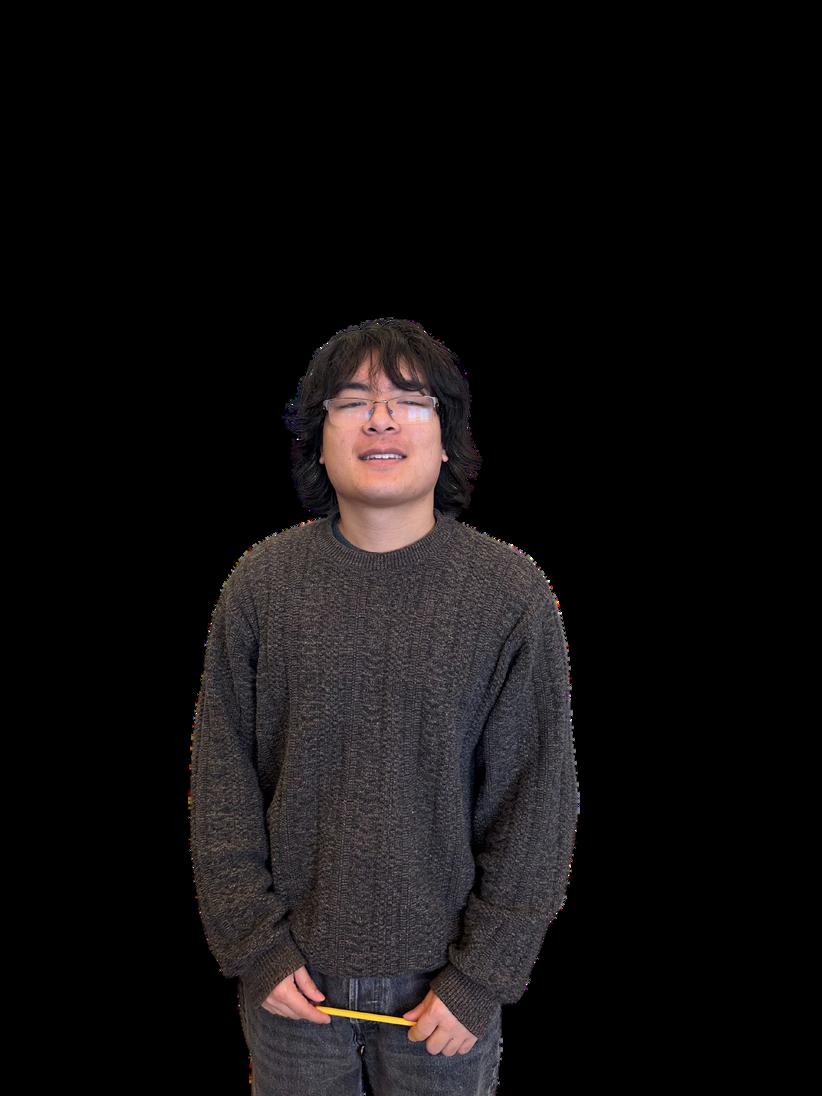
Dariel Sandiko
Freshmen; Economics
Aryana Colon
Junior; Public Health
Magdalene Wehel

Freshmen; Public Health & Business



CRF Methods Staff
Dr. Alexandra Lauterbach
Professor of Education
Qualitative Methodology Expert
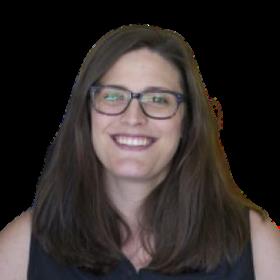
Nathan Huff
Postdoctoral Methodology Consultant
Ann Folker
Graduate Methodology Consultant
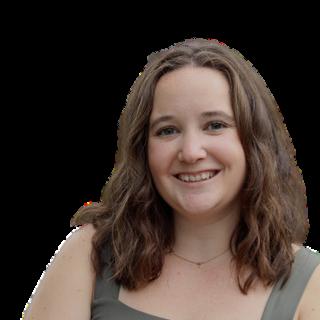
Aanchal Setia
Graduate Methodology Consultant
Ann Folker
Graduate Metho
David Arnold
Laura Attanasio
Joan D. Bero
Marcia Bonica
James E. Bristol Jr., Mary B. Bristol
Dorothy E. Kelly Burnham
Daria Caritano
Mark S. Cavanagh
Susan B. Cavanagh
Rebecca M. Chambers/Spencer
Adrienne K. Christo
Miriam P. Clement
Rika Clement
William P. Clement
Lorraine Cordeiro
Steph Covelli
Melanna Cox
Jonathan Crowley
Matthew Davidson
Kirby D. Deater-Deckard
Chad A. Dizek
Jessica Dizek
Judith Edmunds
Conrad P. Ferrara
Jean C. Ferrara
Stephanie Flaherty
Dorothy D. Gavin
Joseph G. Gavin, Jr.
Harriet K. Gilman
James W. Gilman
Irving Goldberg
Chaitra Gopalappa
Harold D. Grotevant
Marjorie H. Grout
Elizabeth A. Harvey
Recent Donors
Lili He
Michele Hein
Dorthy V. Herman
Mary Ann Higgins
Bi-sek Hsaio
Marjorie A. Hutter
Christine E. James
Michael J. Jenkins
Joshua A. Kaiser
Karen A. Kalmakis
William P. Kalmakis
Diane Keating
Dorothy E. Kelly Burnham
Palista Kharel
Ezekiel W. Kimball
Theresa A. King
Olivia Tulie Laramie
Patricia D. Lavoie
Holly B. Laws
Lynnette Leidy Sievert
Susan Leschine
Pamela B. Liebman
Gisele Litalien
Diane Lopez
Tara Mandalaywala
Catherine Manly
Christopher Martell
Airín Martínez
Anne McSweeney
David M. Mednicoff
Dhara A. Meghani
Joya Misra
Mary L. Moffett
Amanda Moore
Dorothy Morua-Fernandes
Mariana Pereira
Maureen Perry-Jenkins
Katie M. Potter
David Powers
Sally Powers
Sharon F. Rallis
Angela M. Russo
Aline Sayer
David Sela
Deborah Sidur
Jean Smith
Andrew Stephens
Lara Temkin-Pisani
Aloen Townsend
Laura N. Vandenberg
Wendy Varner
Aida Villanueva
Marguerite M. Walker
Anna H. Weyher
John A. White, IV
Lisa M. White
Amanda L. Woerman

Dorothy Dunklee Gavin and Lorraine Cordeiro

